"All utopias are depressing because they leave no room to chance, to difference, to those who are 'different'. Everything has been ordered; order reigns. Behind every utopia lies a great taxonomic design: a place for everything and every thing in its place."
(Georges Perec, Thoughts of Sorts)
I was born in 1976 in communist Bulgaria (1944-1989) and raised with the belief in the communist ideals: public ownership in a classless society free of capitalist oppression and ruled by the working class, where everyone contributes according to their ability and receives according to their needs; equality and brotherhood among nations; free education and healthcare; common means of production... In 1989 the communist utopian experiment came to its end in Bulgaria, followed until today by poverty, corruption, and unprecedentedly high levels of emigration toward the West.
I have been living in the Netherlands for 20 years now, which is governed by a parliamentary democracy. I walked the path from illegal immigrant to a holder of Dutch nationality and I am still struggling to find my place in society – this is the main subject of my artistic practice.
'Far away from home: the voices, the body and the periphery' is a project inspired by a heated debate that took place some time ago. In public, a Dutch citizen with an academic background asked me: "Are you a communist?"
To understand what it means to be a communist, I have chosen to place the word in its historical contexts in the Netherlands and in Bulgaria.
Before, during, and after WWII the Dutch government had seen a conqueror and a great danger in the face of the communist ideology. The Dutch communists played an important role in the Resistance during the war (when the Netherlands was occupied by Nazi Germany), and many lost their lives in prisons and Nazi concentration camps. They did not, however, receive real recognition for their deeds after the Liberation and were excluded from the ruling government.
In Bulgaria, the communists, with the help of the Red Army, became the main ruling political power after the war, which today is declared criminal and totalitarian. Nevertheless, at present, a big part of the political establishment has ties to the former communist State Security Service, applying the 'old' (originating from the past) methods of governance. This results in a lack of public memory about the existence of forced labour concentration camps in Communist Bulgaria.
When coming back to the question of my relation to communism, I took these two historical contexts into consideration. On the one hand, I researched the participation of the Dutch communists in the Resistance in the occupied Netherlands and their persecution during WWII, and on the other the criminal deeds of the Bulgarian communists aimed at realising the communist utopia in Bulgaria after the war. Being in between these two contexts, I asked myself: "Do the local people see me as a victim (resistance fighter) or a perpetrator? Am I what they think of me?"
To answer these questions, I started an investigation of the historical events by 'walking' in the footsteps of the Dutch and Bulgarian communists. The information for my artistic research is drawn from the collective and individual memory that can be found in both countries: archives, literature, testimonies, academic research, and my own experience and fieldwork.
I took photographs at commemorative sites at former Nazi concentration camps in the Netherlands, Germany, France, Austria, and Poland, where many Dutch communists were murdered. I have also tried to find the locations of former communist concentration camps in Bulgaria (today many of them are only approximately known), which were intended for whoever disagreed with the regime.
Engaging with history and realizing that what is remembered of the past is a construction that reflects on our idea of who we are, I wish to provoke a debate on our shared future in Europe: what does it mean to be seen as a 'communist' today or to define yourself as one? What is the common ground of ideologies like communism and National Socialism and what is their significance for the 'average' citizen of Europe? How do different societies organize their memory culture and are they able to bring it into a critical perspective? How to build my own narrative that is critical, but ethical at the same time, and which creates space for a stimulating dialogue for mutual understanding? How do the interpretation of history and the politics of remembrance influence the forming of our identities and our view on the future?
Awards/Selections:
The 9th Singapore International Photography Festival Photobook Showcase, shortlist
The Athens Photo Festival Pick:24 Book Award
The Kraszna-Krausz Photography Book Award 2024
The Best Dutch Book Designs of 2023: selected by the expert and student jury
The Best 10 Dutch Photobooks of 2023 by Merel Bem, Arno Haijtema en Mark Moorman for the Dutch national newspaper de Volkskrant
The Paris Photo - Aperture Photobooks Awards 2023: Photobook of the Year, shortlist
The Les Rencontres d'Arles 2023 Photo - Text Book Award, shortlist
The Encontros da Imagem 2023 Photobook Award, shortlist
Interviews/Book Reviews:
We were normal people (in Bulgarian), Obscura Podcast EP3, Interview by Stephanie Stoeva, obscuramag.com
Page Turner Prize by Peter Dench, Amateur Photographer Magazine
Self-Published Books: Far Away From Home by Hristina Tasheva, Book Review by Colin Pantall, Source Magazine, Issue 115
Interview: Hristina Tasheva, Seeing and Being Seen by Peter Romijn on fotodok.org
Interview with Hristina Tasheva by Zach Ritter published on americansuburbx.com
FOTODOK BOOK TALKS #37, live talk show by Rob Hornstra and Giya Makondo-Wills in Tivoli Utrecht & Online
De Holanda a Bulgaria, imágenes de los dos extremos del comunismo by Gloria Crespo MacLennan for Babelia - El País
Edition of 300
Size: 210 mm x 297 mm; inserts 180 x 267 mm; label on spine 158 x 100 mm
Spine lined with black Brillianta linen strip up to 15 mm on the front and back
8 page cover
Paper: cover: 290 grams Sirio Color Sabbia; content: 90 grams Biotop; insert: 60 Grams Melo
Pages: 456
Offset printing; Led-UV 1/1 (black)
365 black and white photographs, photo collages, and drawings
Thread sewn binding
Concept, photography and text: Hristina Tasheva
Short story: Concerning the various faces of forgetfulness. My grandfather loved to sing, Lucette ter Borg (writer and art critic)
Photo editing: Hristina Tasheva and Edwin Stolk
Design: Collective Works, The Hague
Translation Dutch-English: Edwin Stolk; Sanne de Vries (Poem by M. van der Lubbe); Max Blokker (Short story by Lucette ter Borg)
Translation Bulgarian-English: Hristina Tasheva
Proofreading/Edit: Sanne de Vries
Printing: NPN Drukkers, Breda
Binding: Boekbinderij Patist, Zaltbommel
Self-published
Language: English
A flower is placed between the pages of each book, gathered during my visits to Dachau and Mauthausen concentration camp memorials.
Special thanks to: Edwin Stolk, Tasho Tashev, Petranka Ivanova and Stojanka Ruseva; Federal Court of Justice (Leipzig); Jan Malecha and Karoline Turner (Buchenwald and Mittelbau-Dora Memorials Foundation), Mihail Marinov (Belene Island Foundation), Plamka Boshnyakova and Dimitar Stoimenov (Archives State Agency); Nikolai Kiryakov and Anton Tonev (Coals-Pernik Ltd., mine Bela Voda), Madlena Rusanova (Byala Reka); Velina Stoykova; Annette Lubbers, Frans Lavell and Clara Rosa Nooter; Martine Stig, Frank van der Stok, Lucette Ter Borg, Astrid Dekkers, Natasha Christia and Carine Dolek.
© Hristina Tasheva 2023
This publication has been made possible thanks to a financial contribution from the Mondriaan Fund, Jaap Harten Fund and Elisabeth Vermaat Müller Fund managed by the Prince Bernhard Cultuurfonds (The Prince Bernhard Cultuurfonds administrates more than 450 Culture Funds by Name).
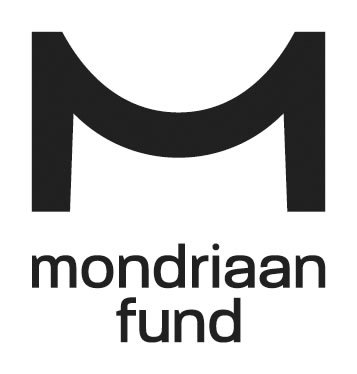 //
// 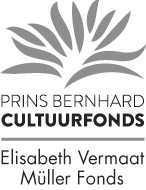 //
// 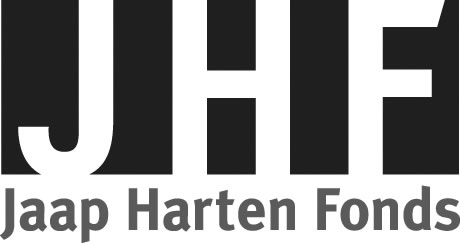
*THE BOOK IS AVAILABLE*
Price: € 69,95 (excl. shipping)
Shipping with track&trace and registered mail:
The Netherlands - € 10,25
EU - from € 12 to € 16
The rest of the world - from € 27 to € 33
Payment is possible via PayPal (htasheva@gmail.com) or a bank account (within the Netherlands - also via iDEAL).
To order, please contact at htasheva@gmail.com
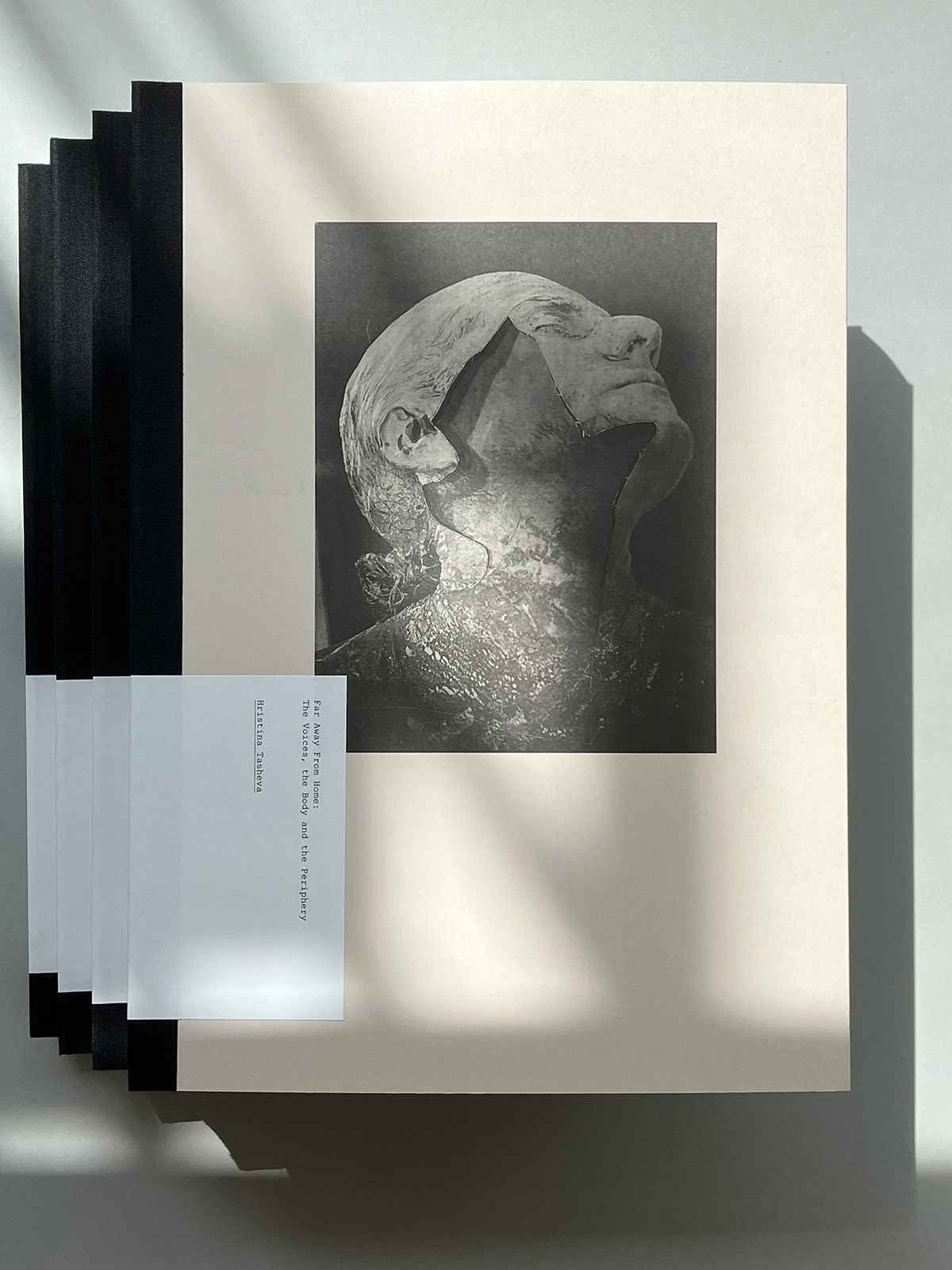
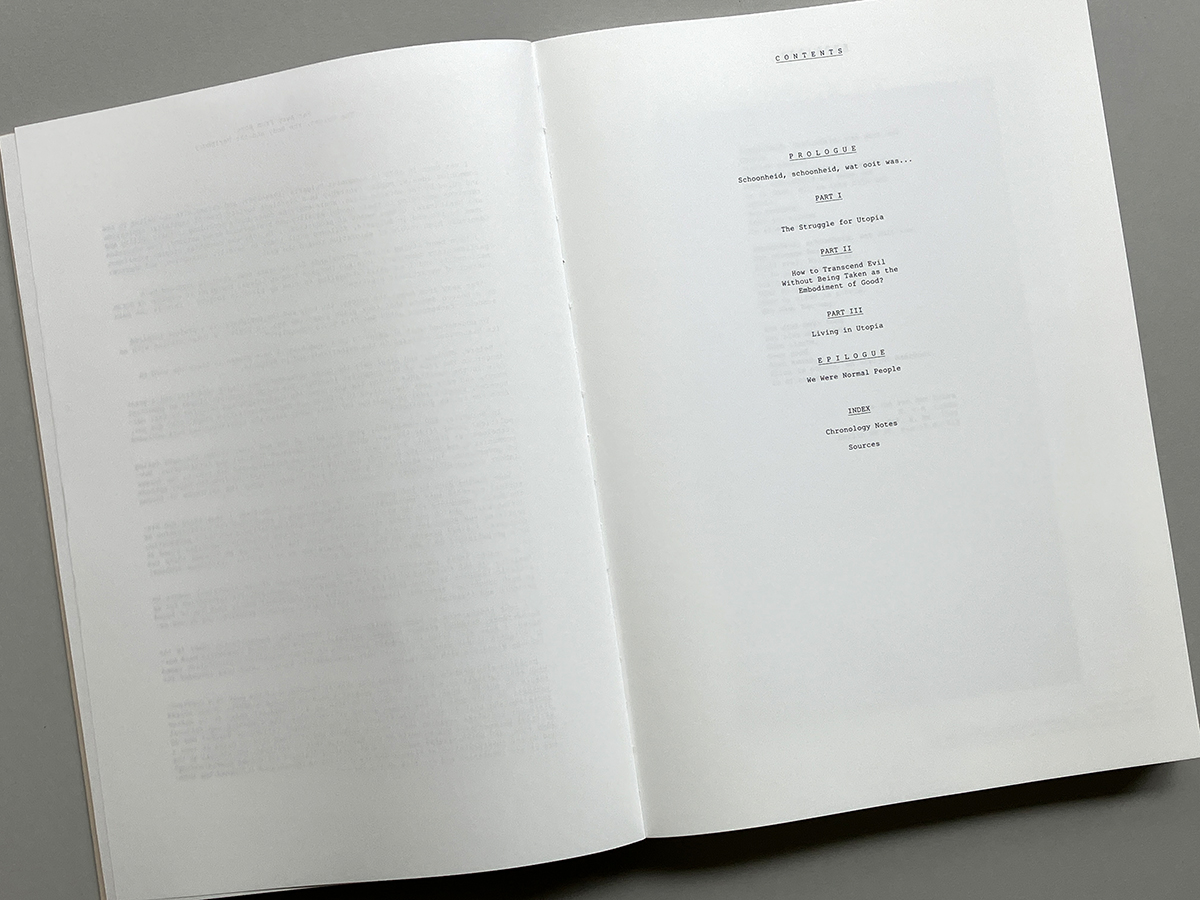
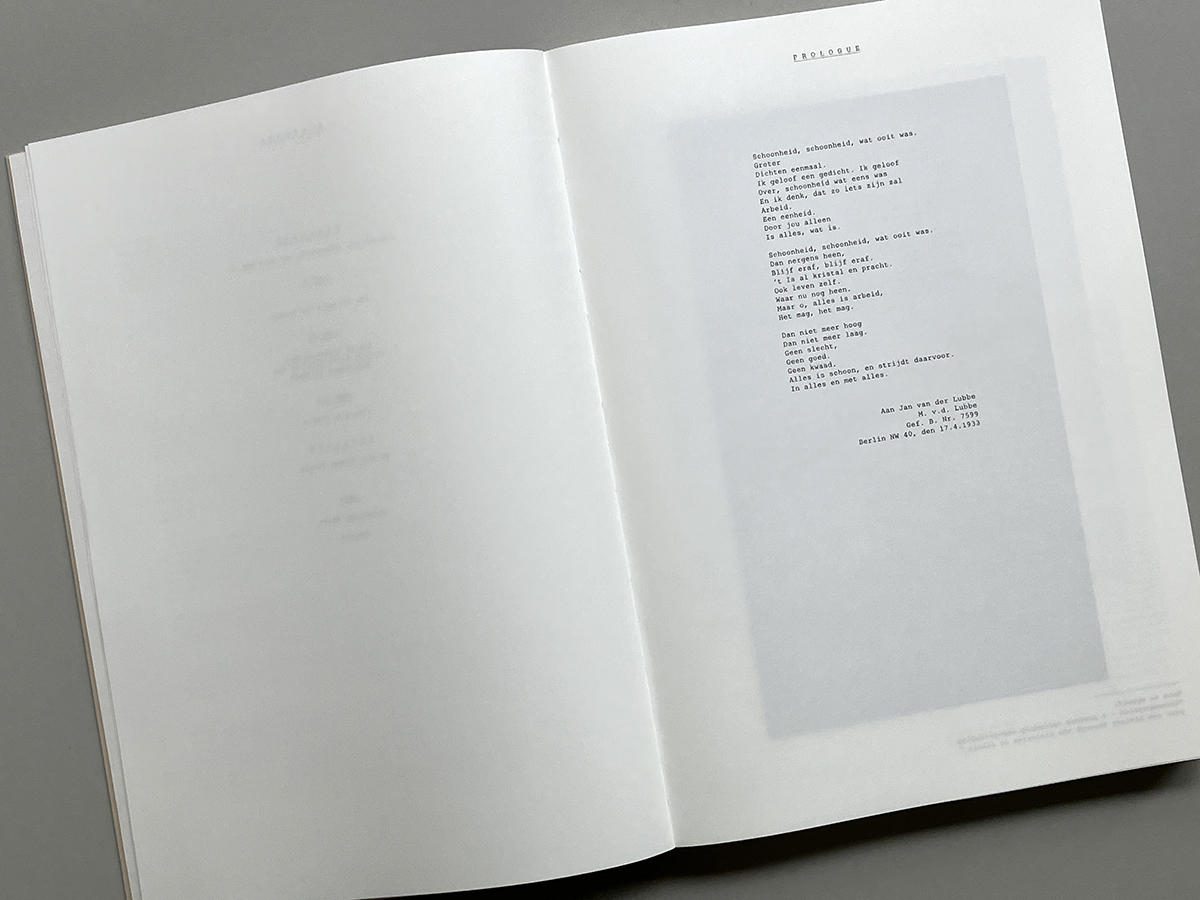
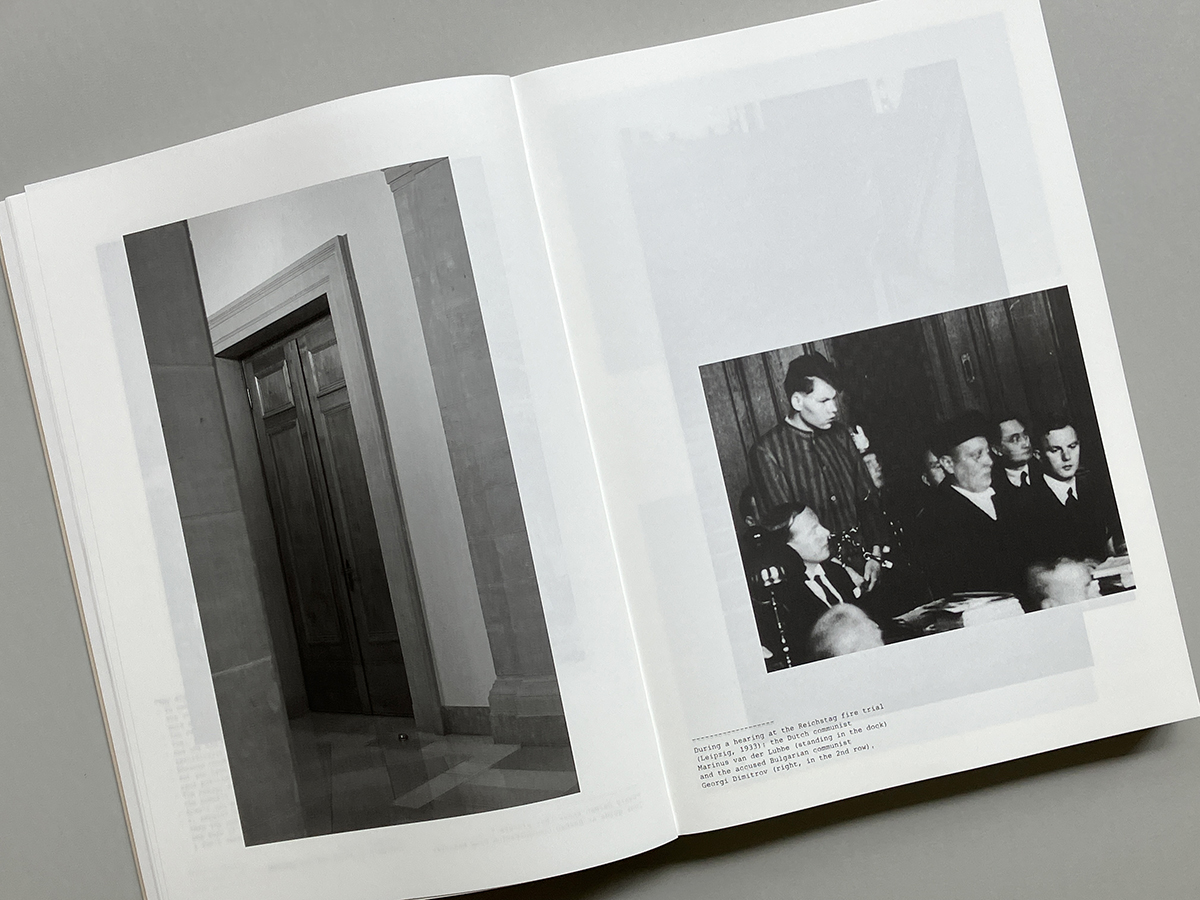
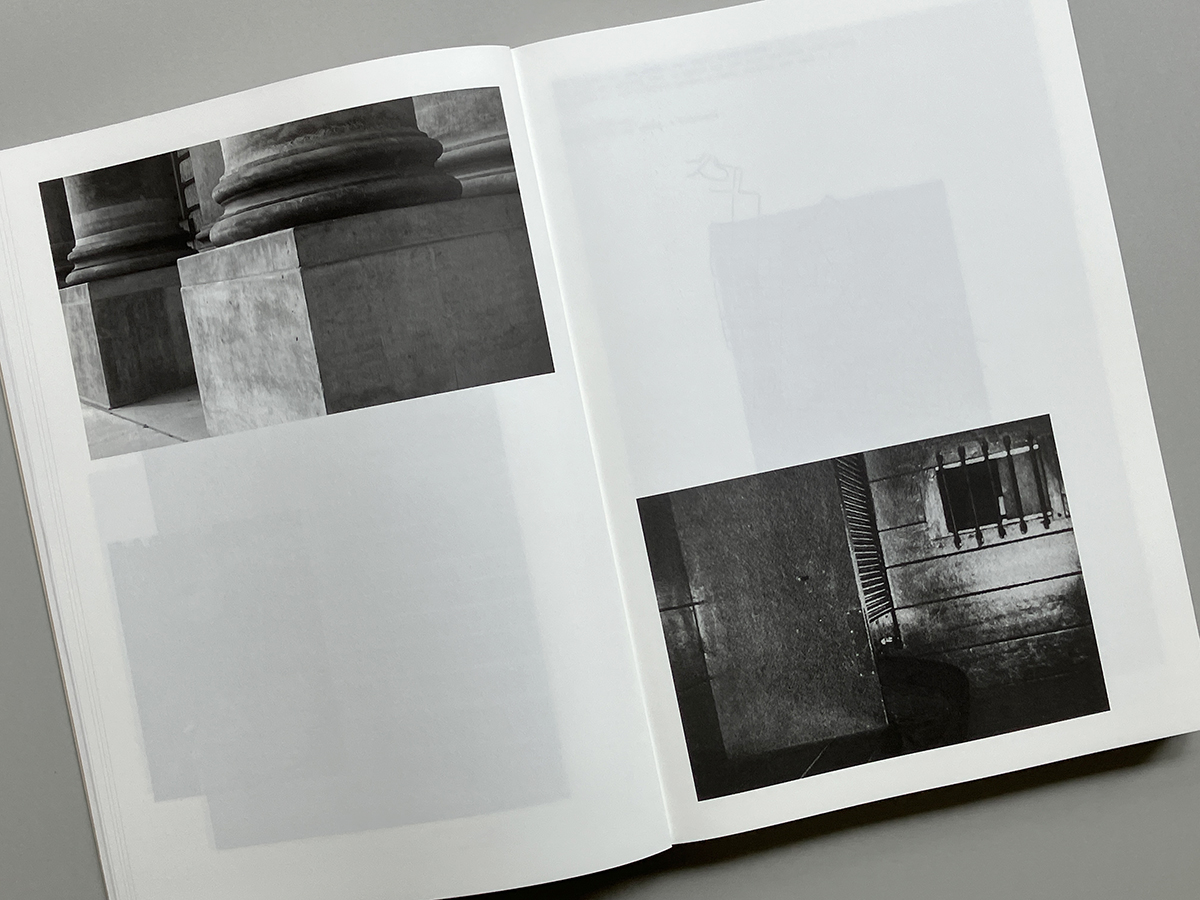
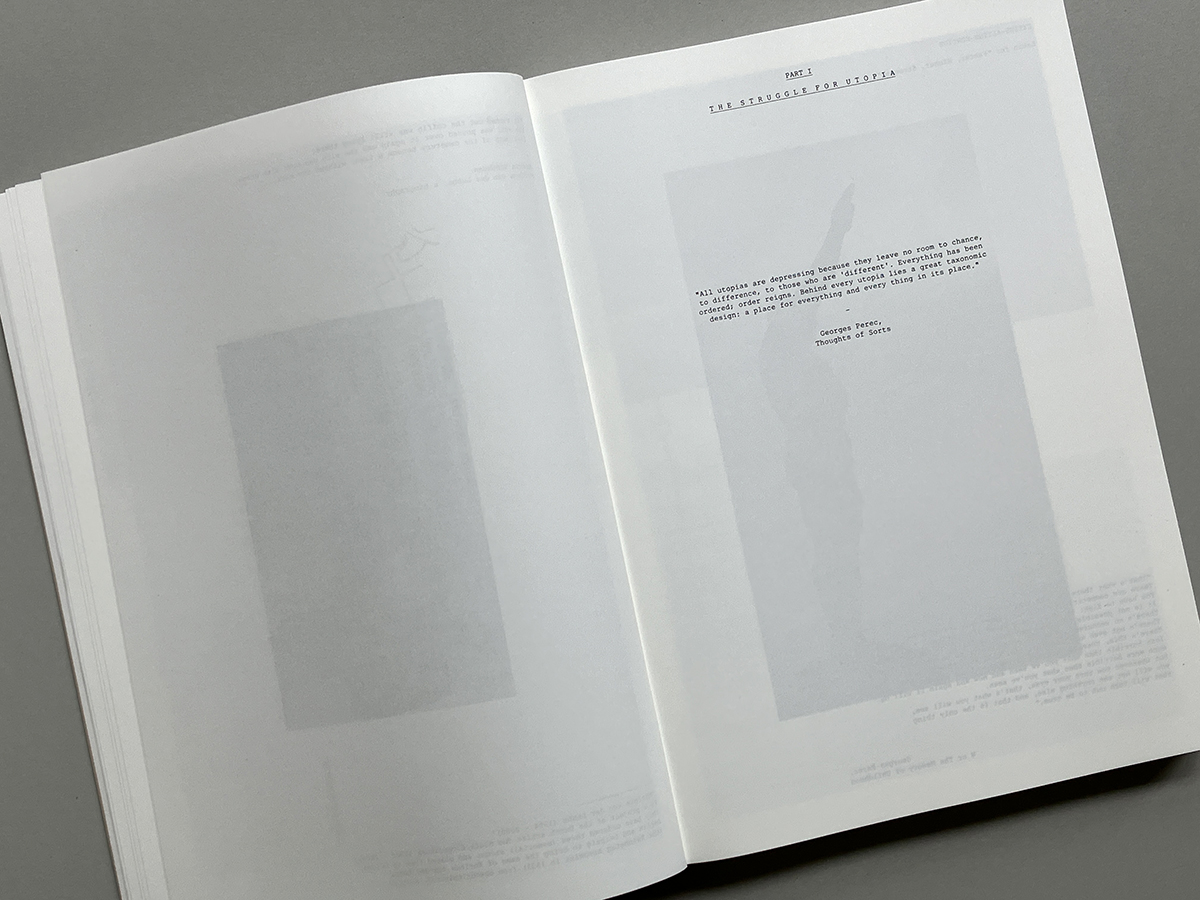
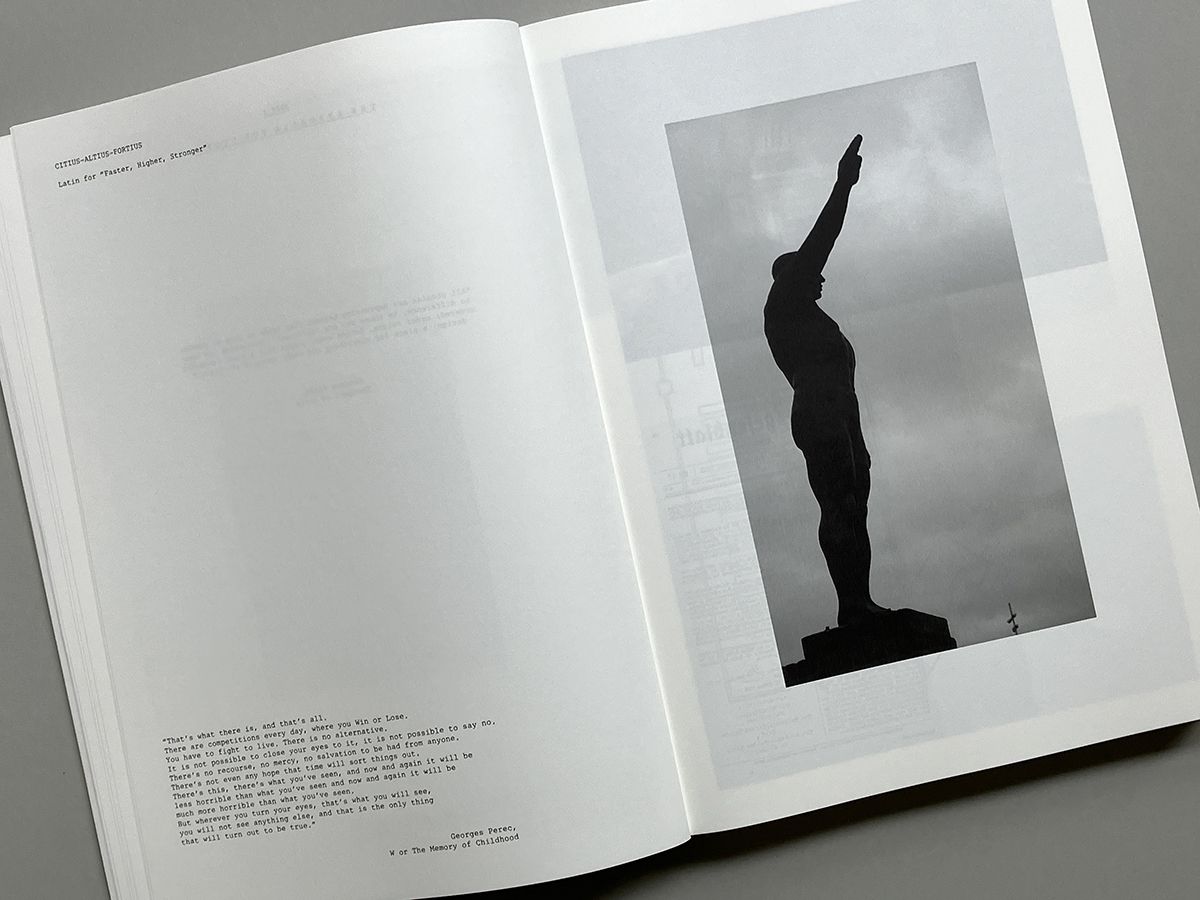
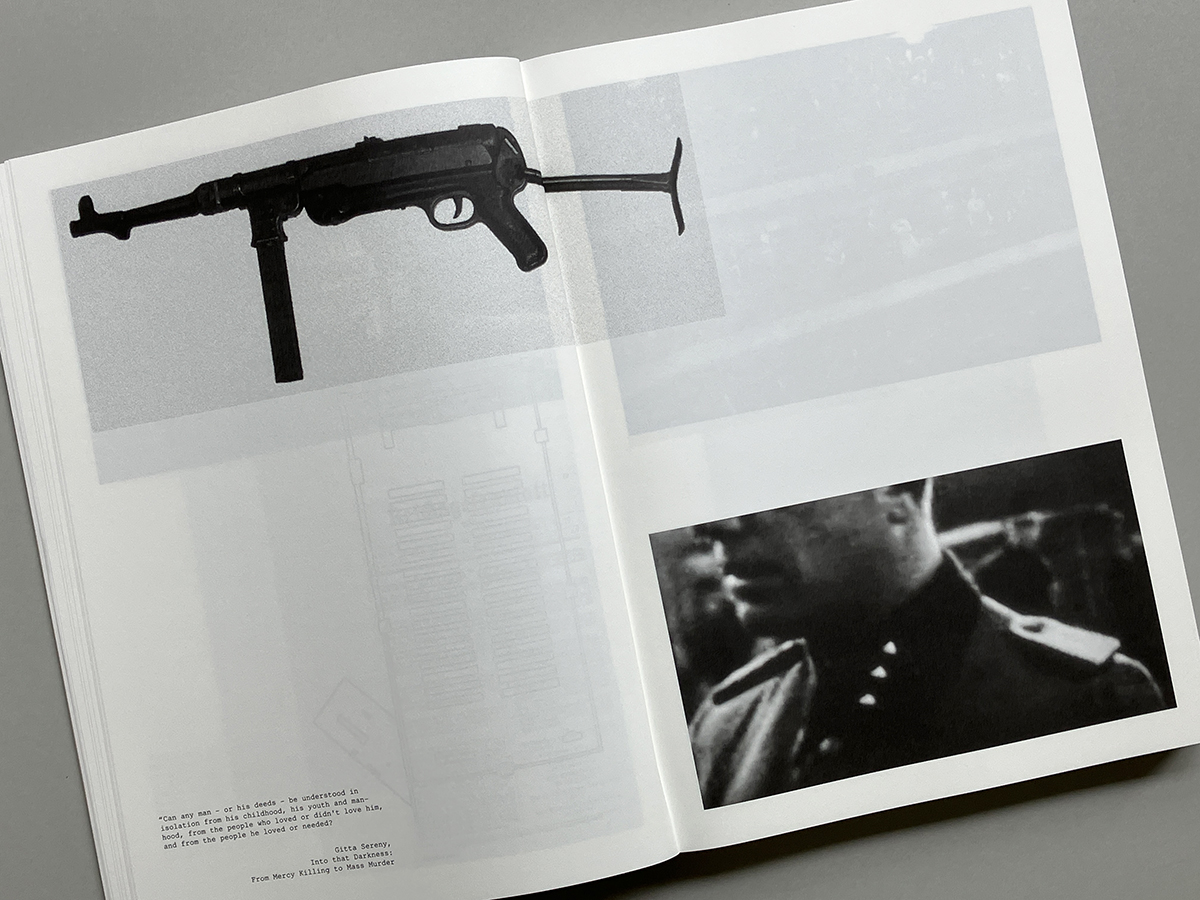
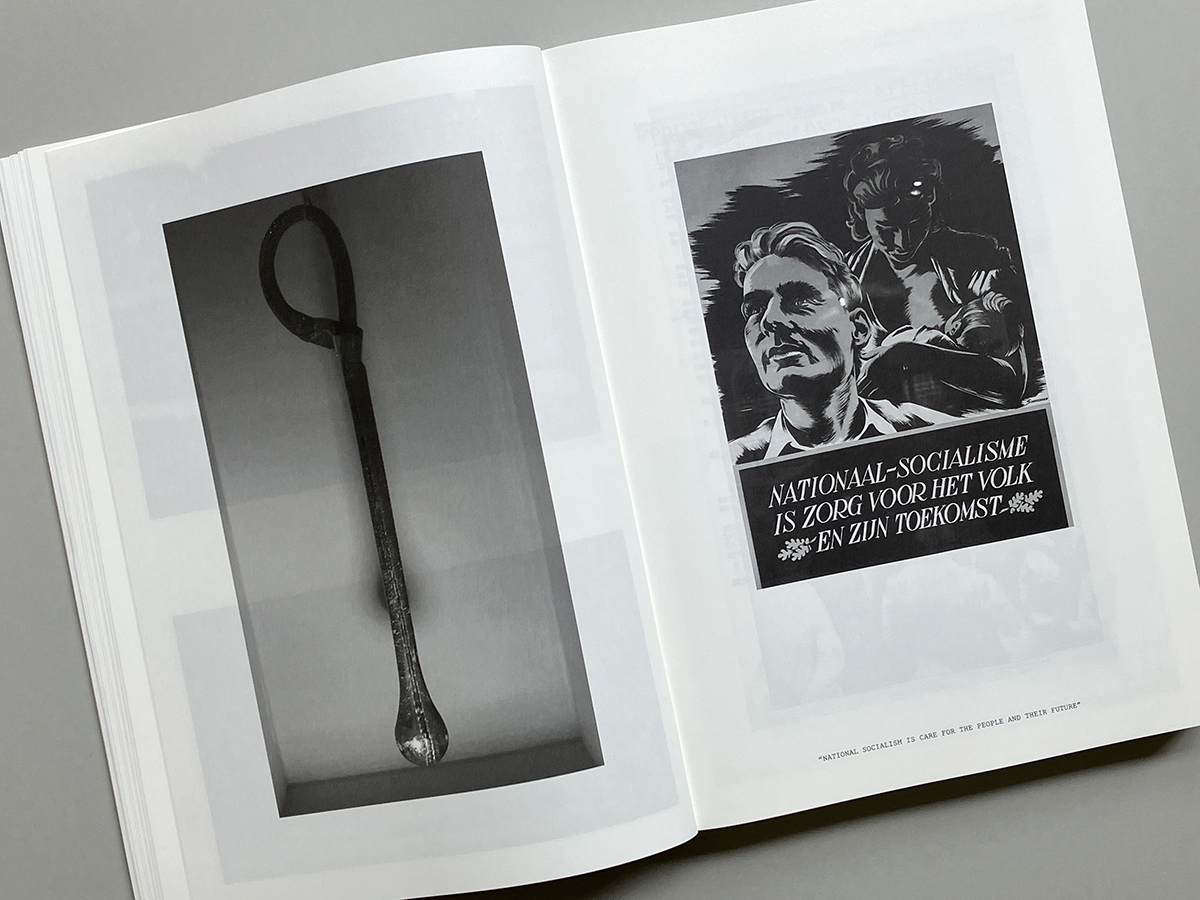
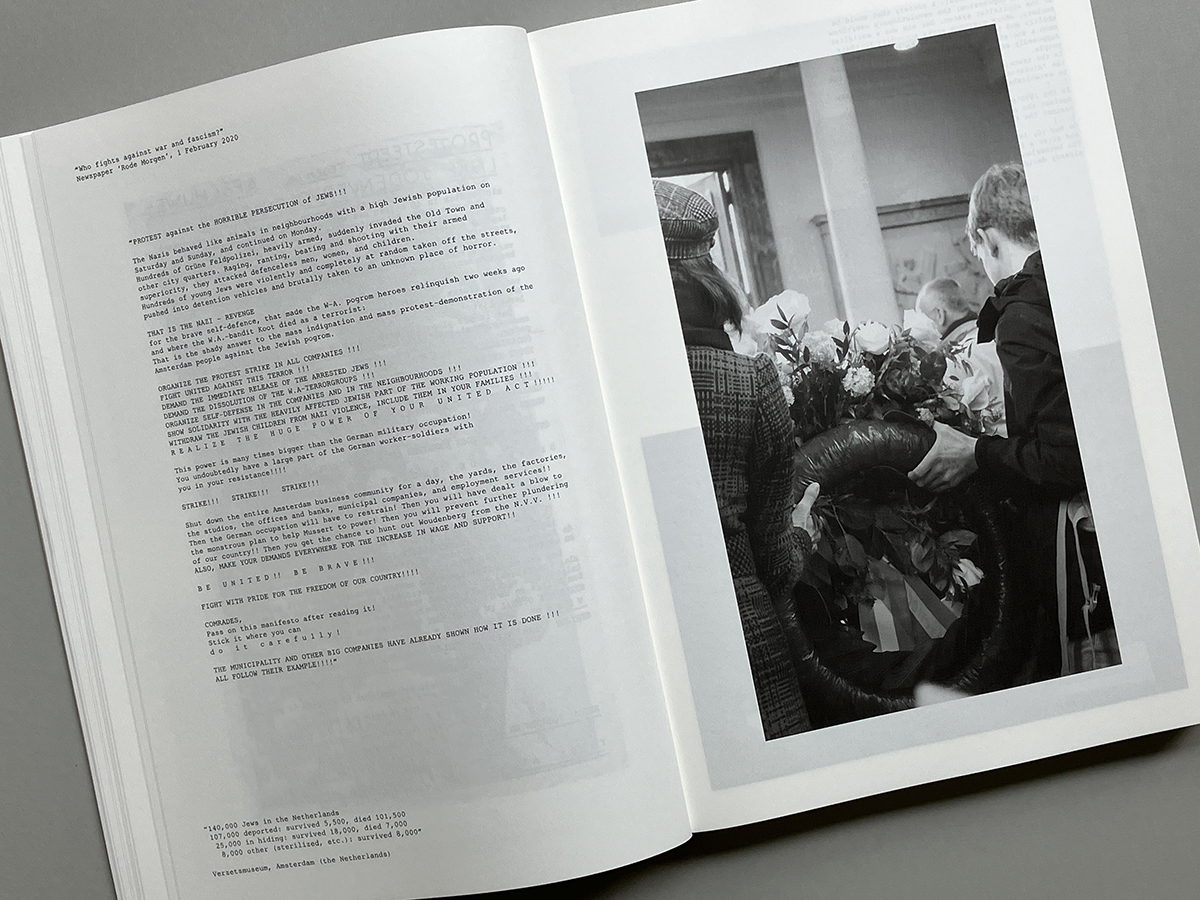
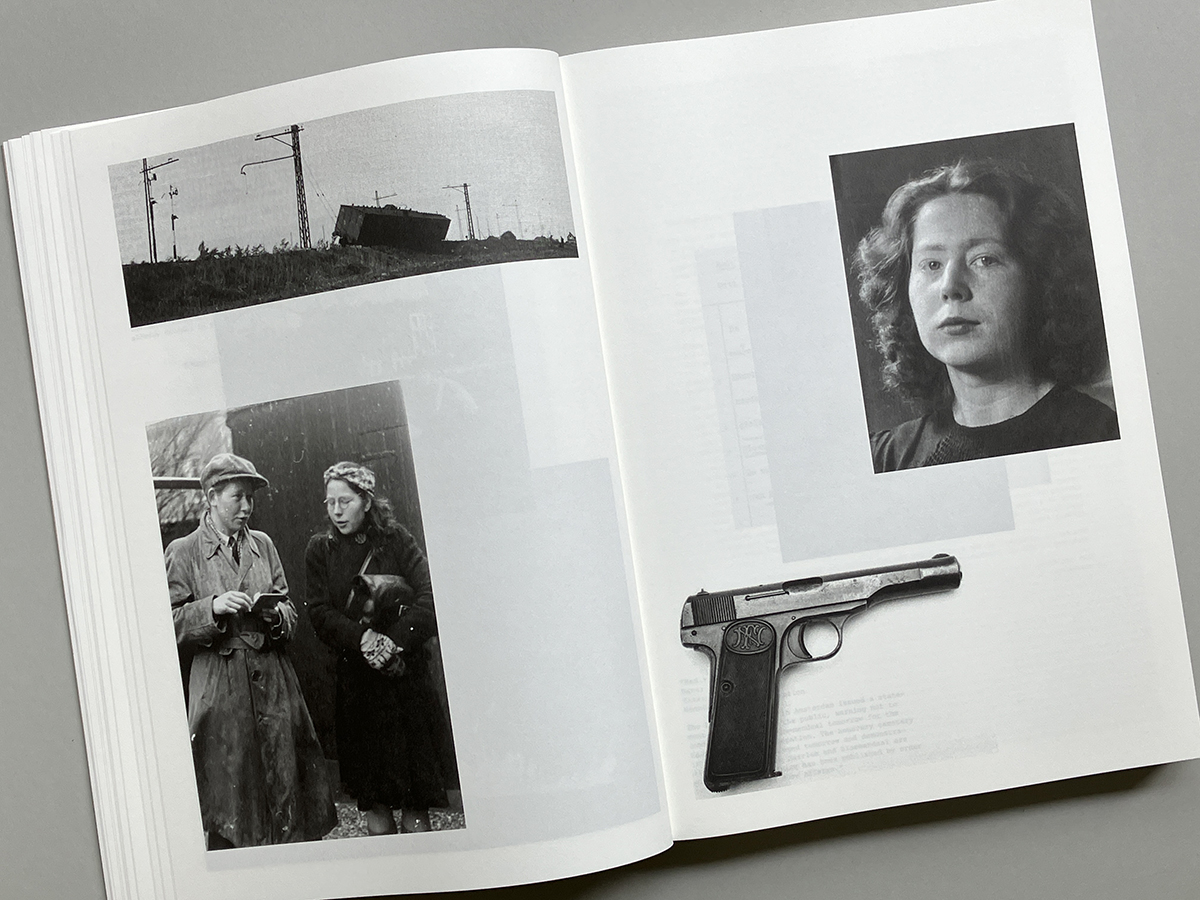
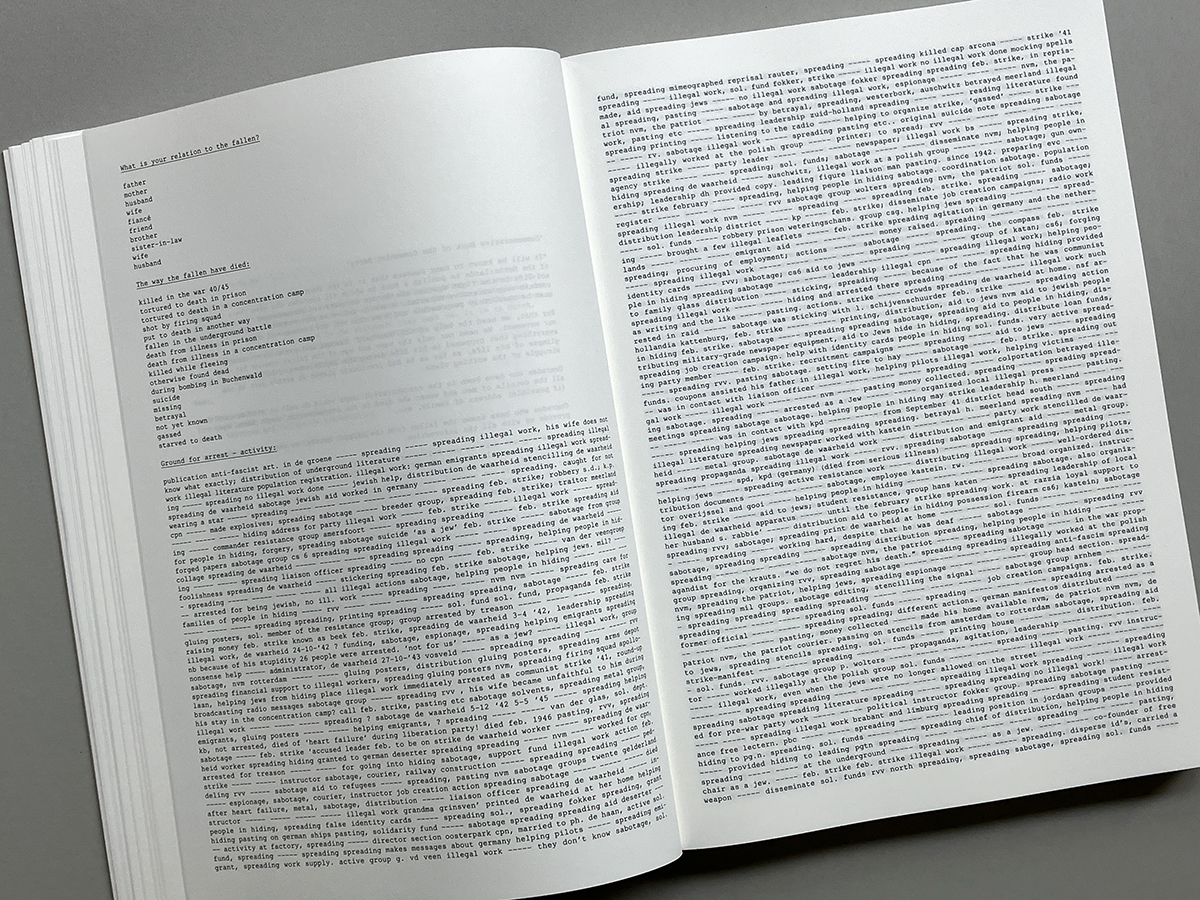
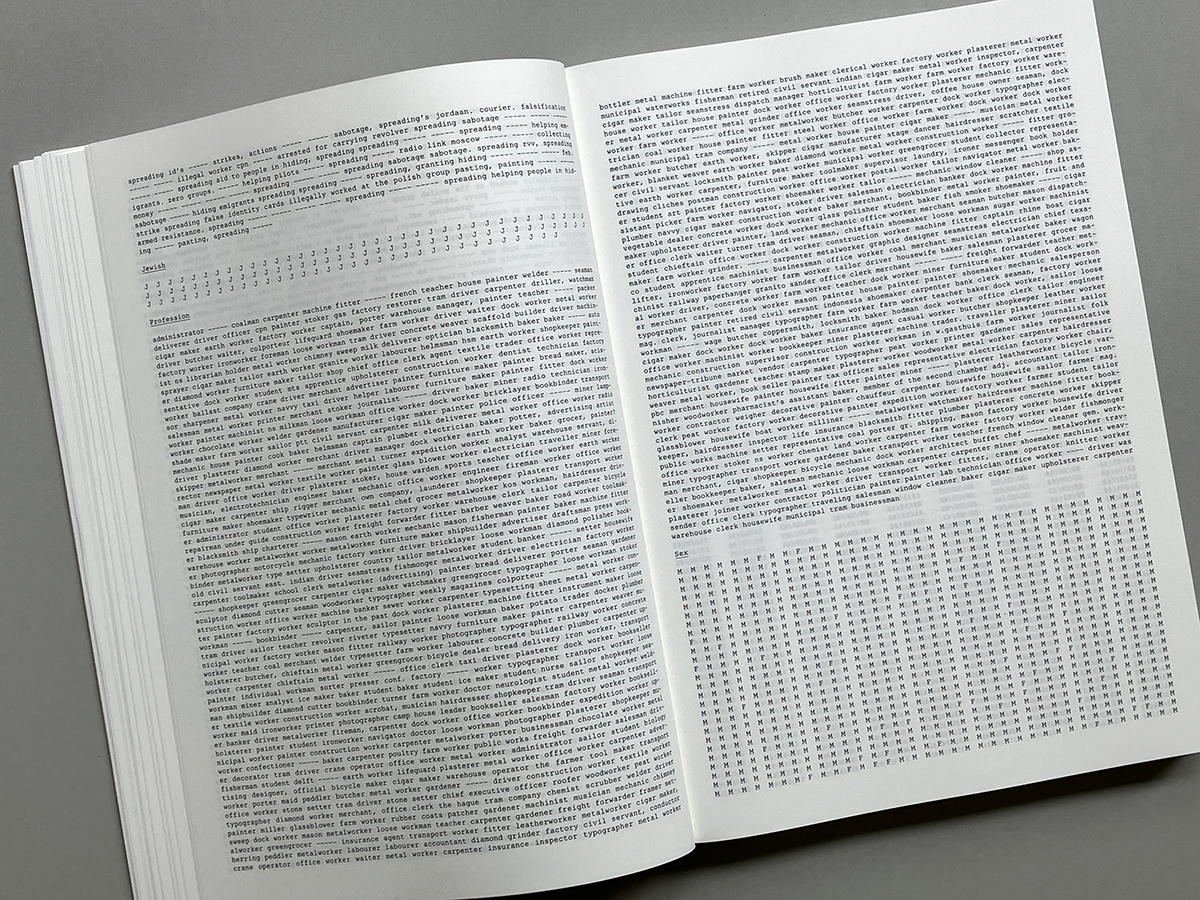
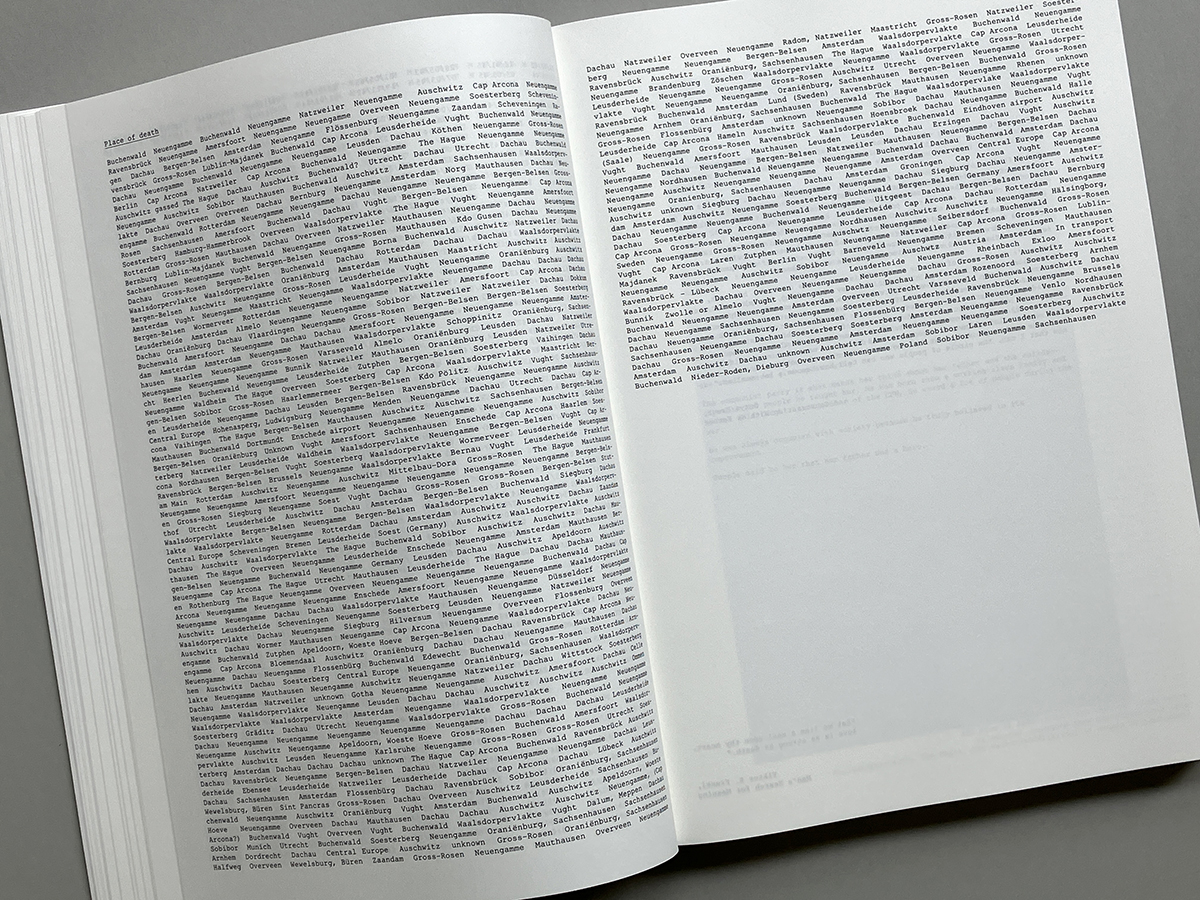
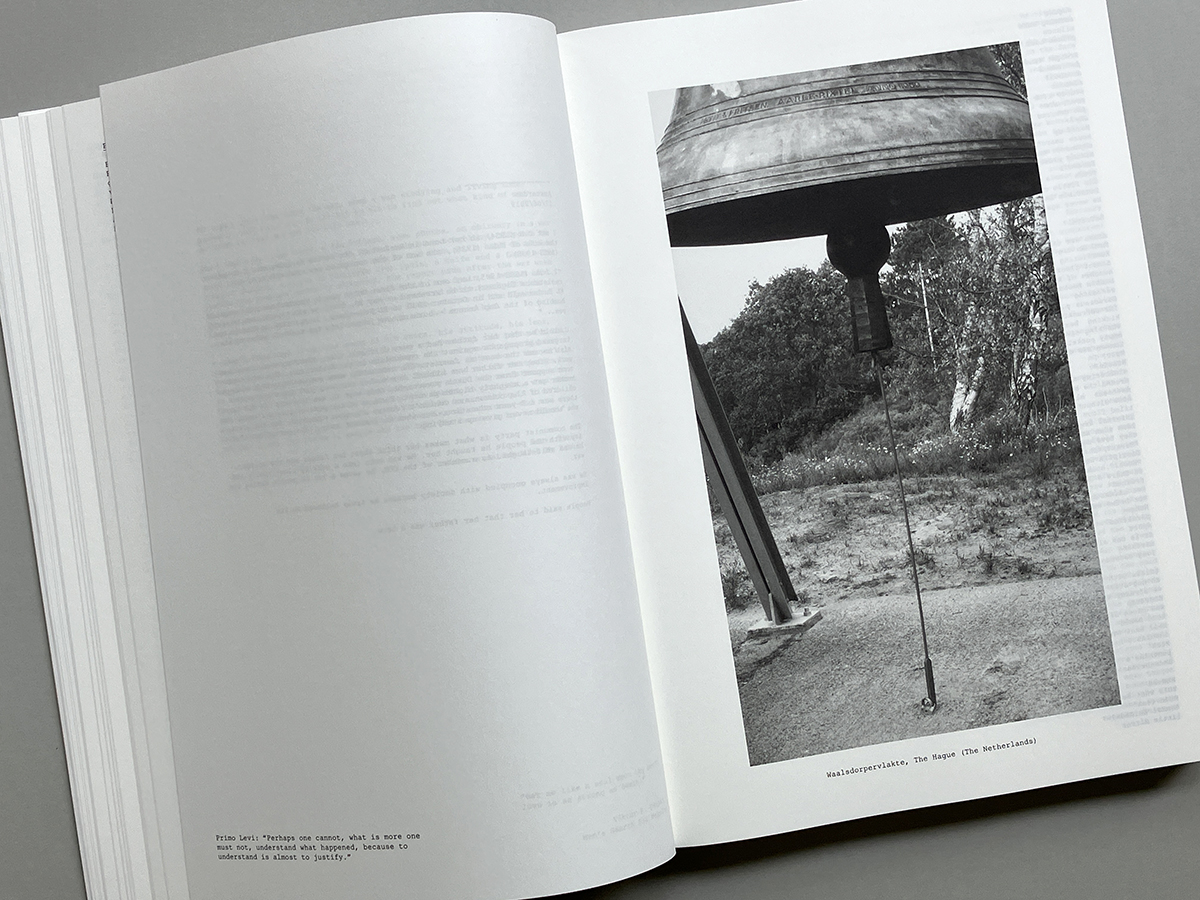
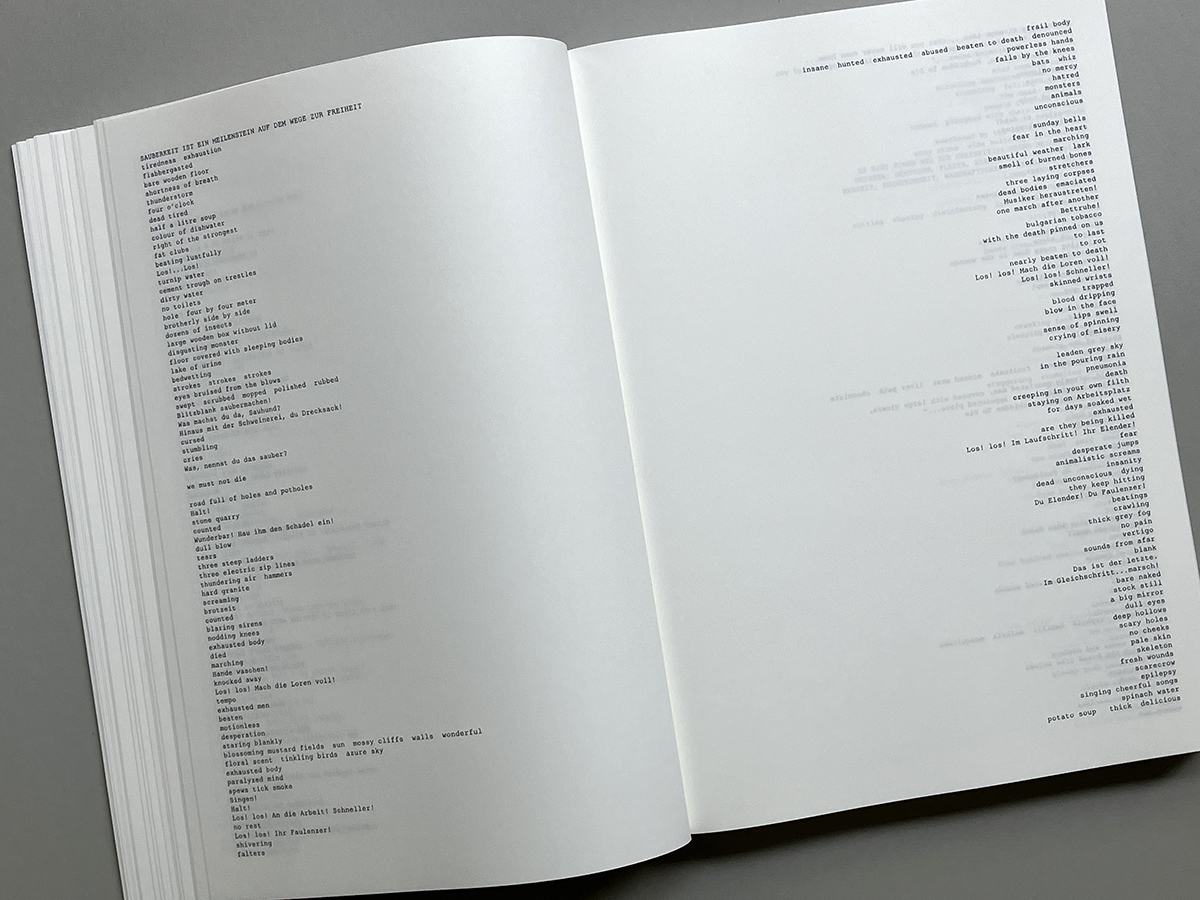
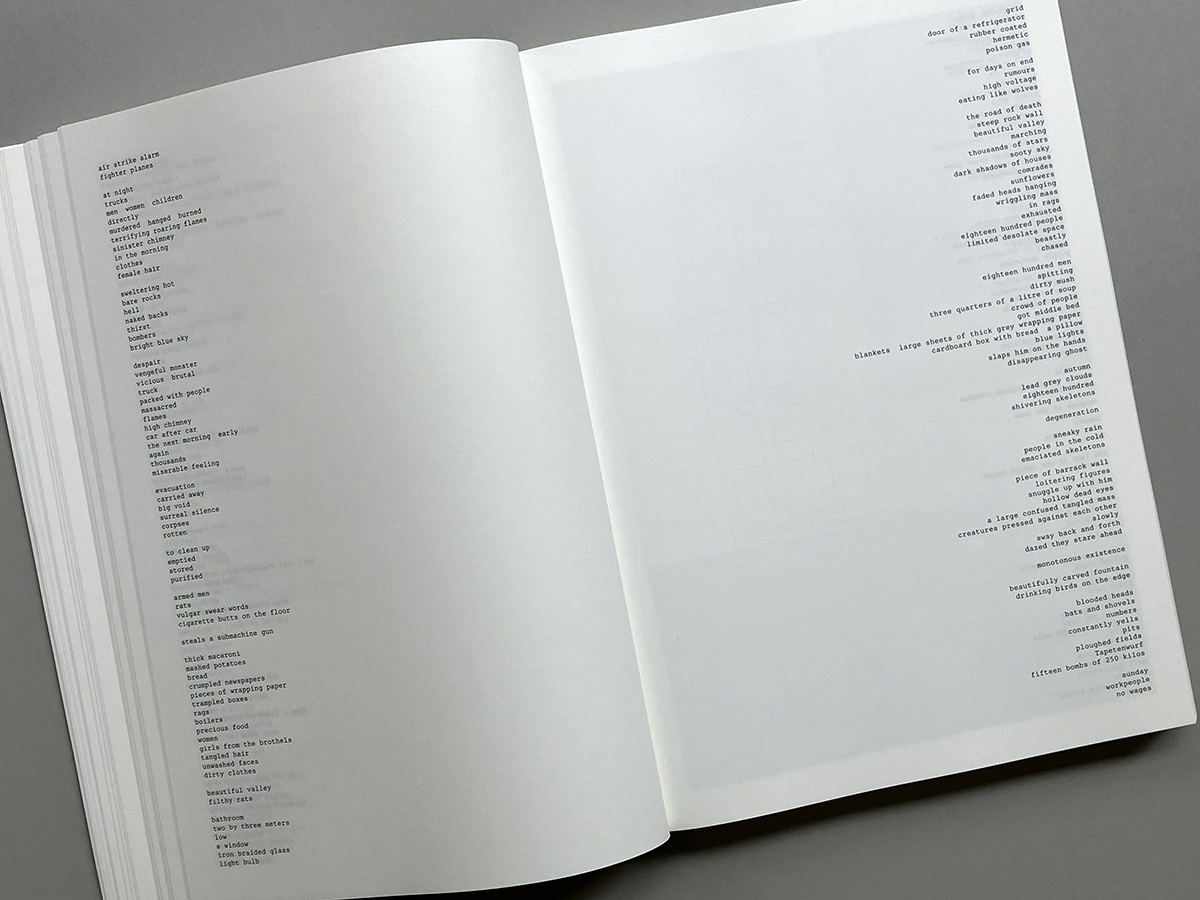
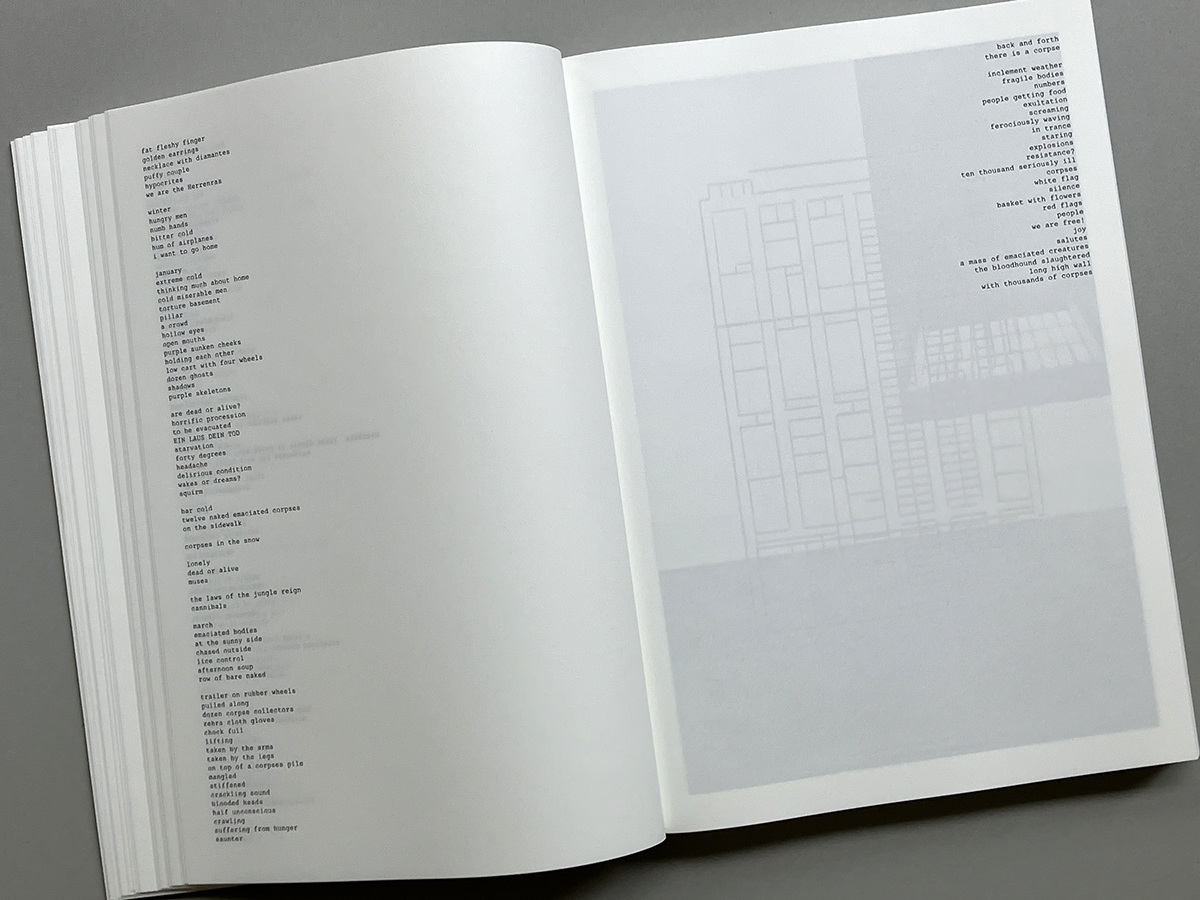
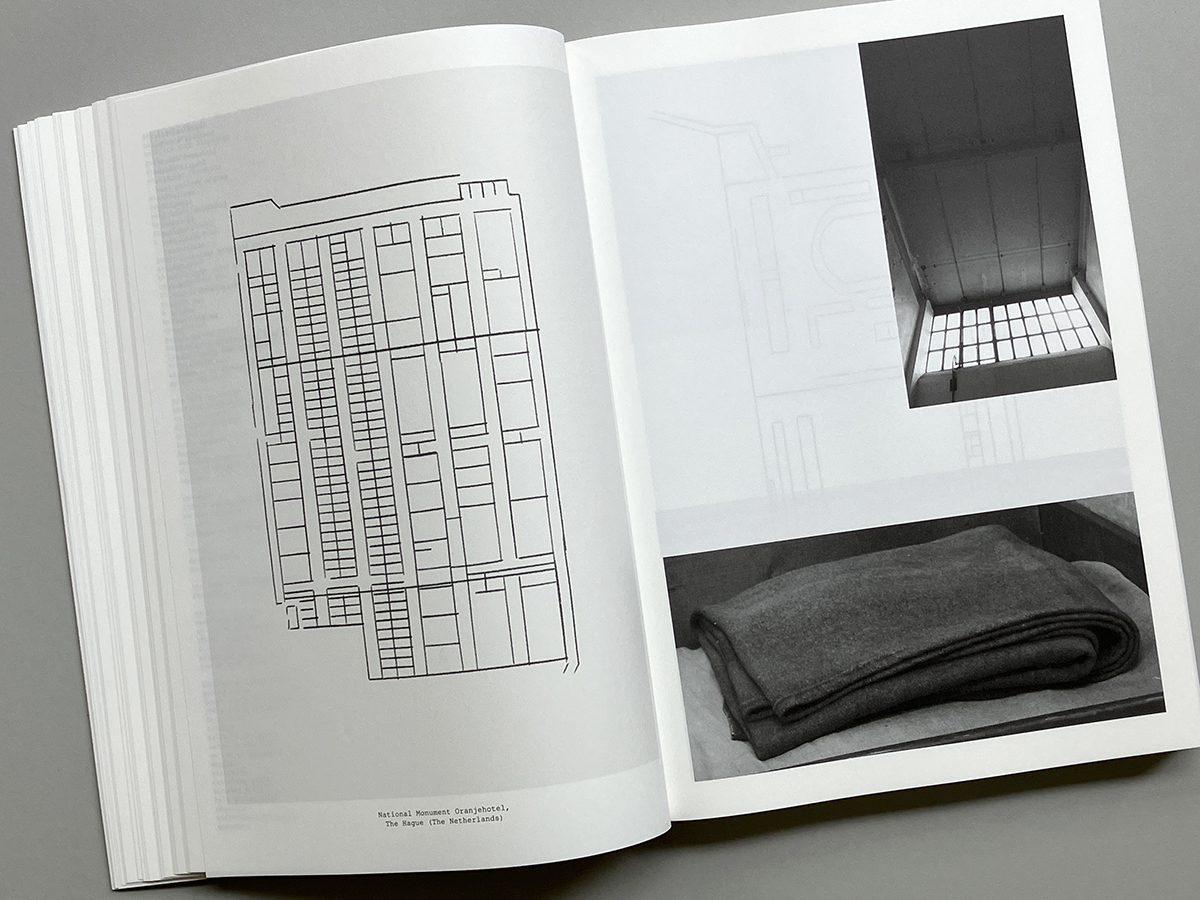
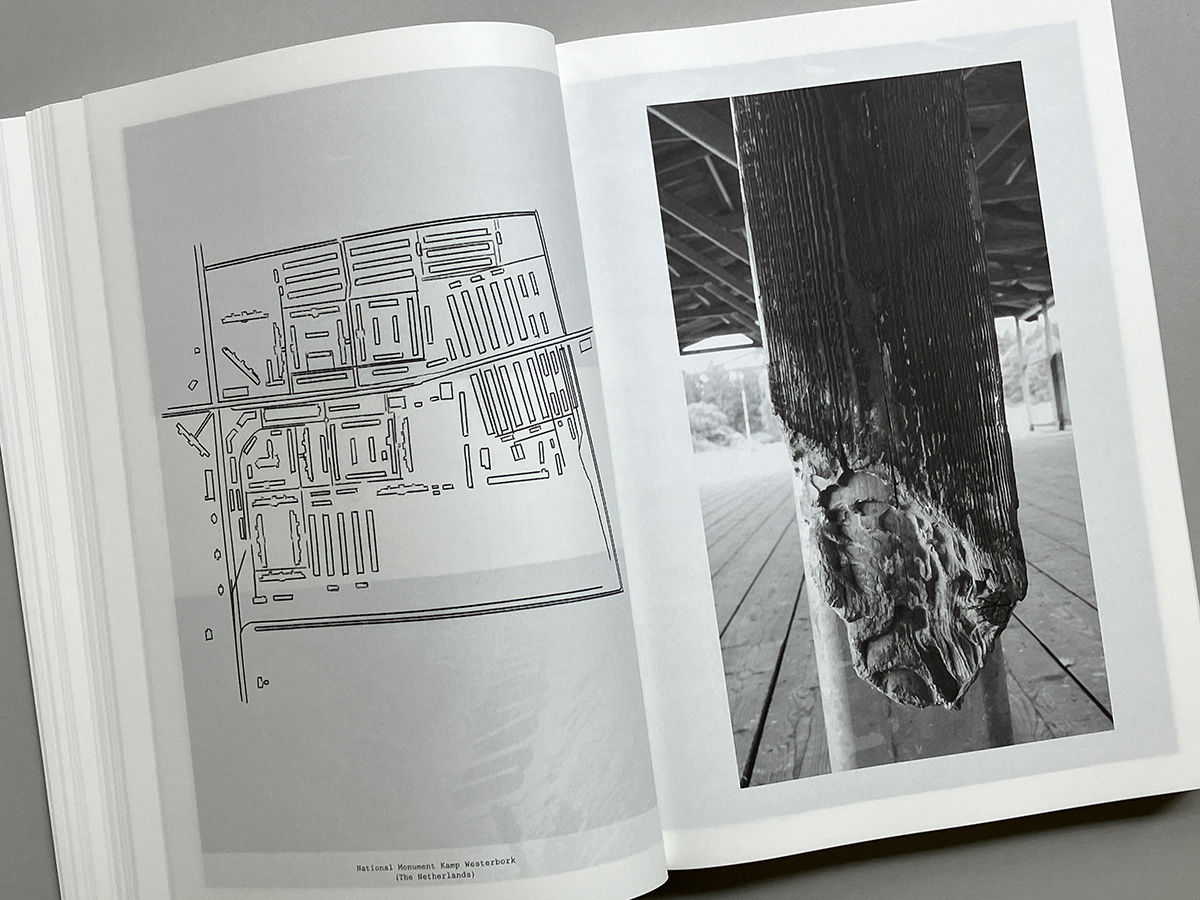
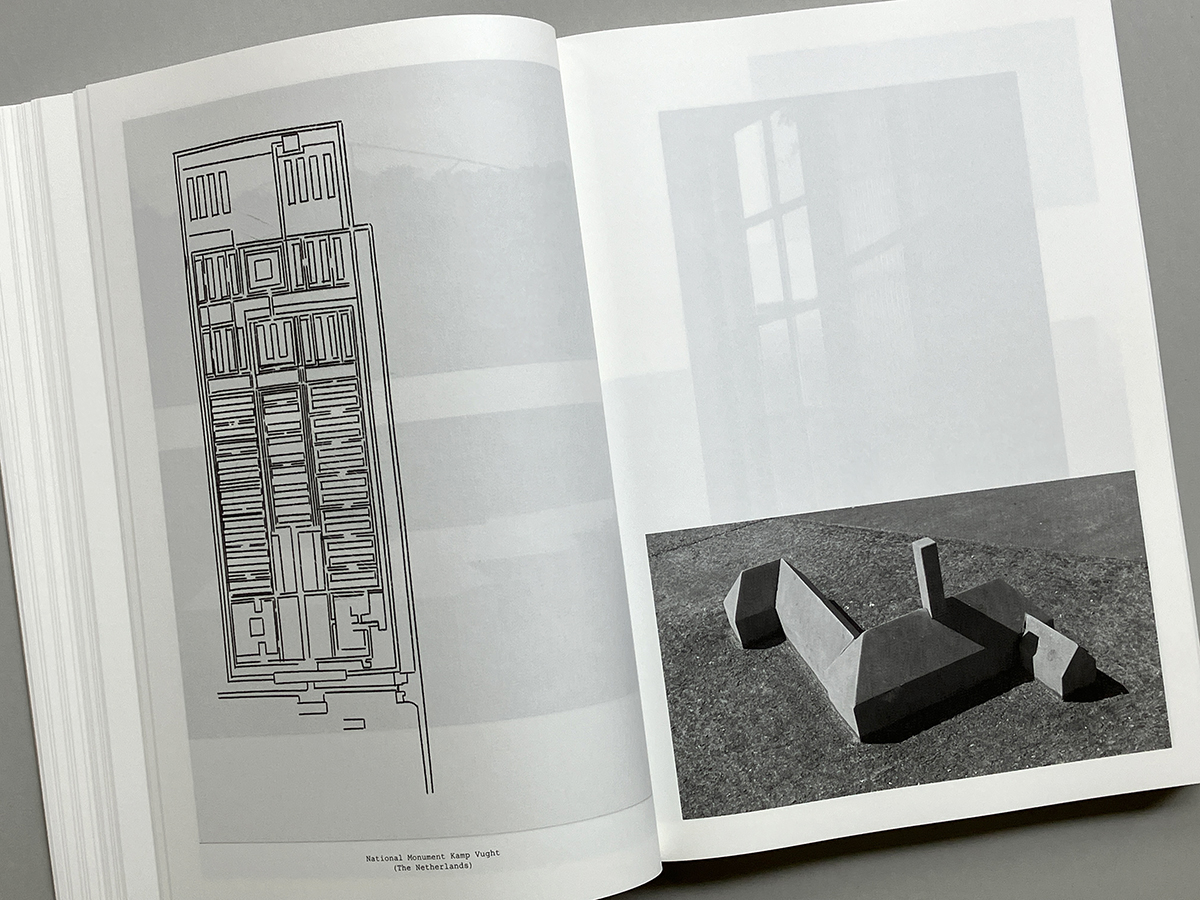
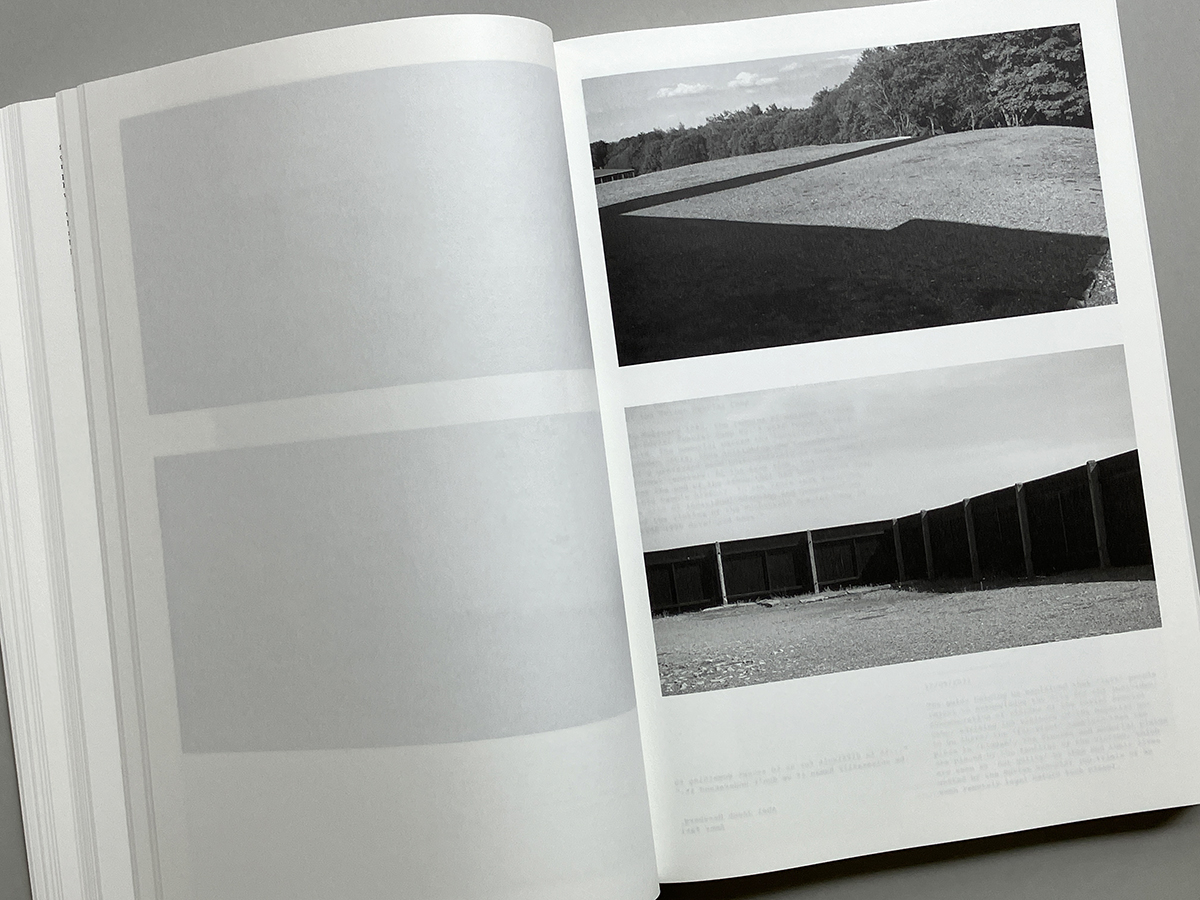
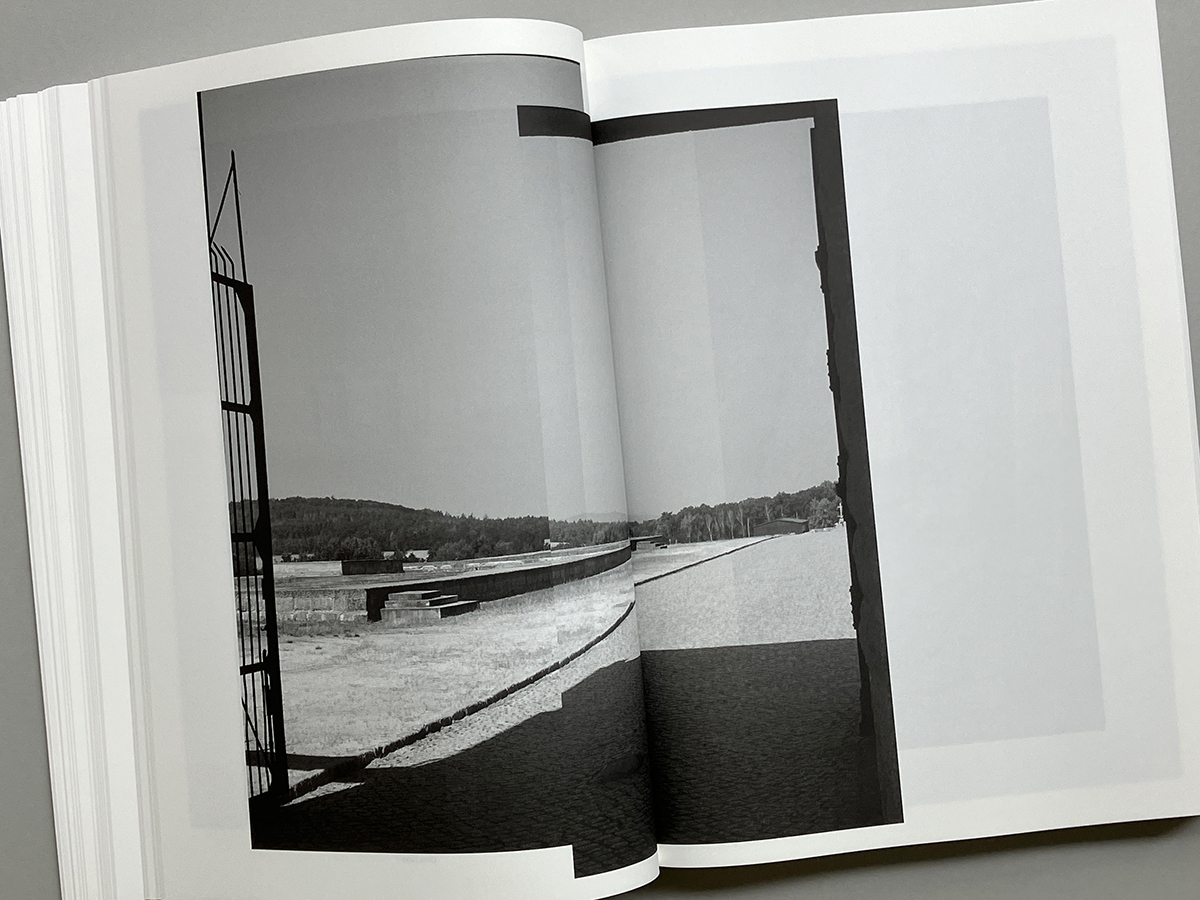
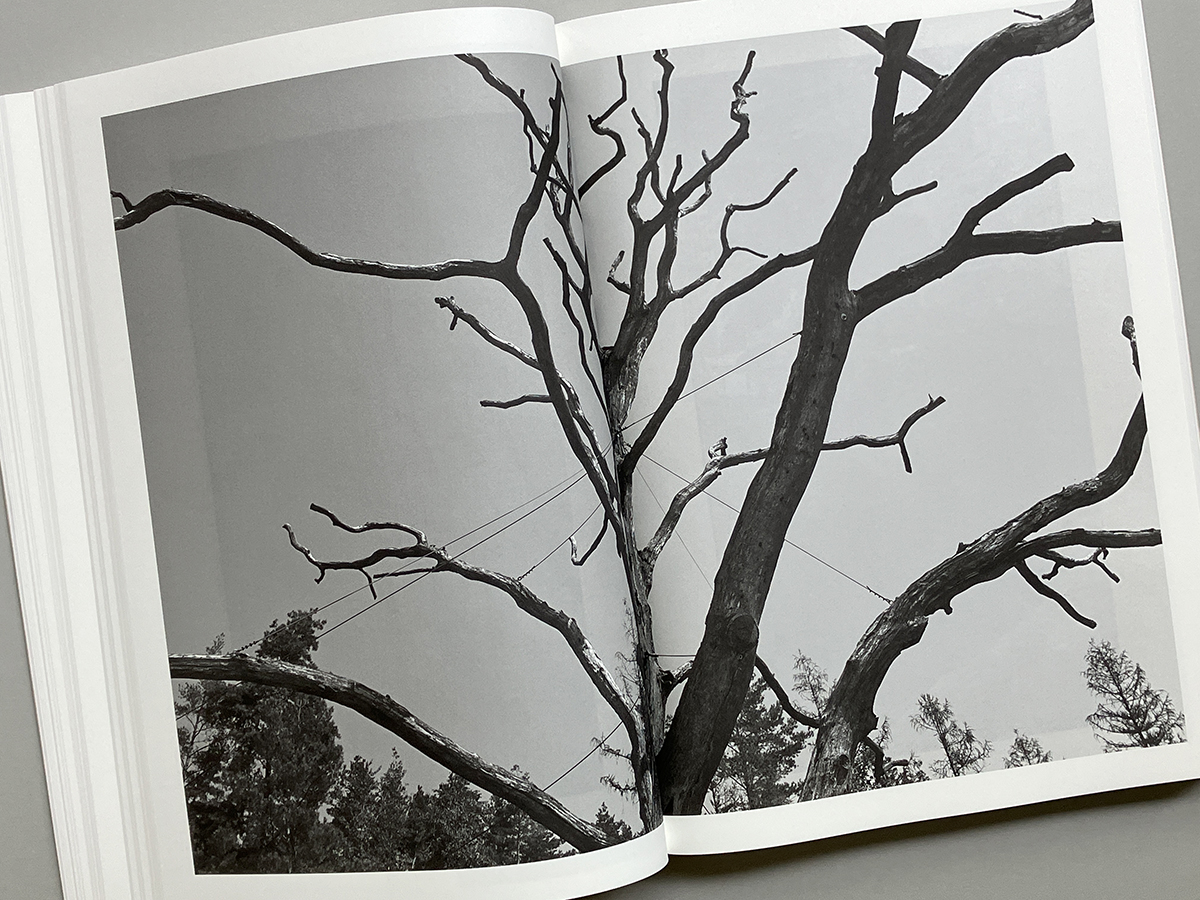
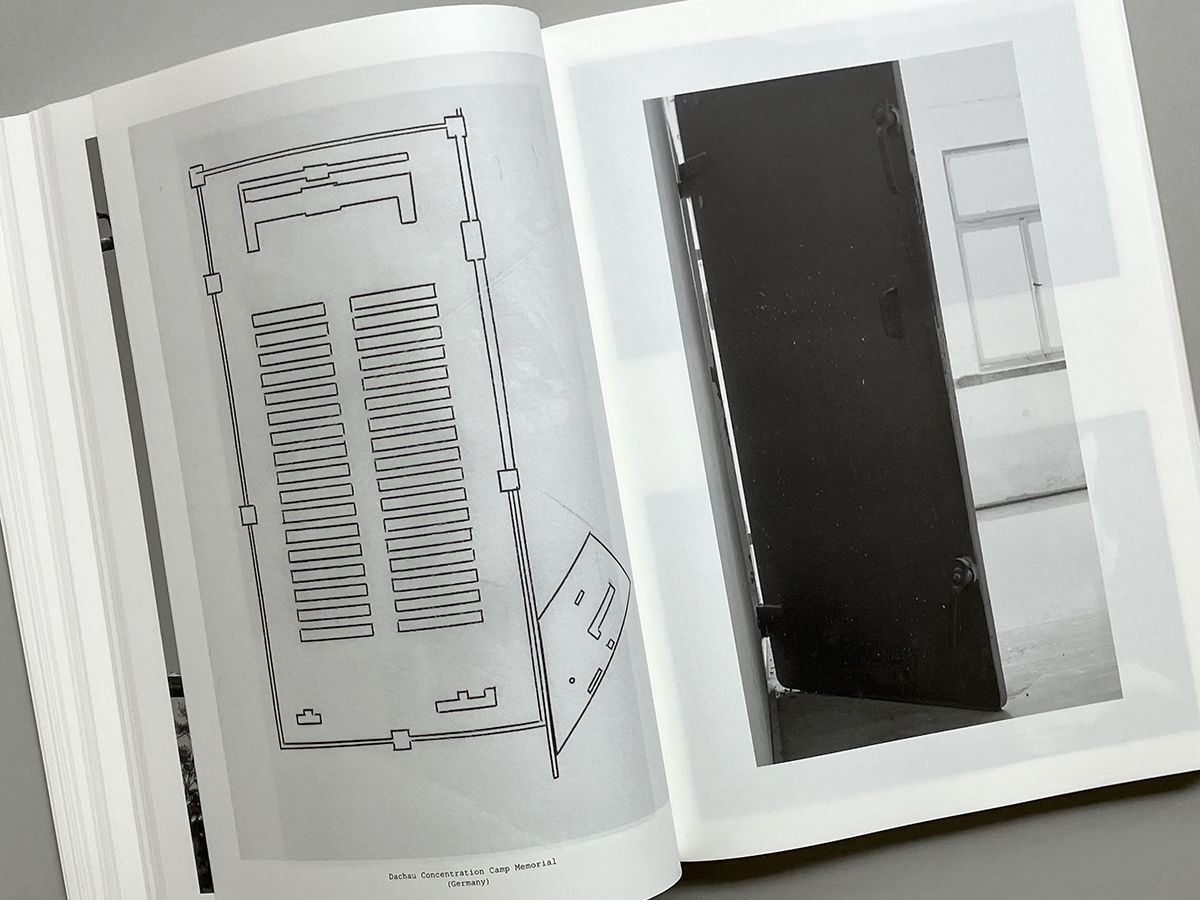
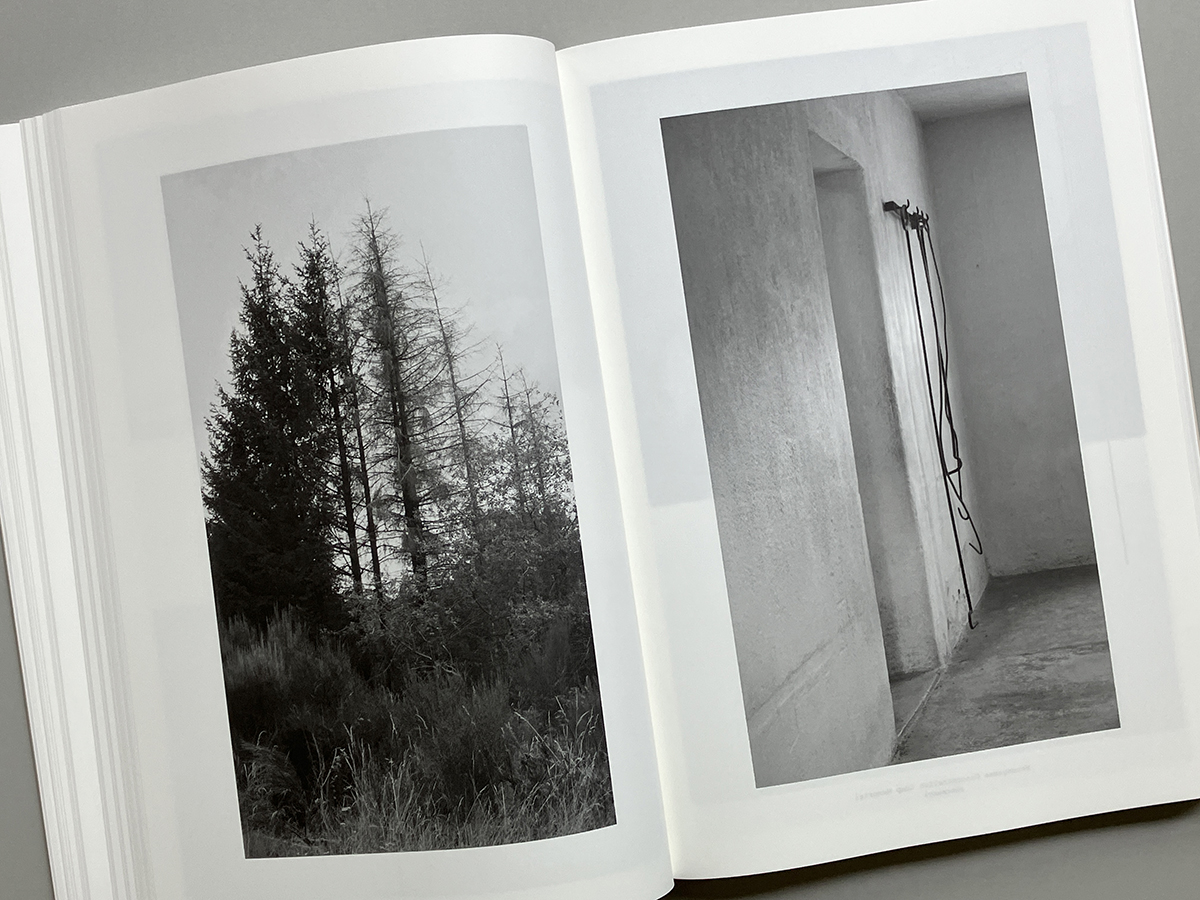
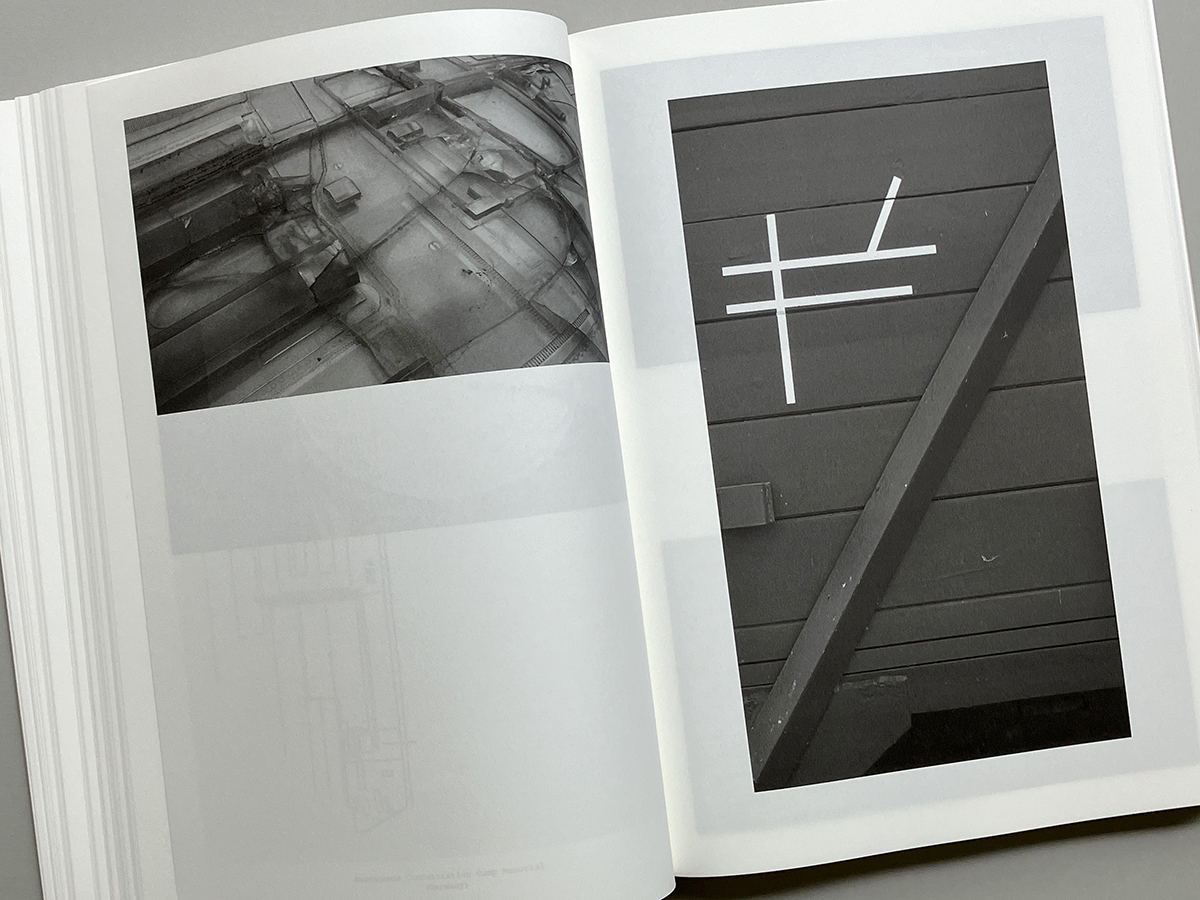
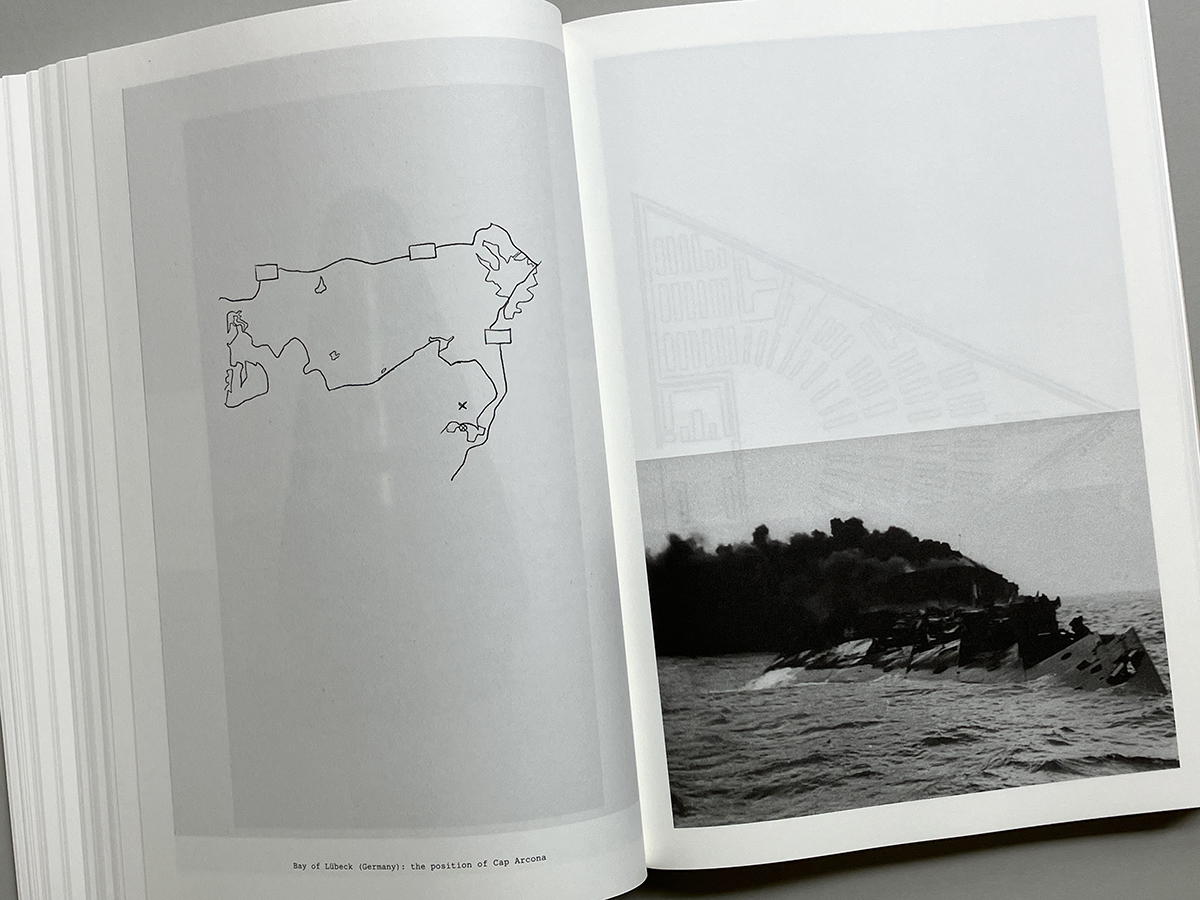
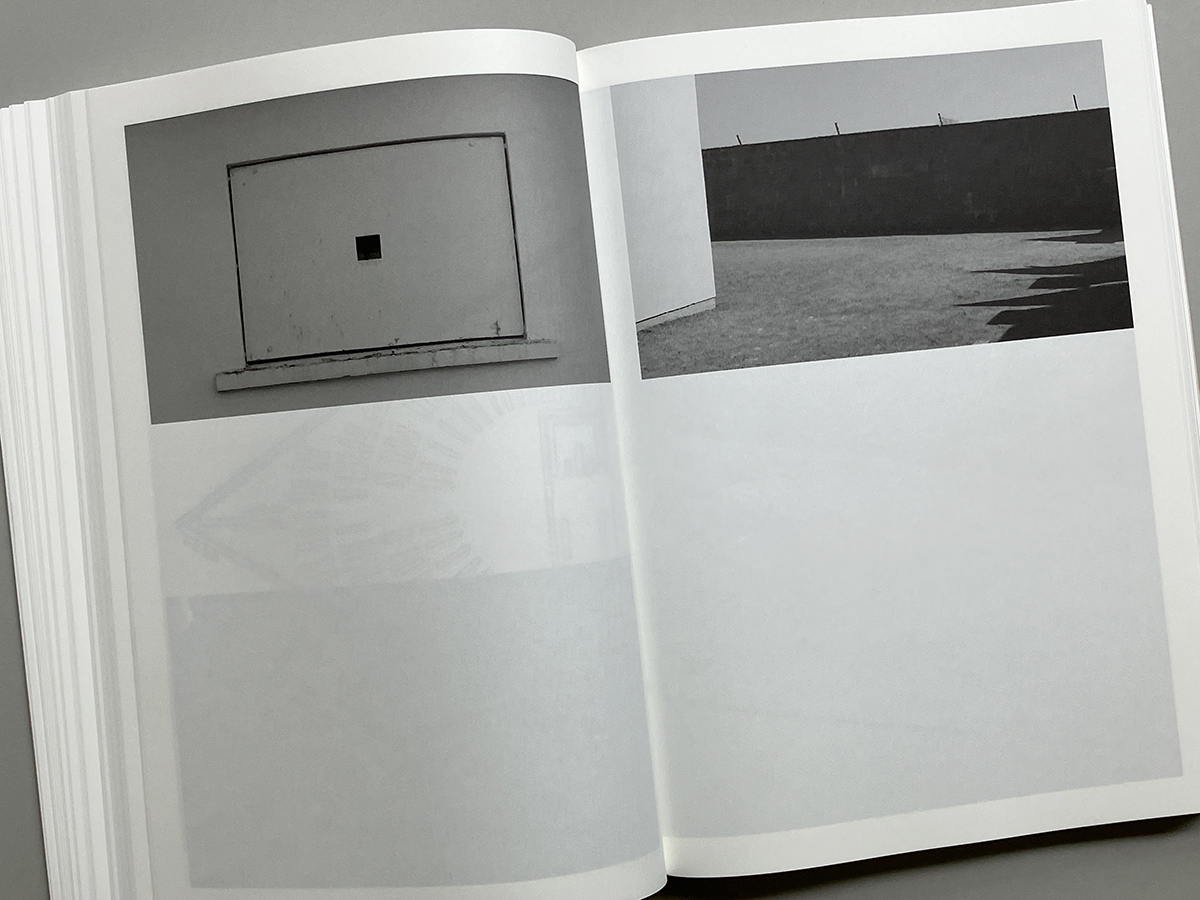
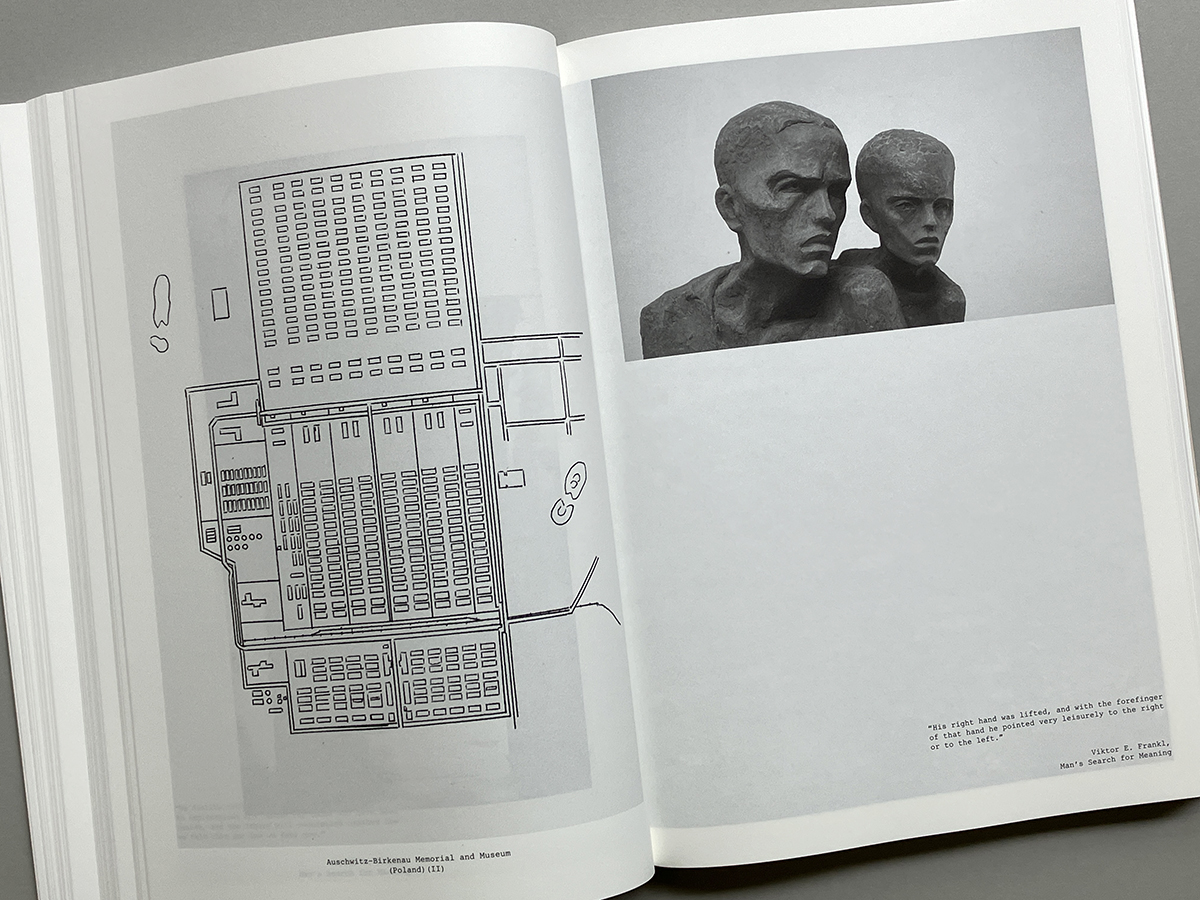
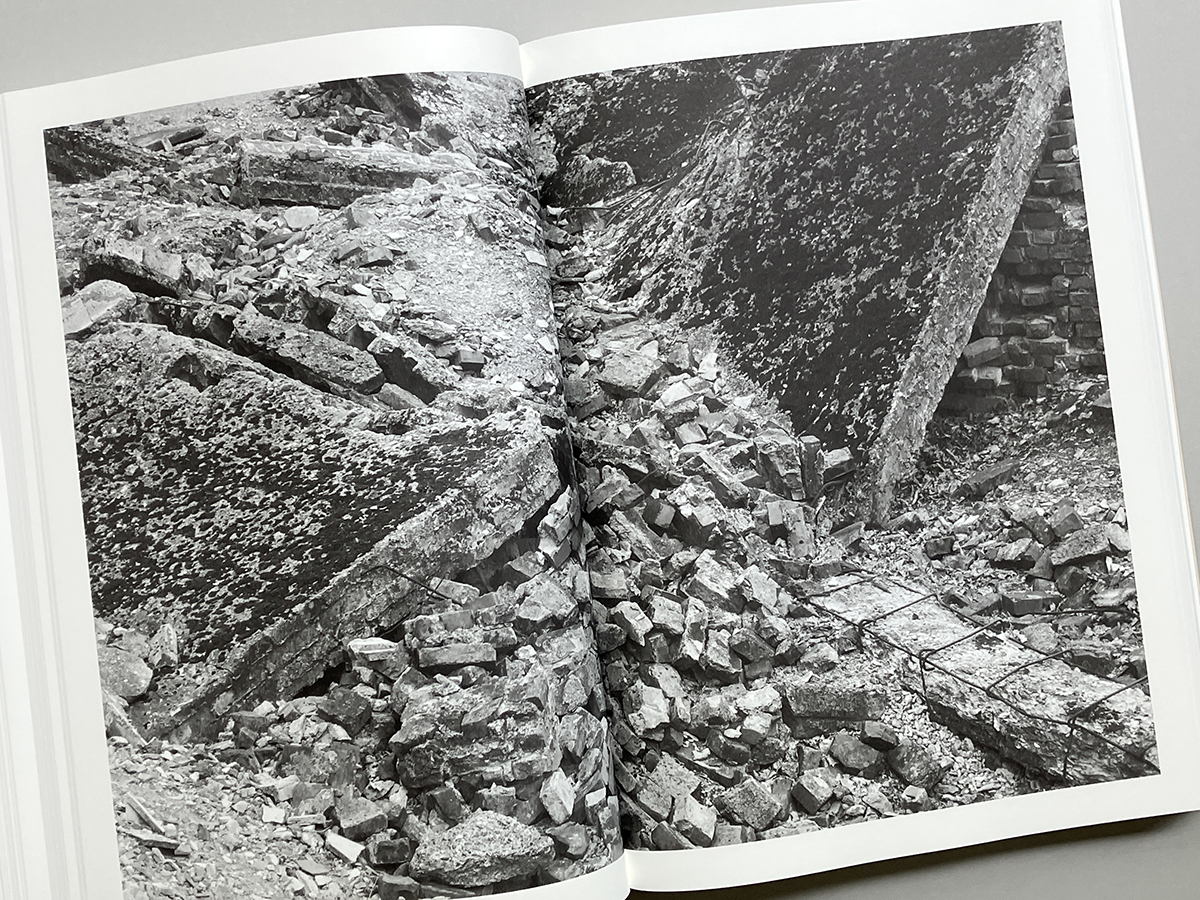
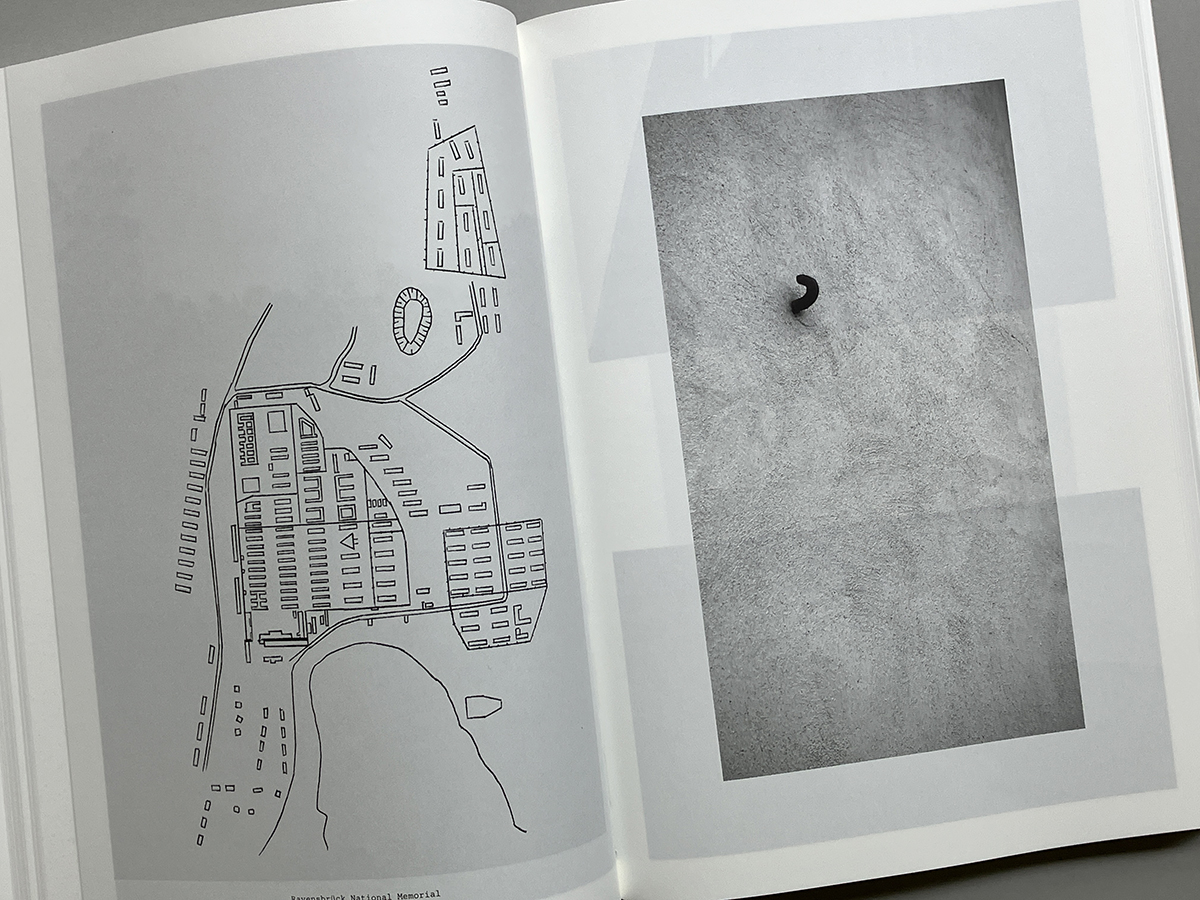
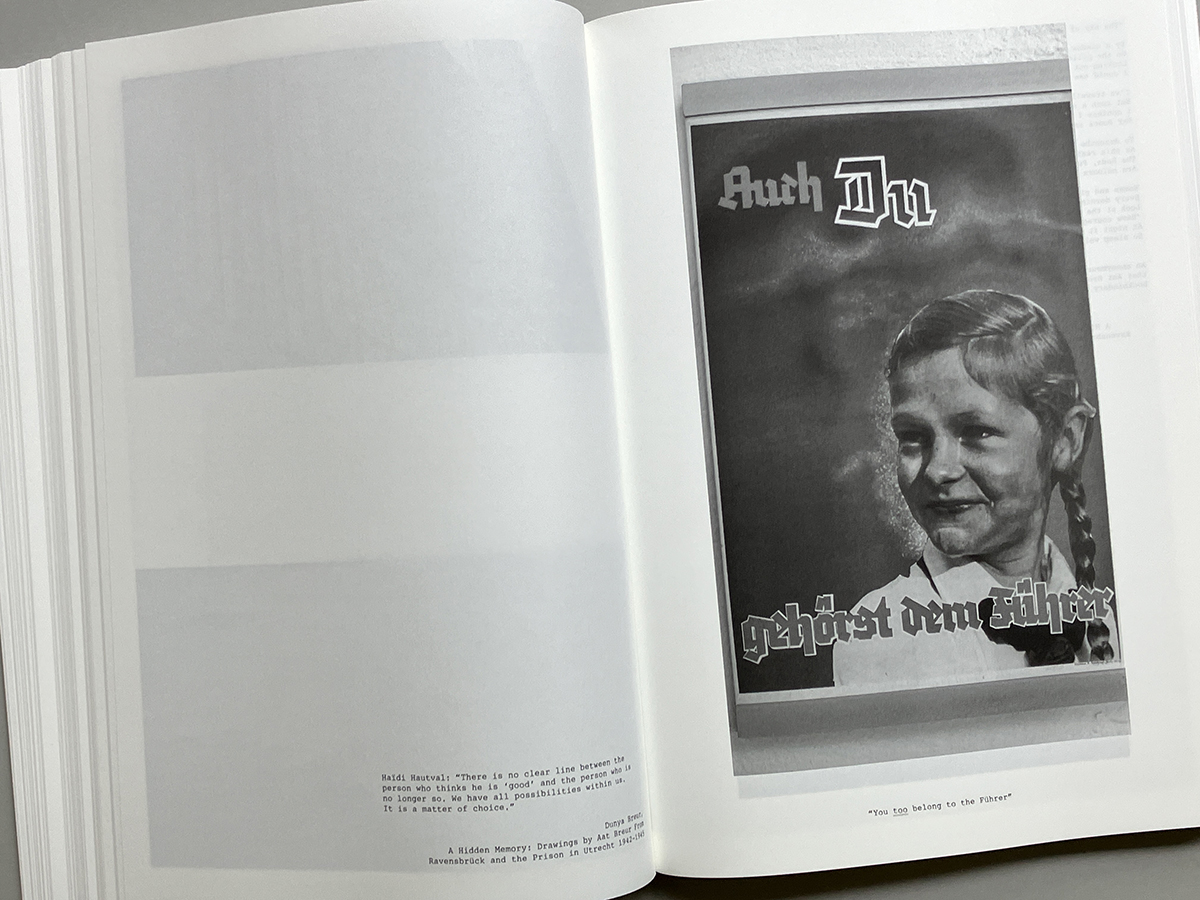
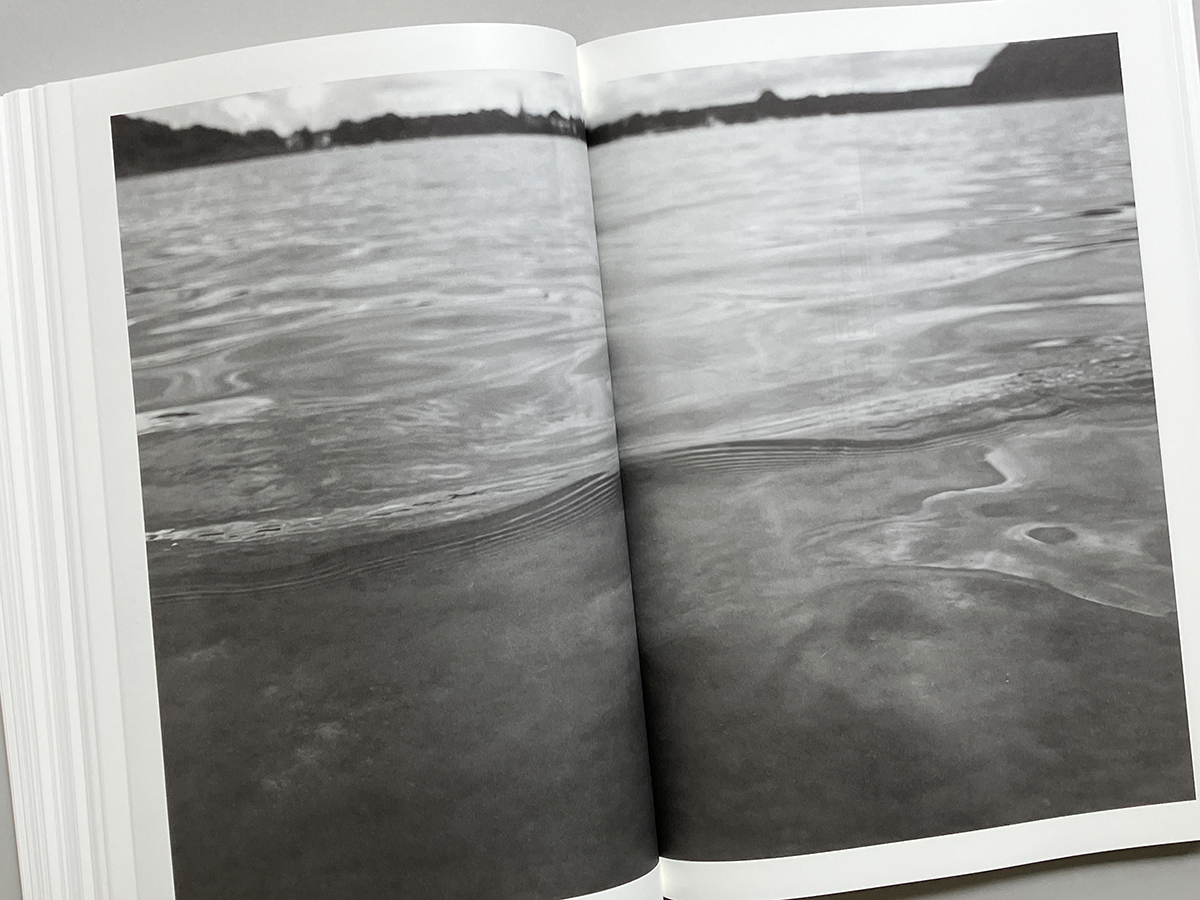
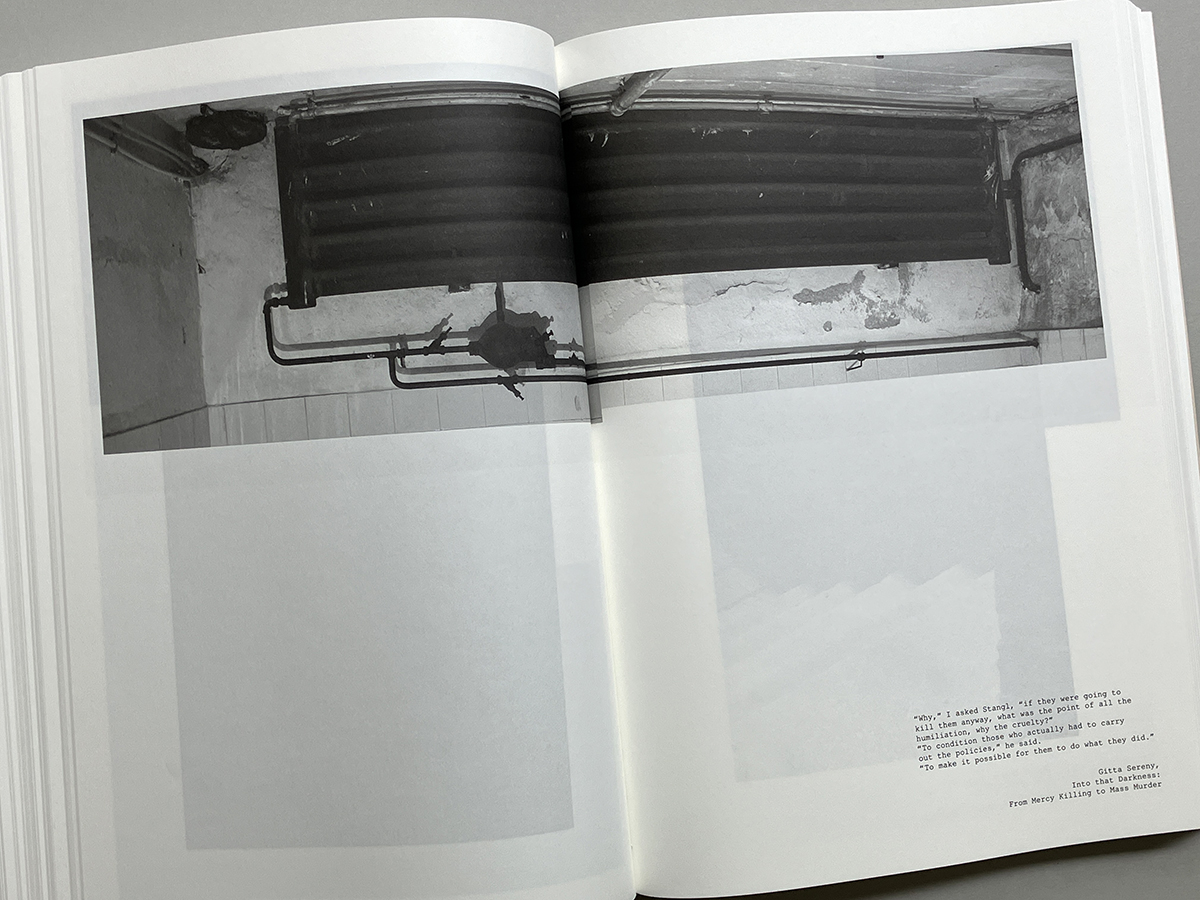
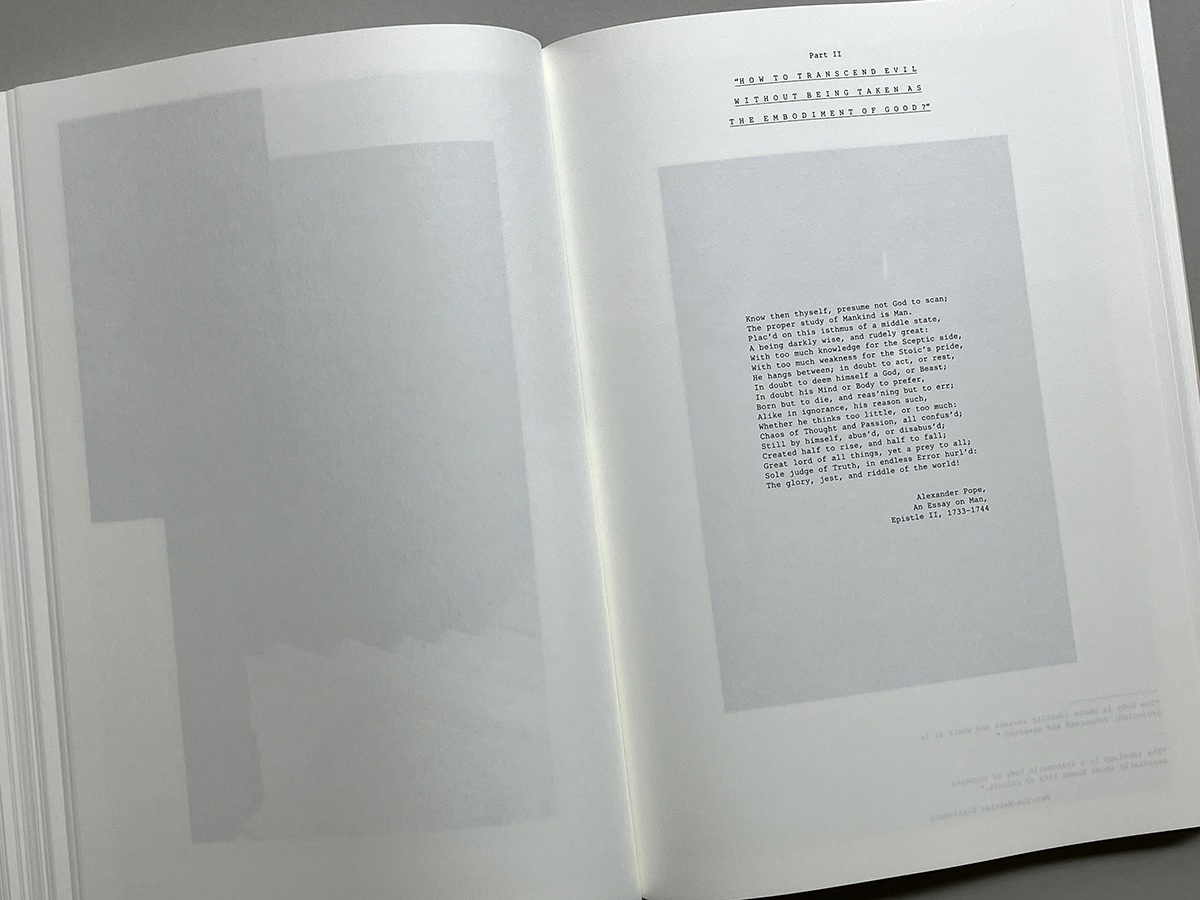
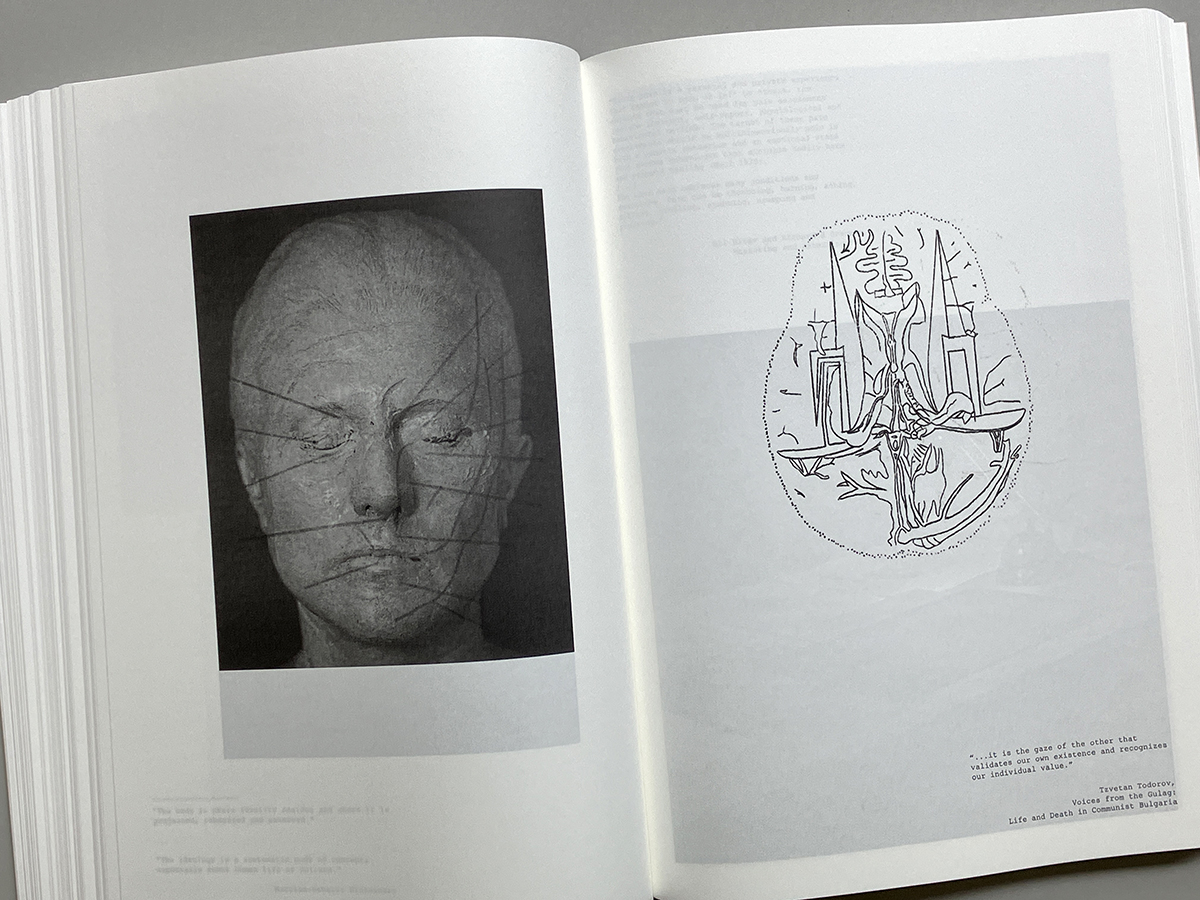
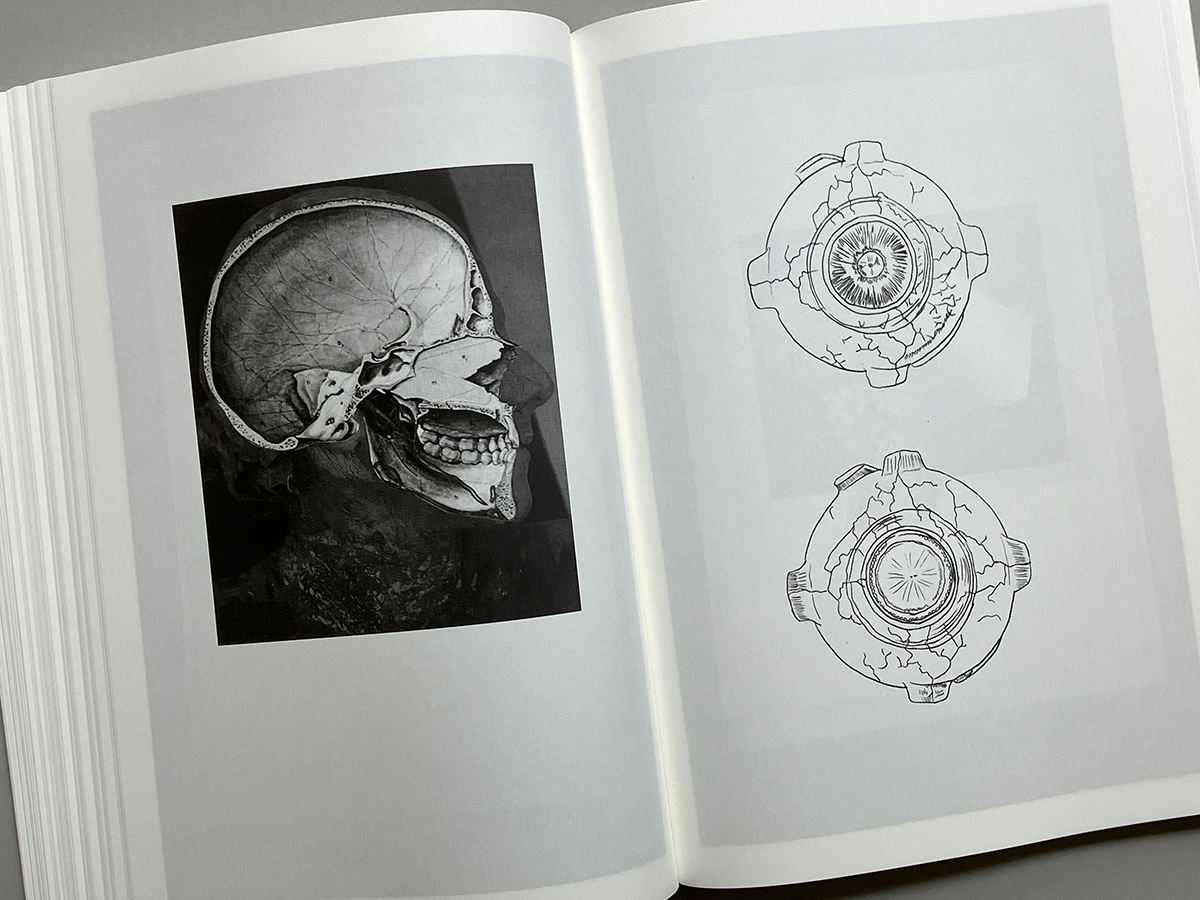
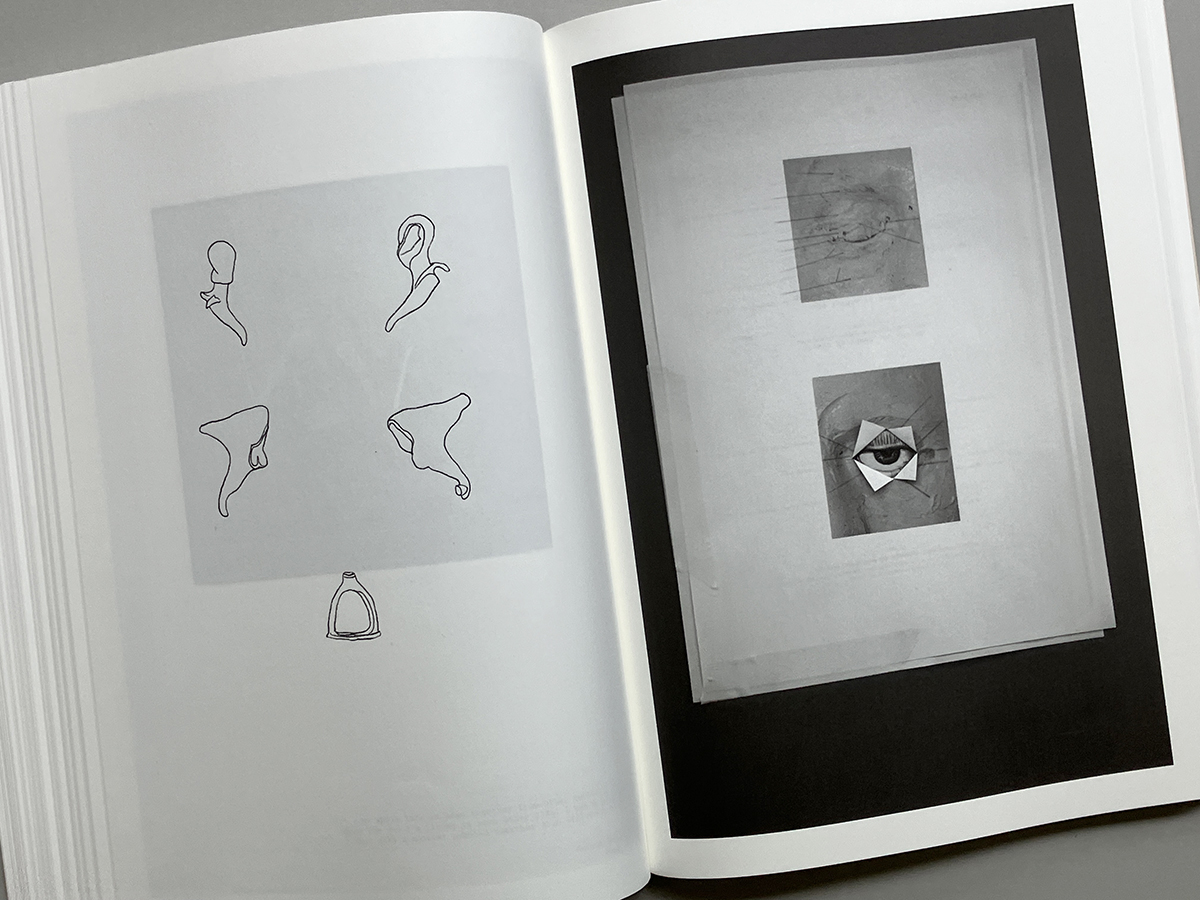
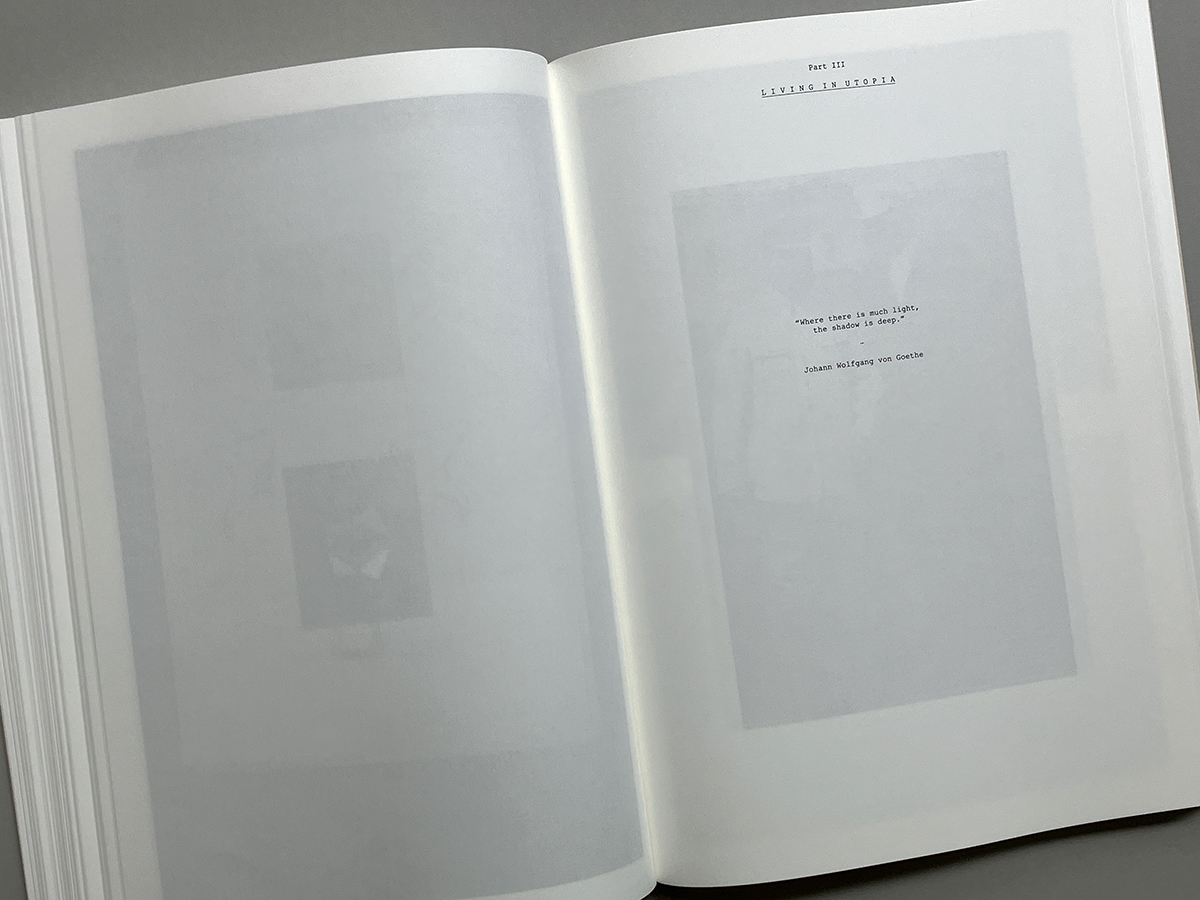
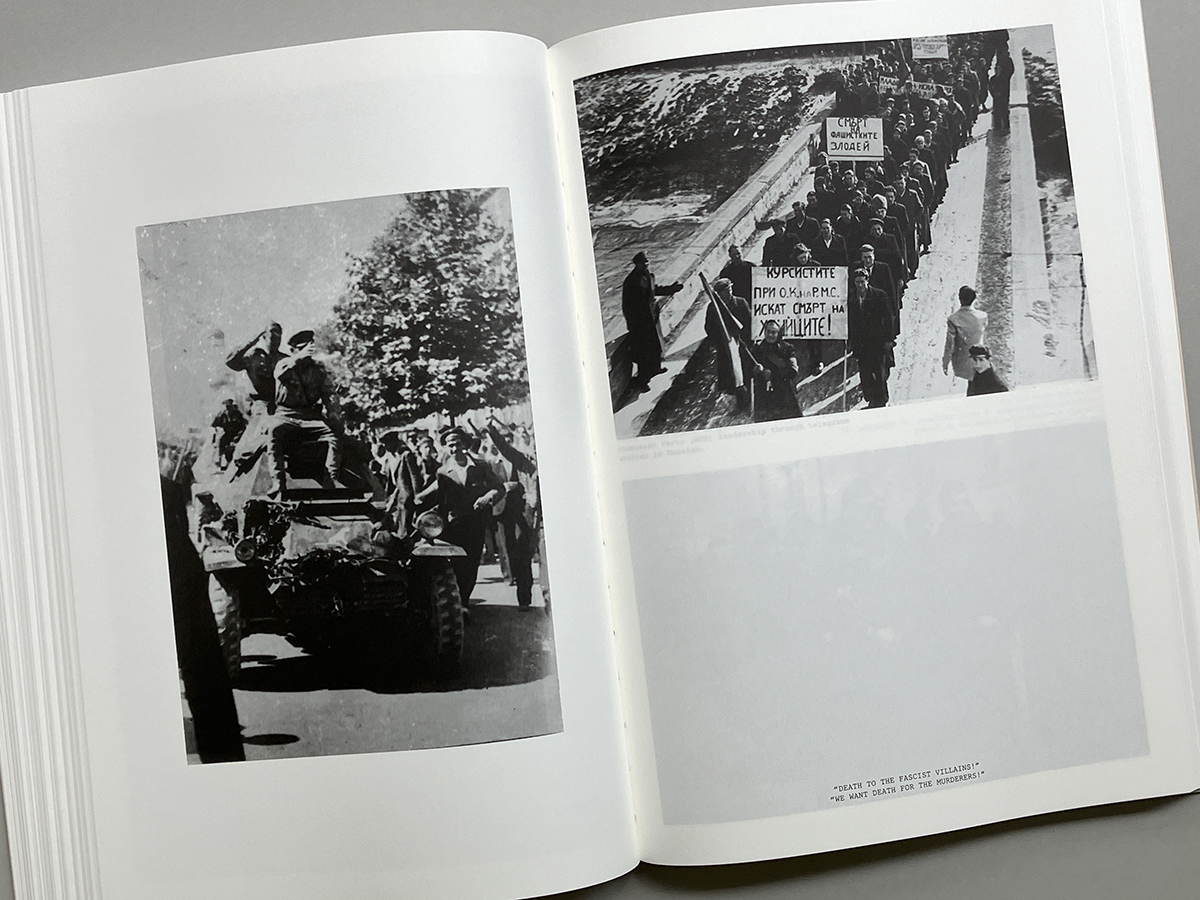
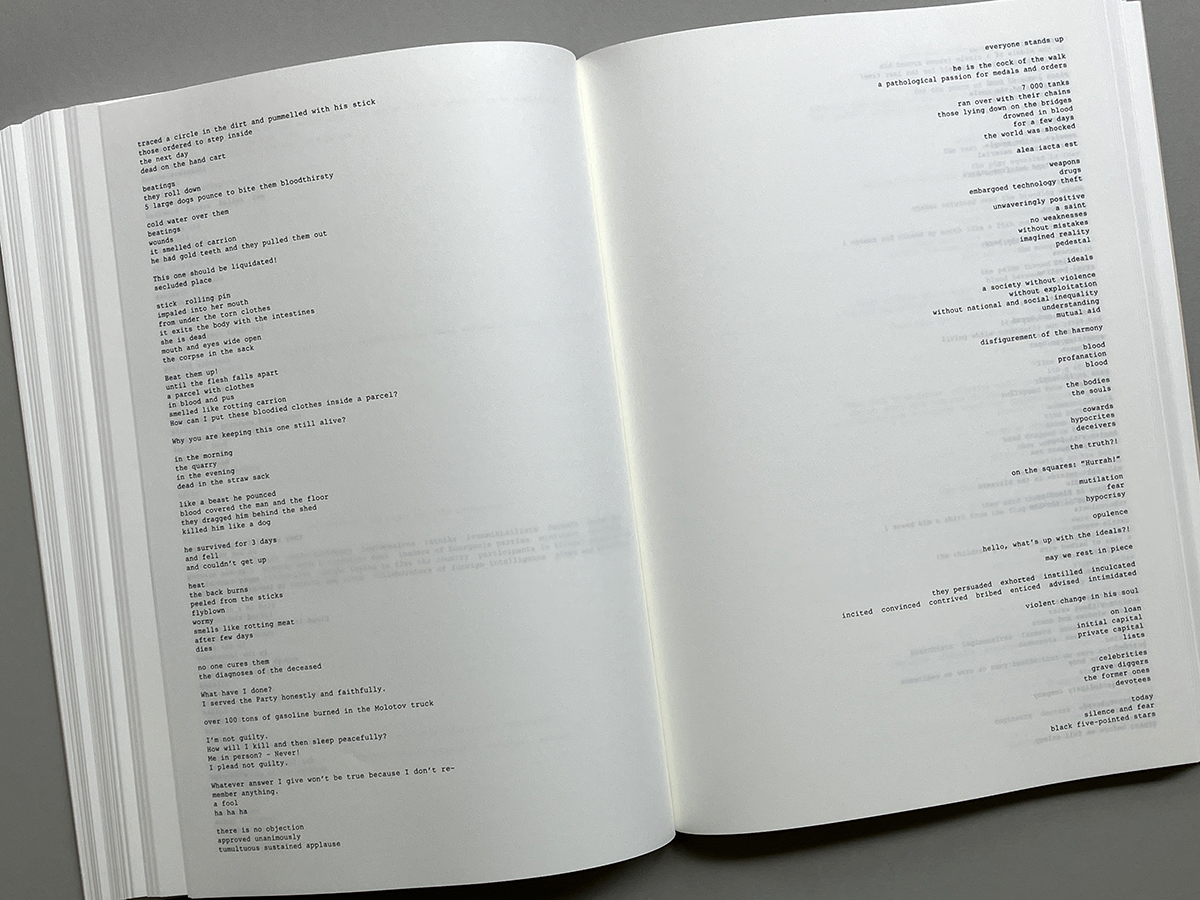
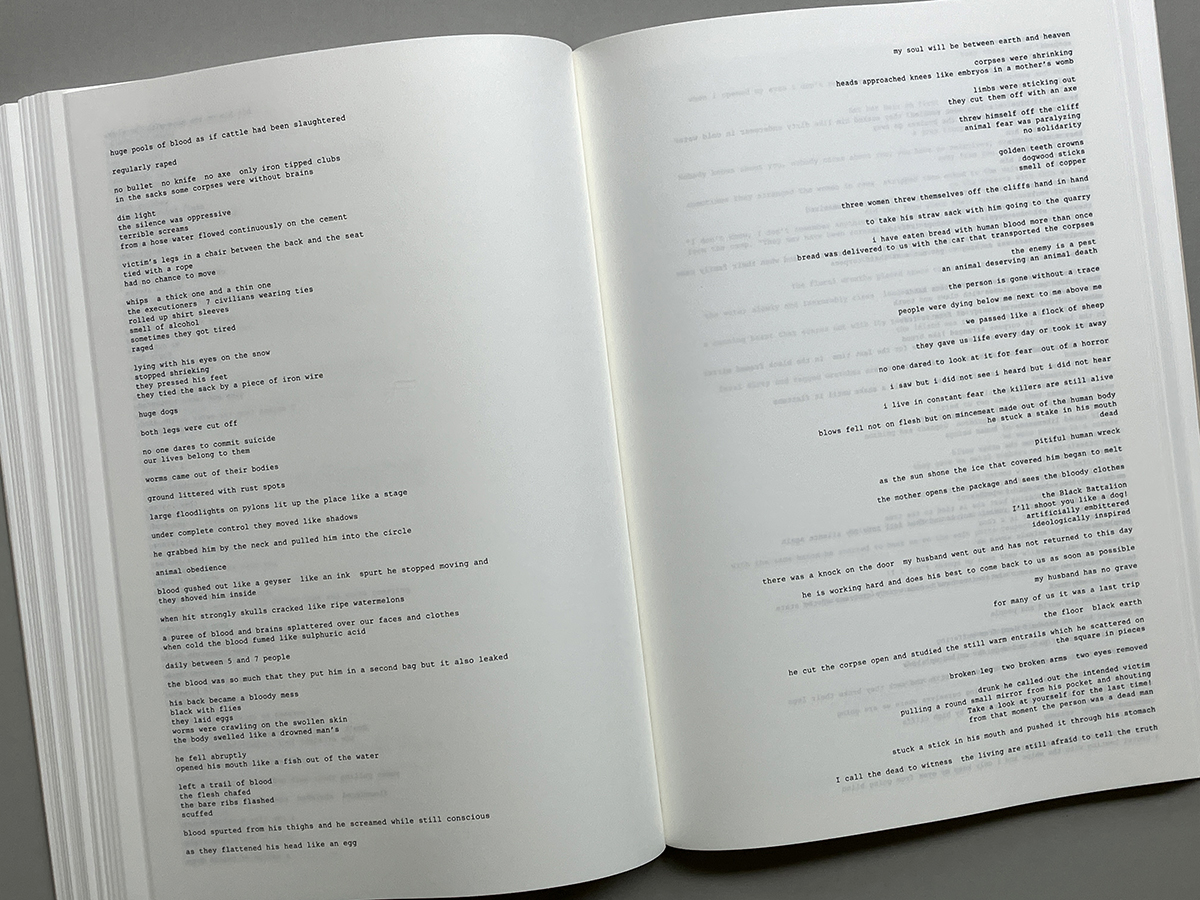
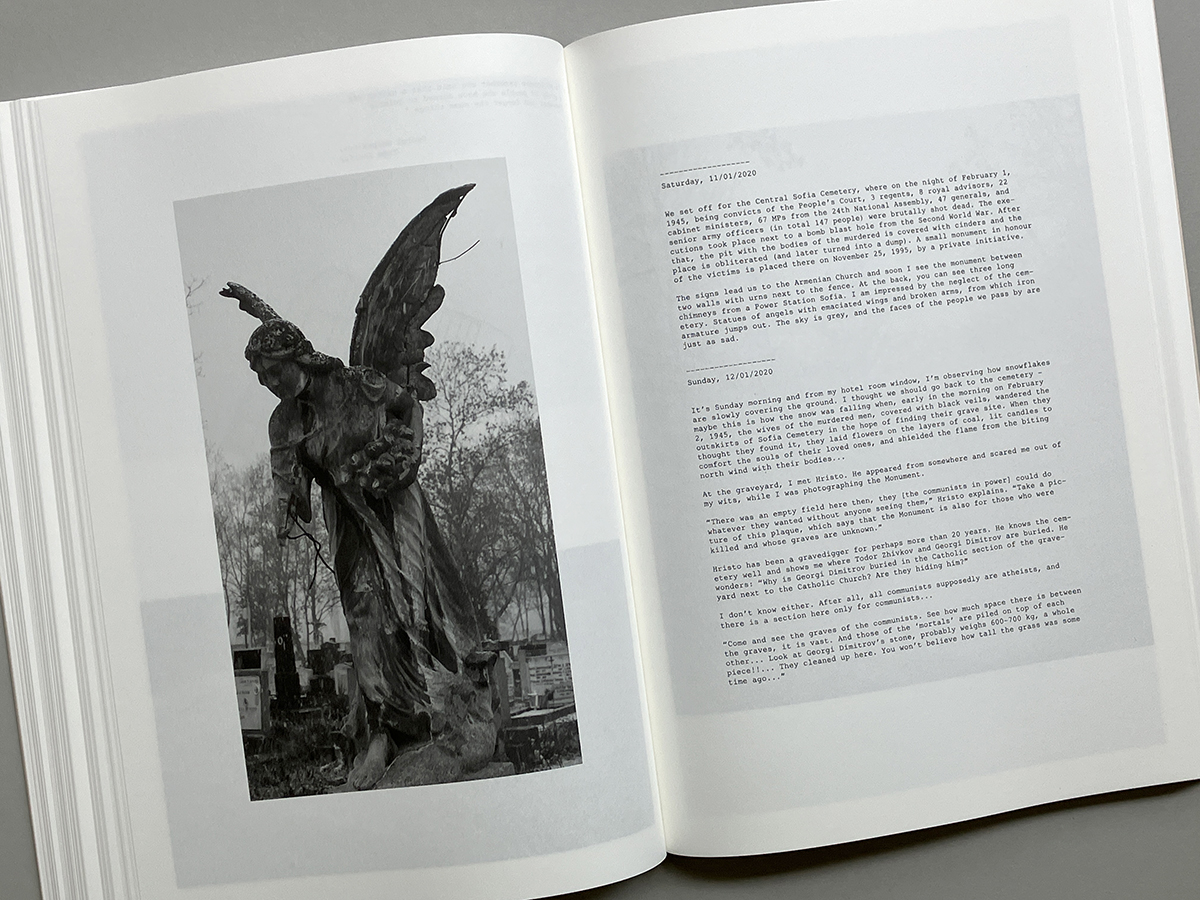
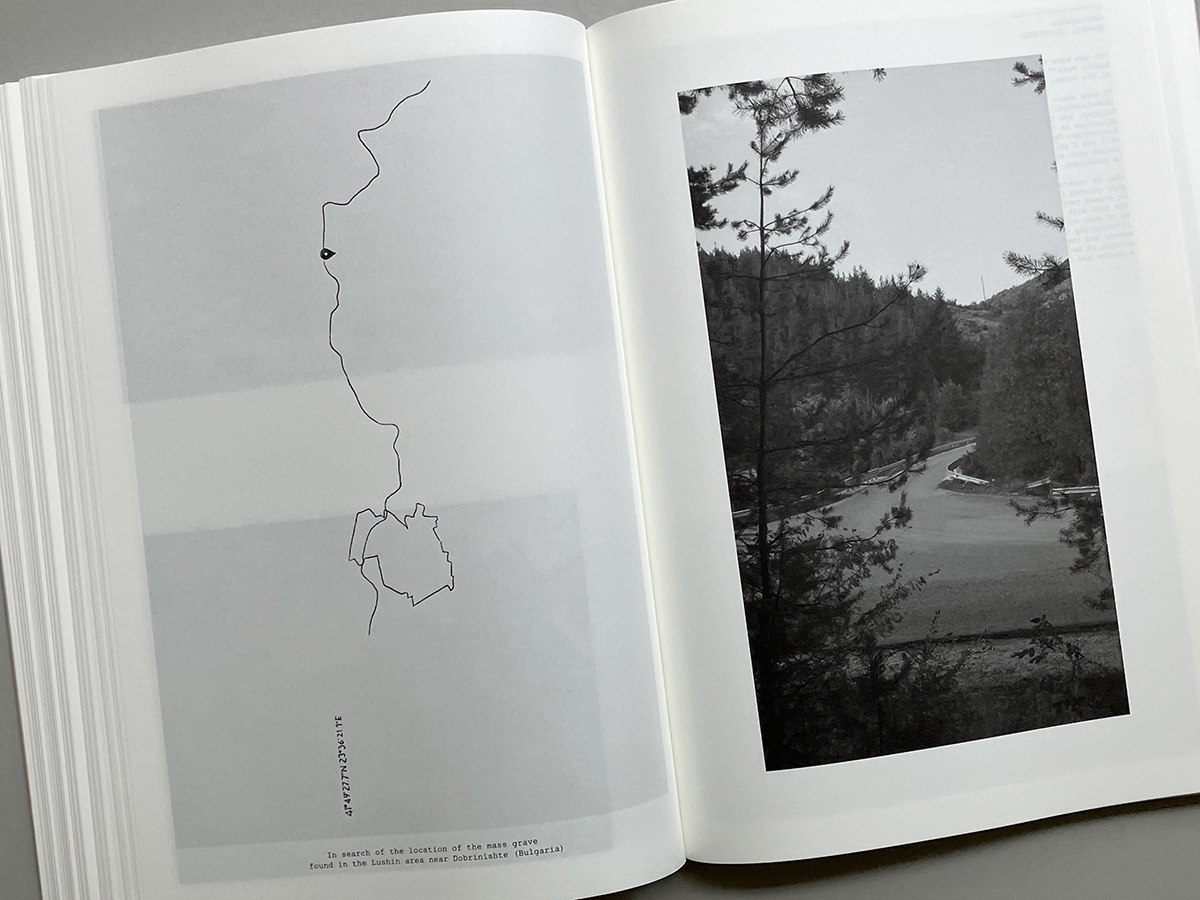
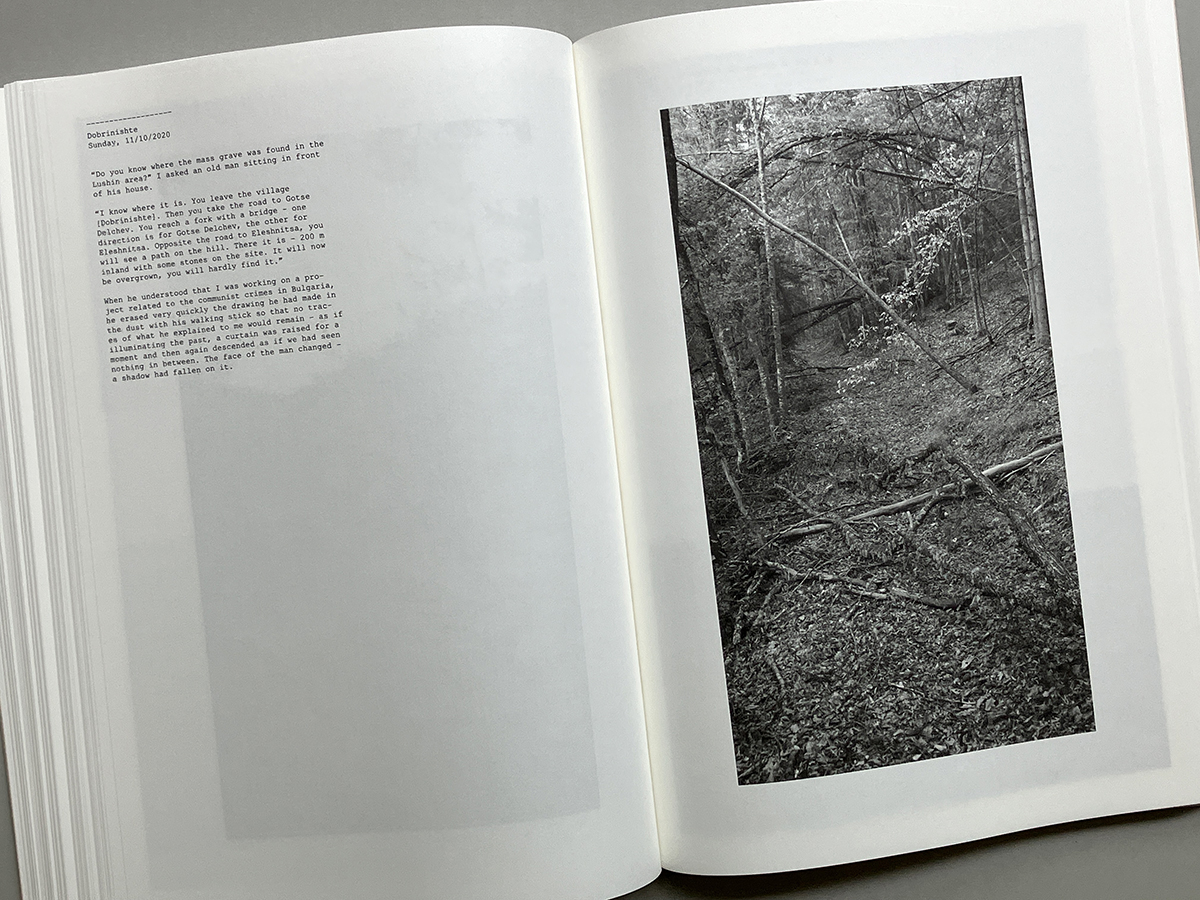
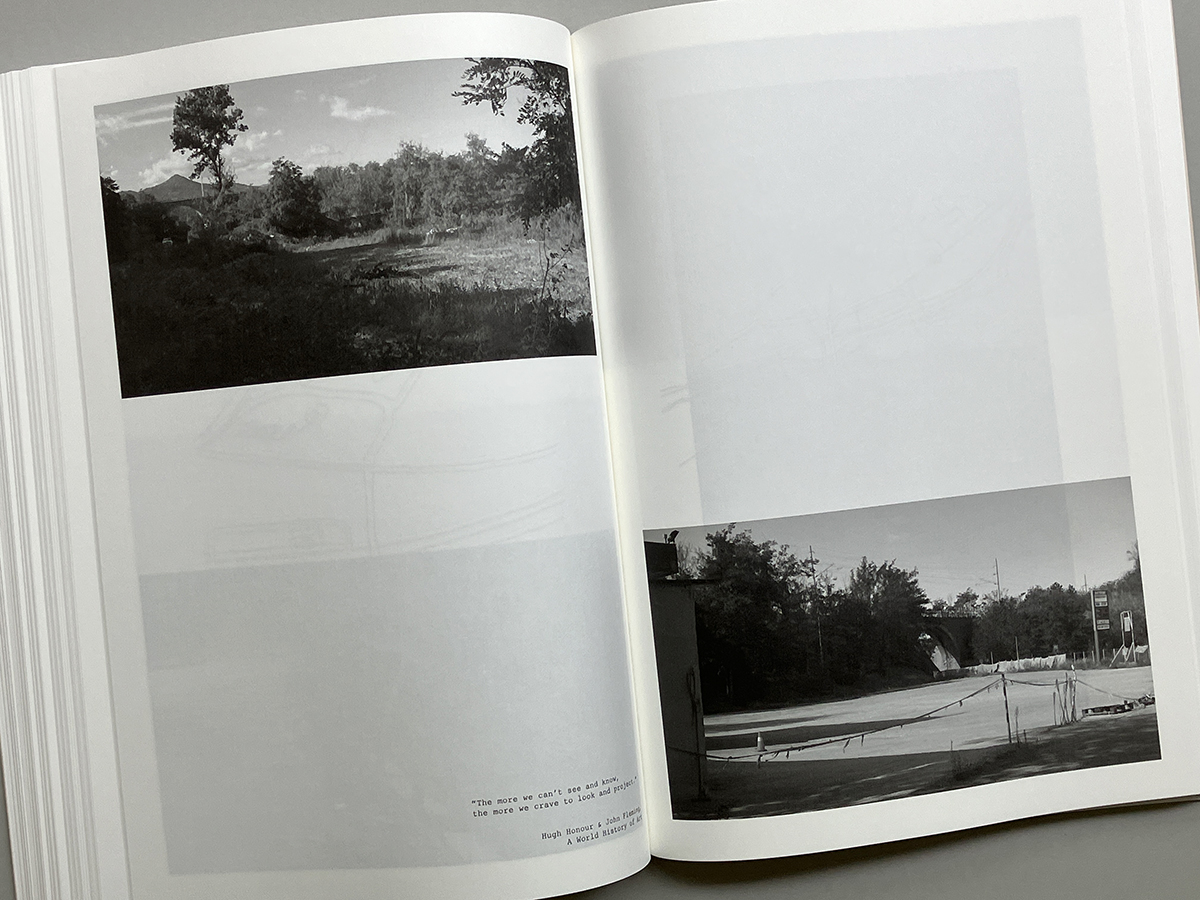
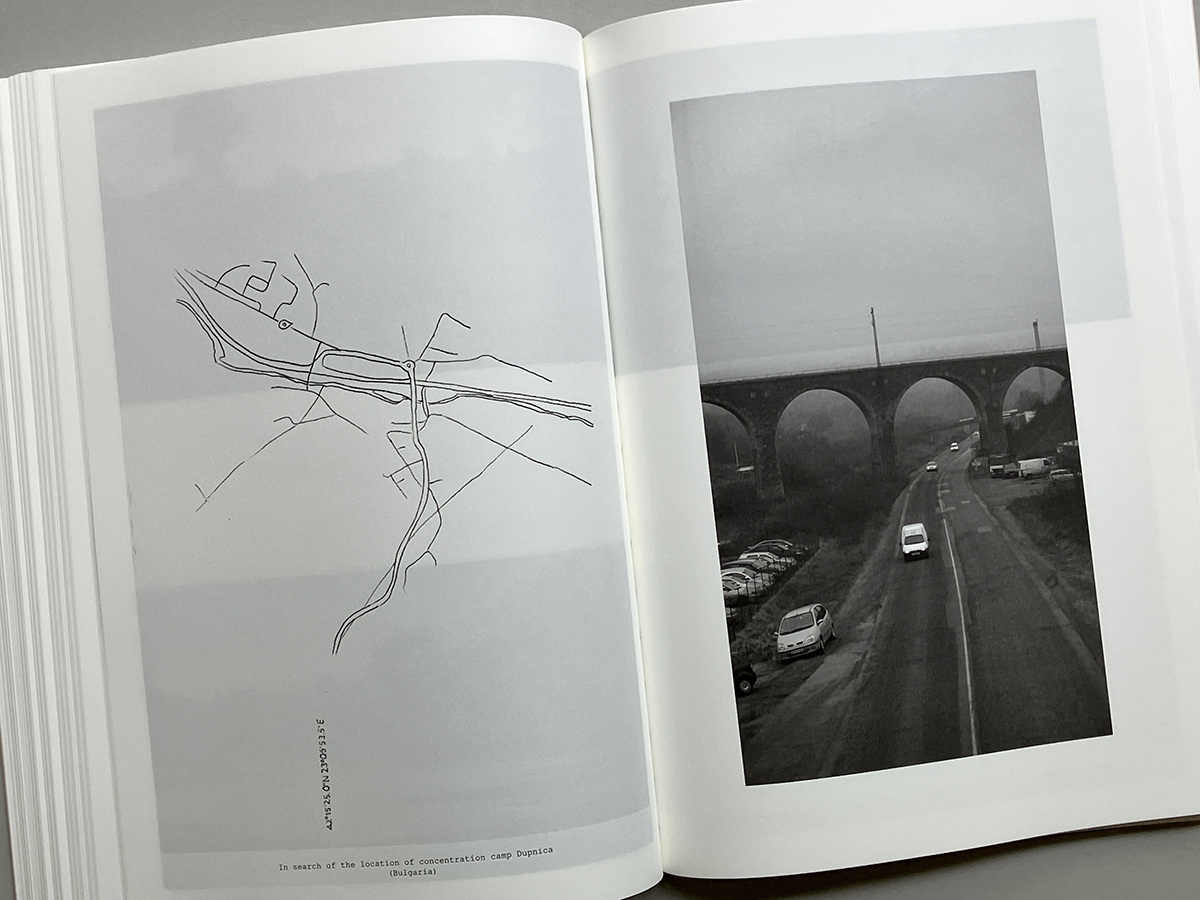
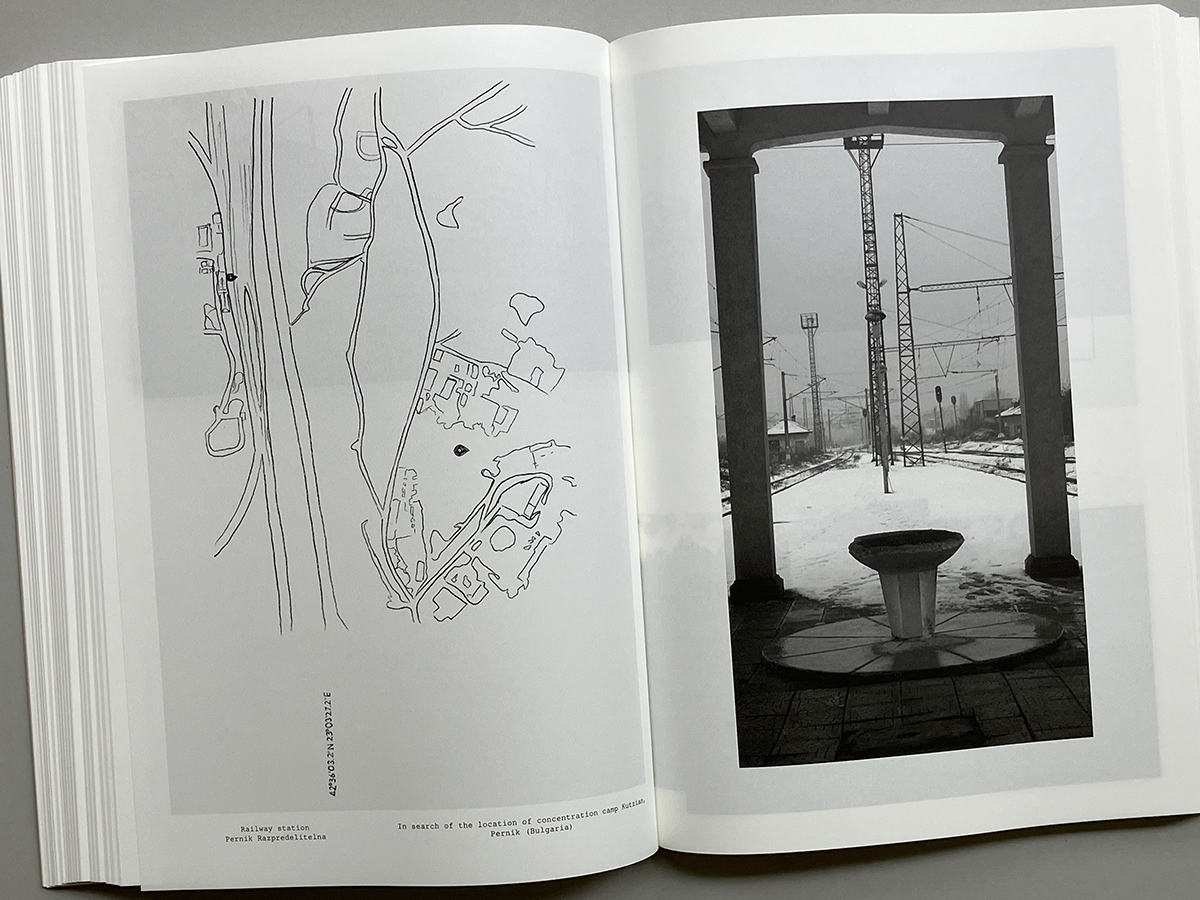
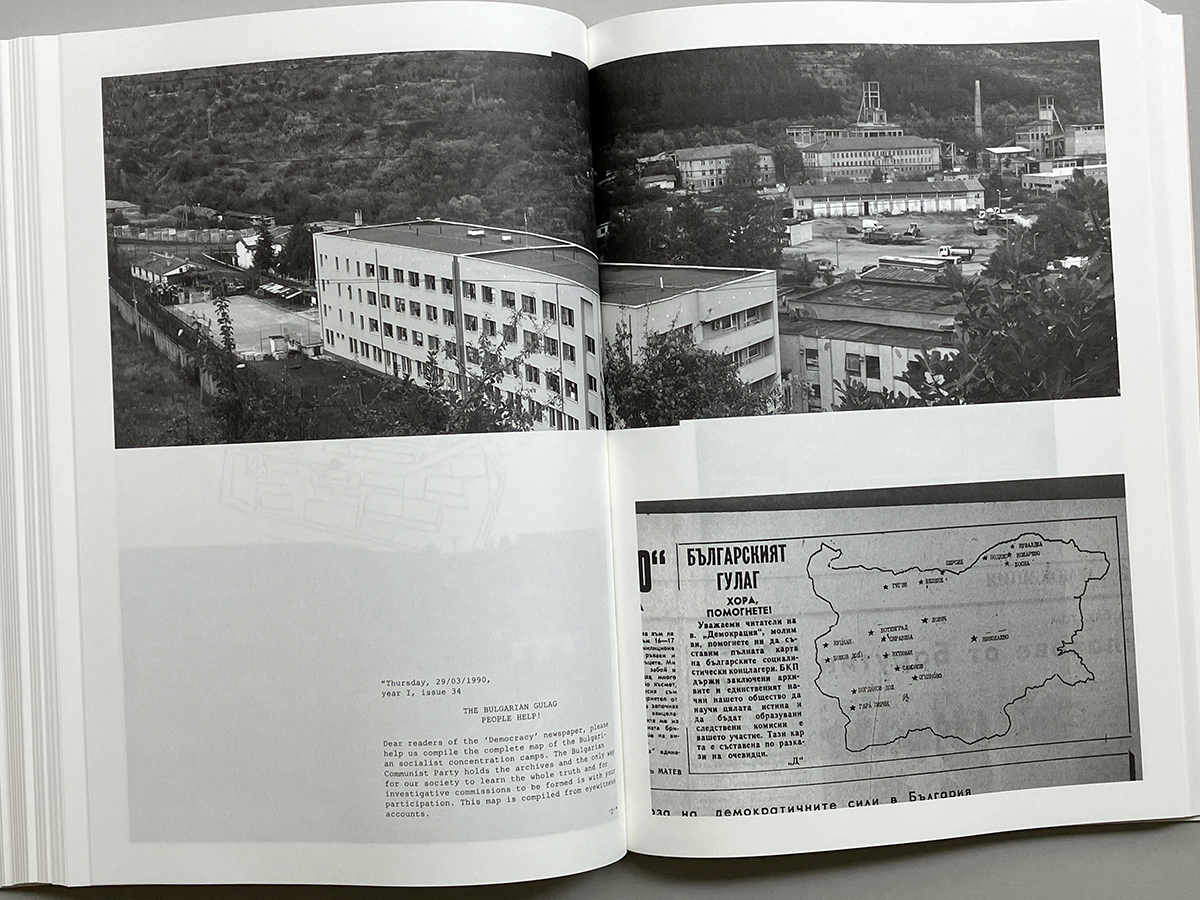
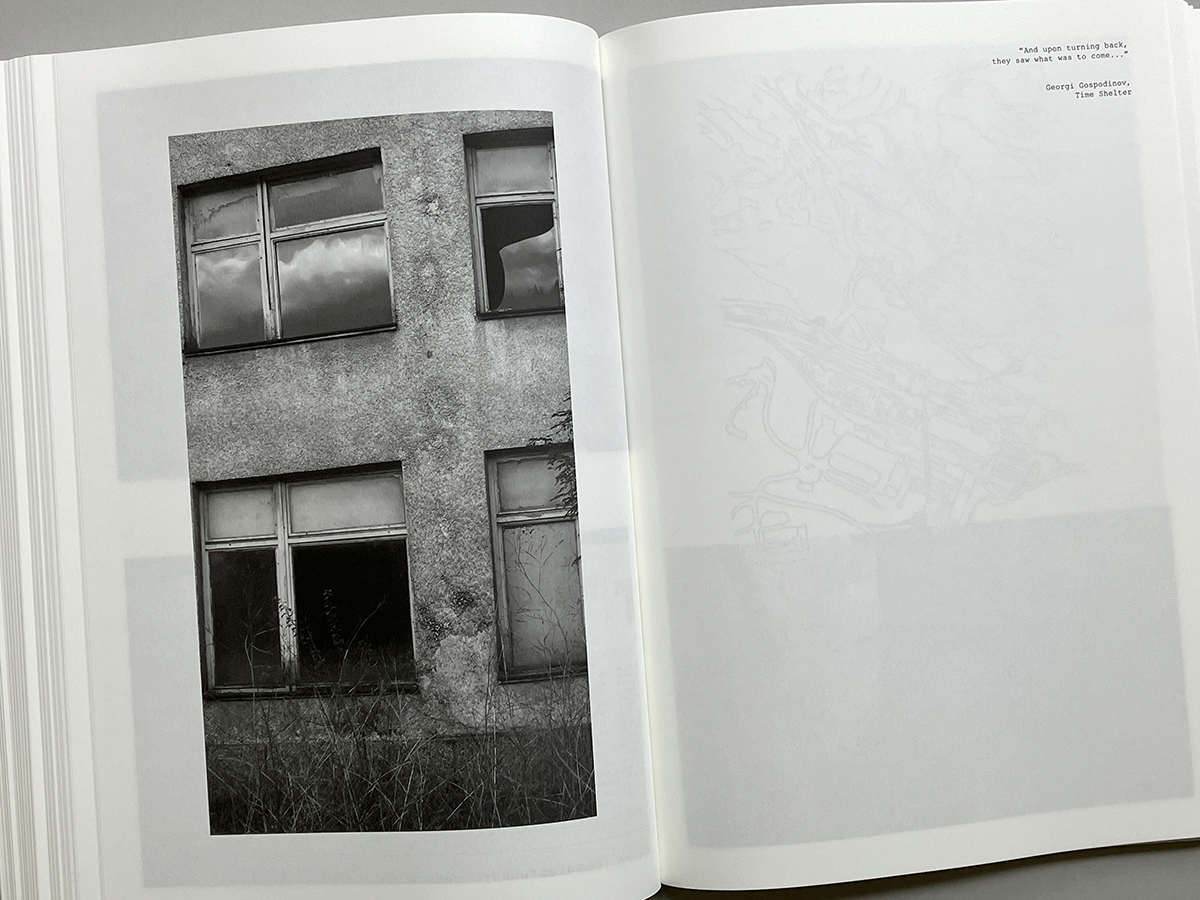
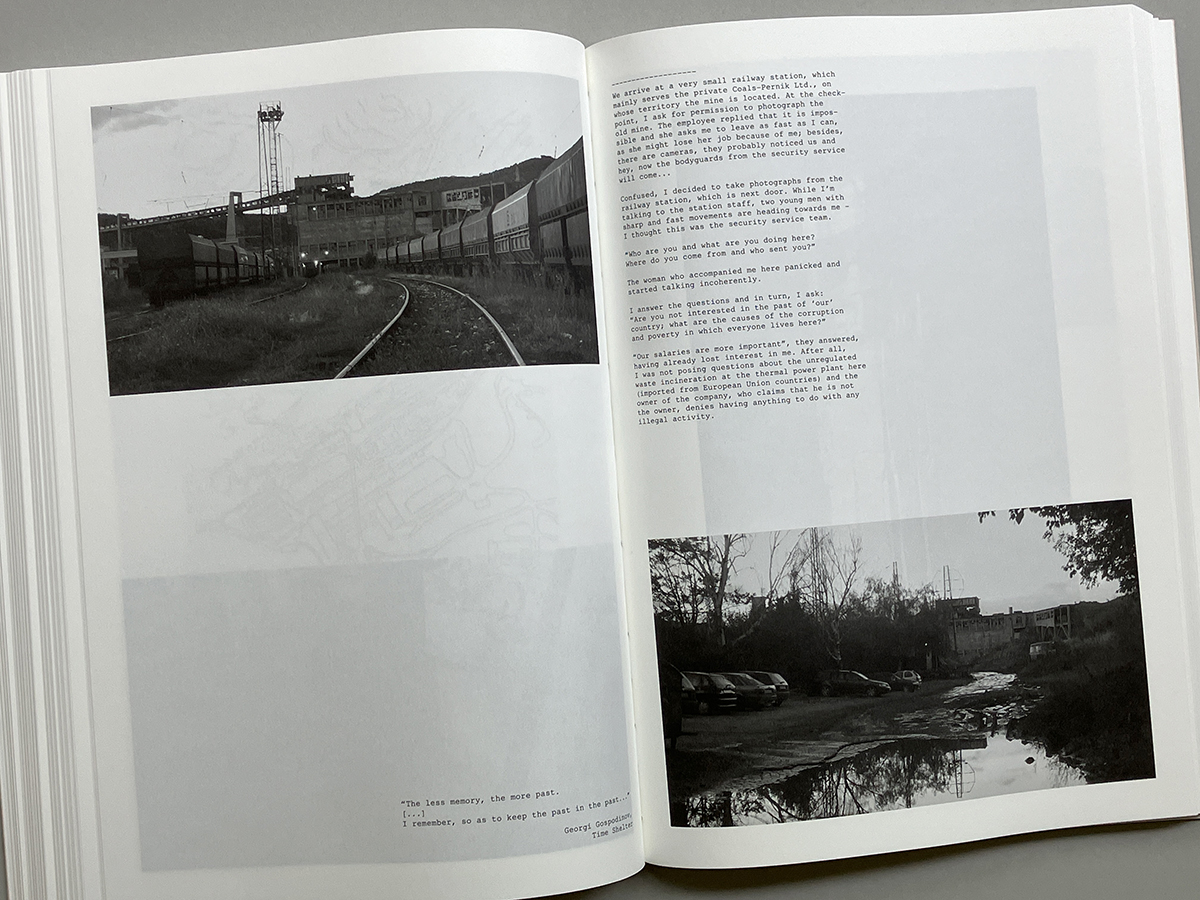
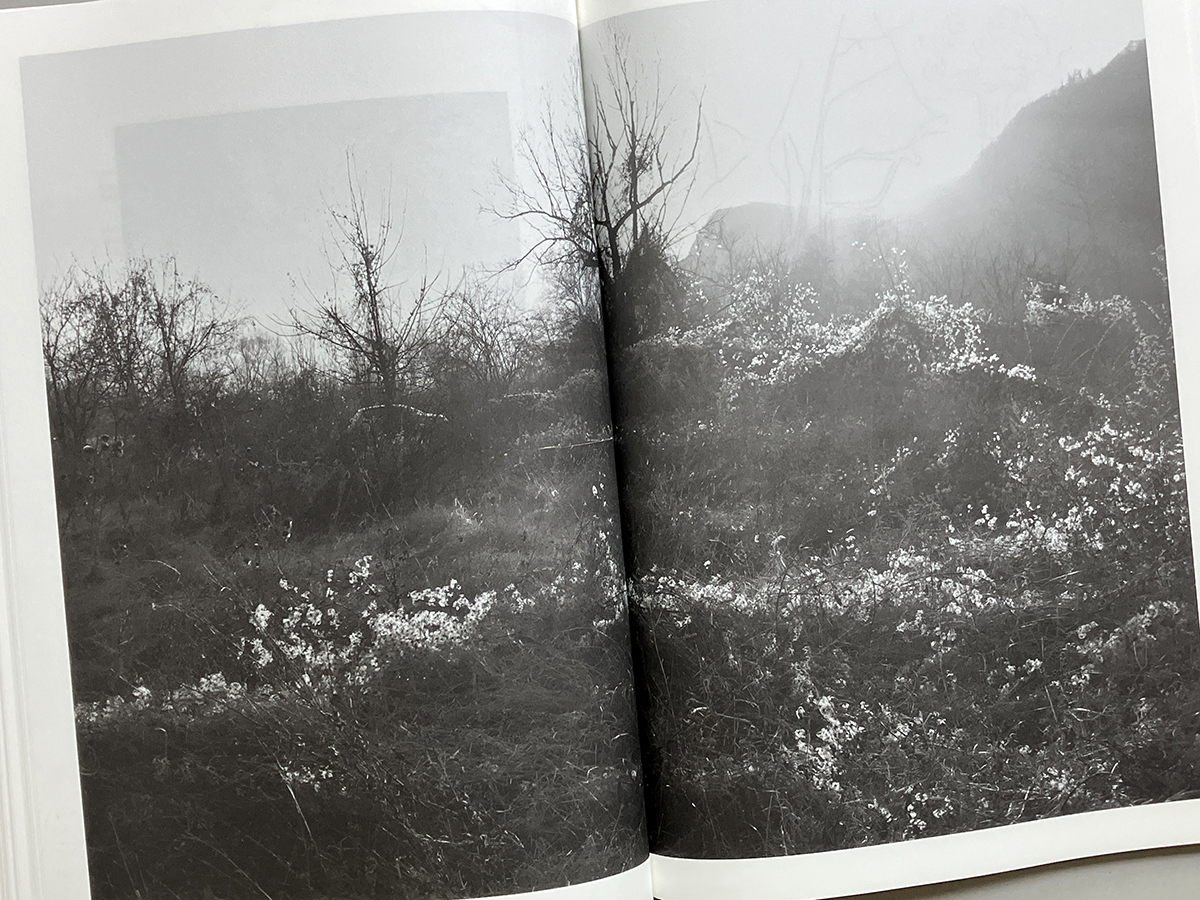
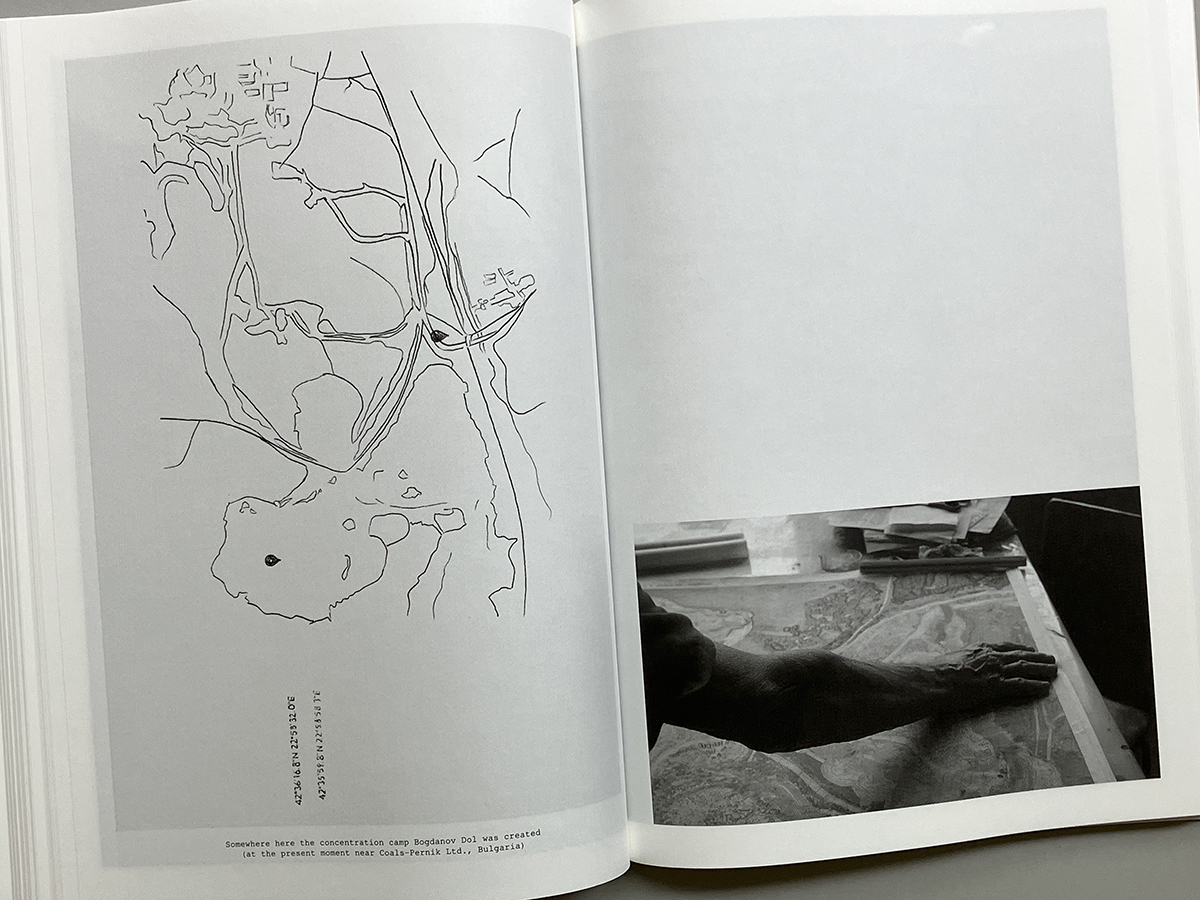
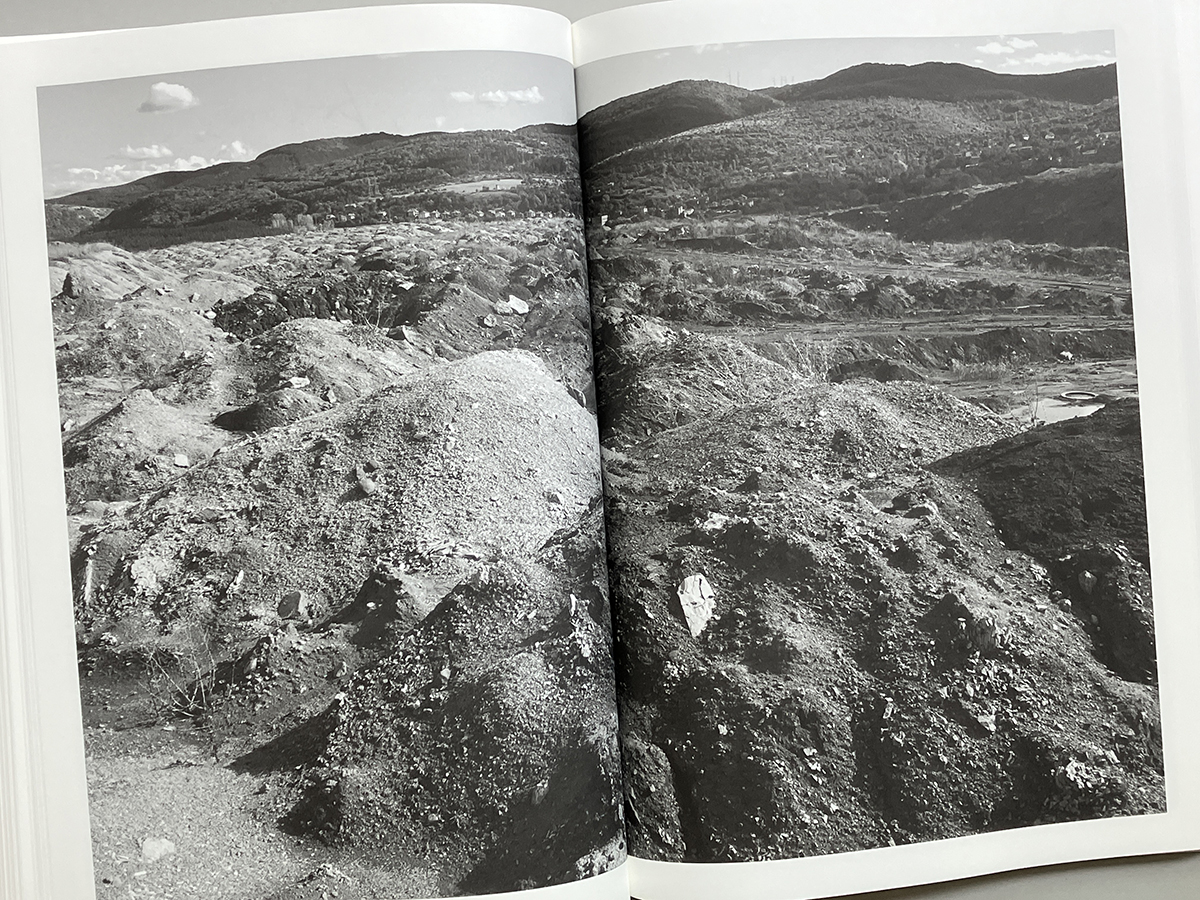
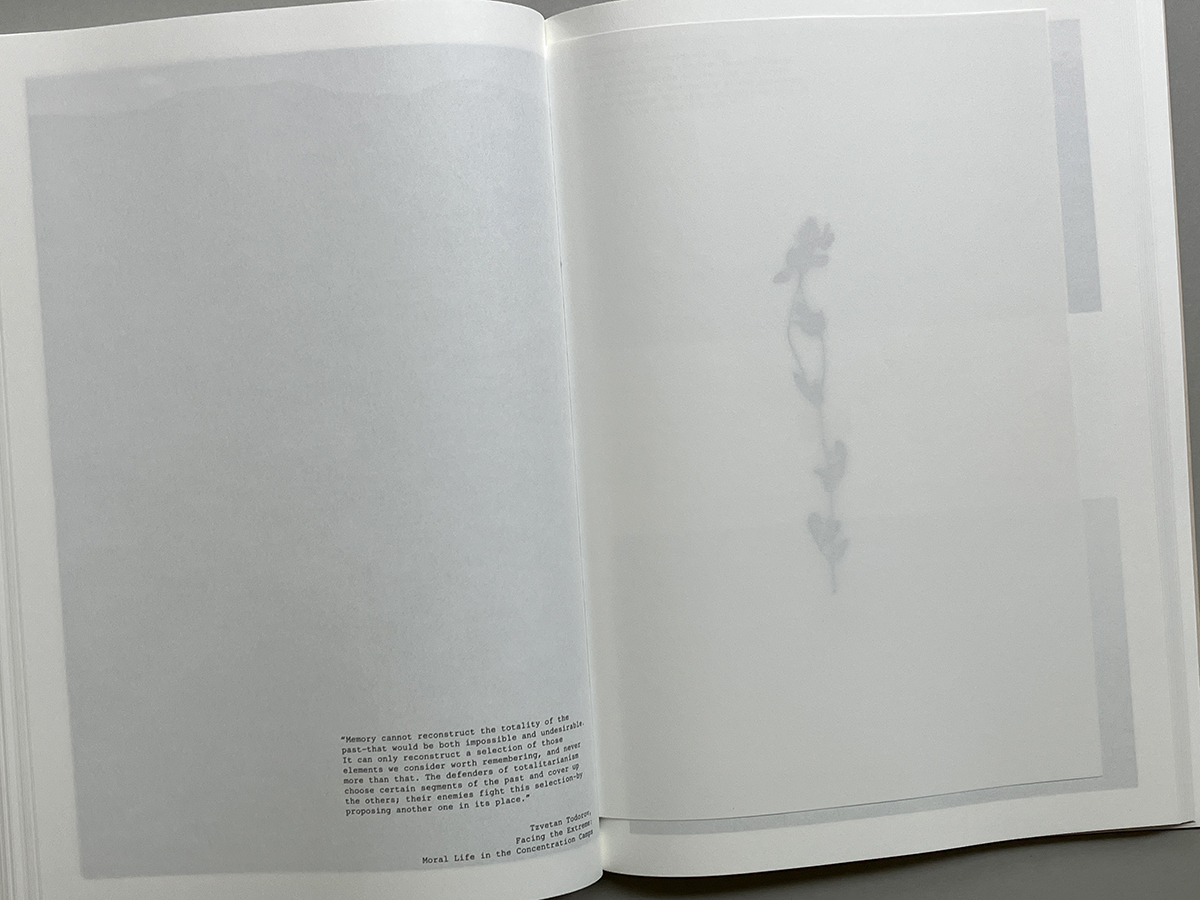
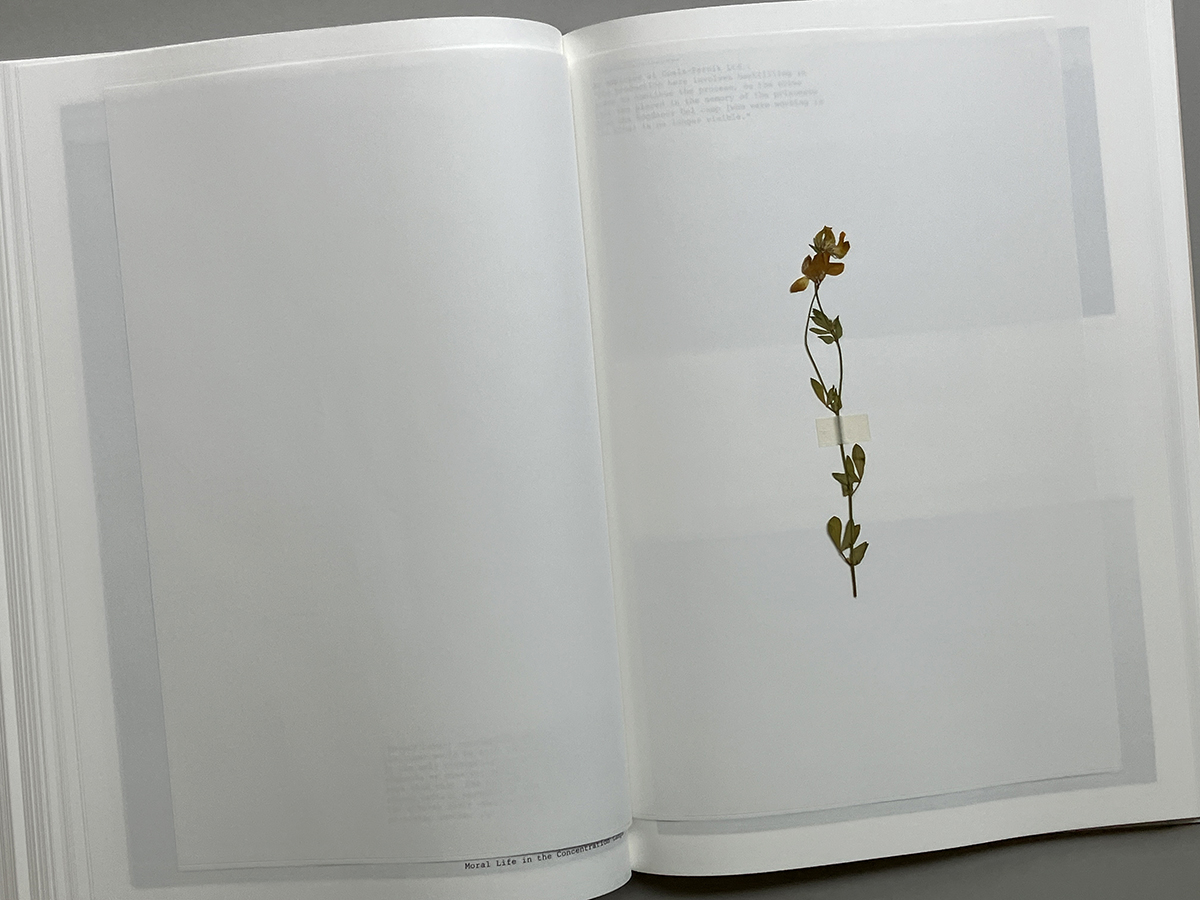
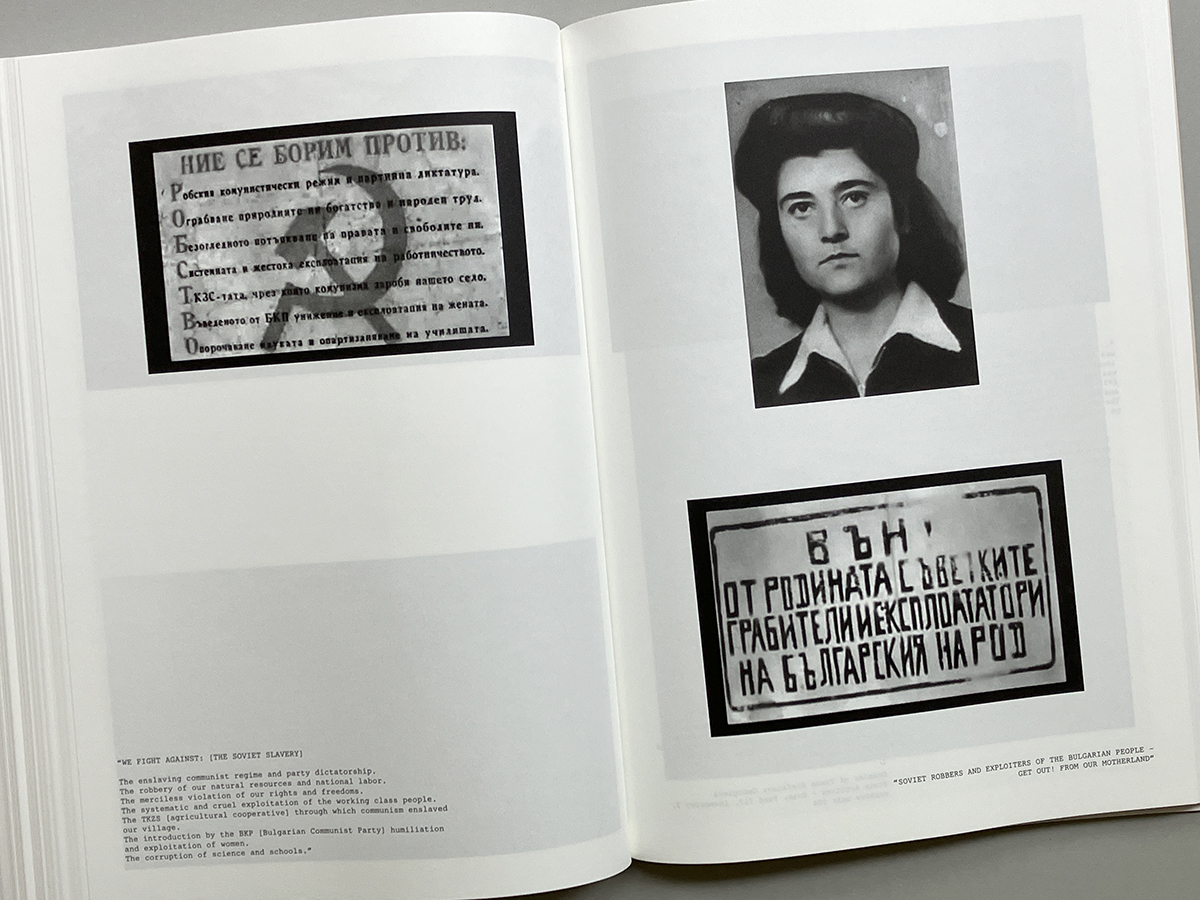
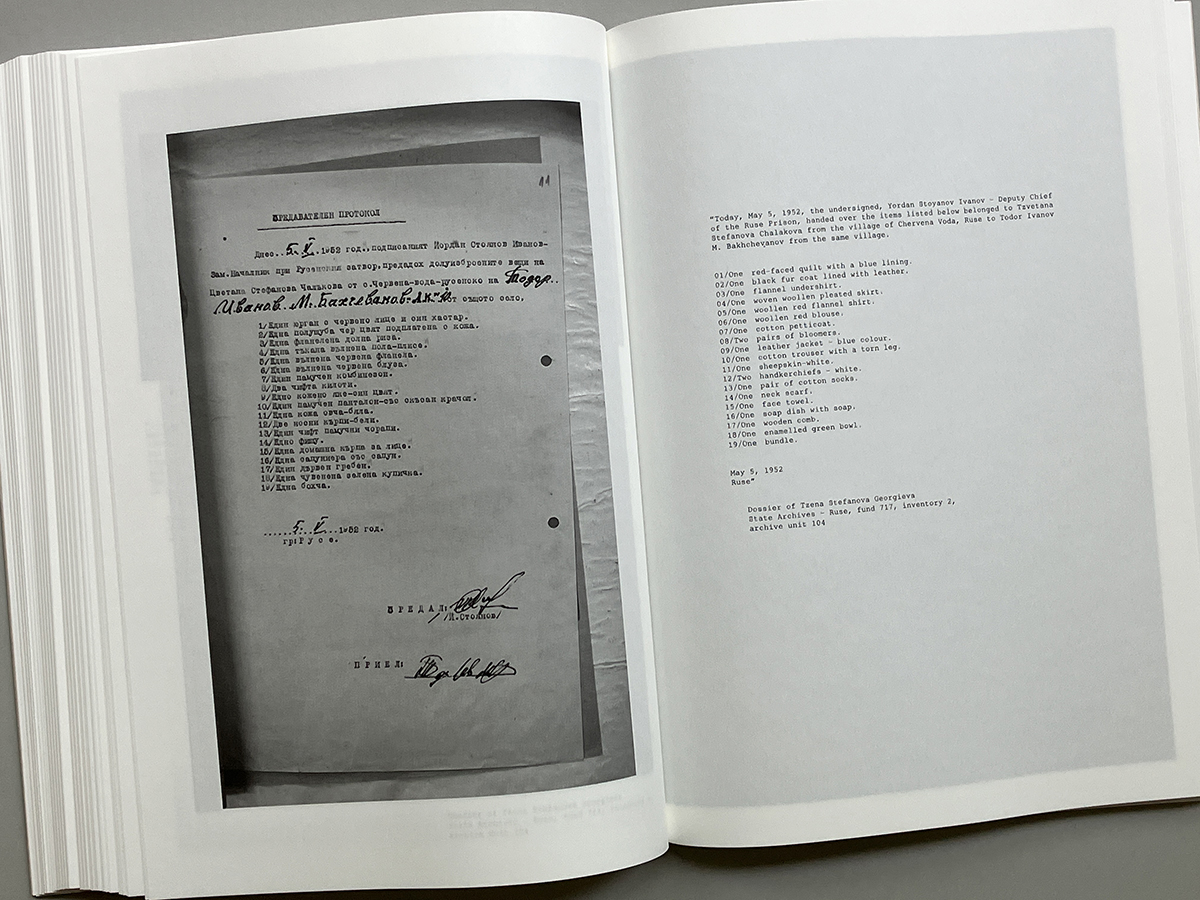
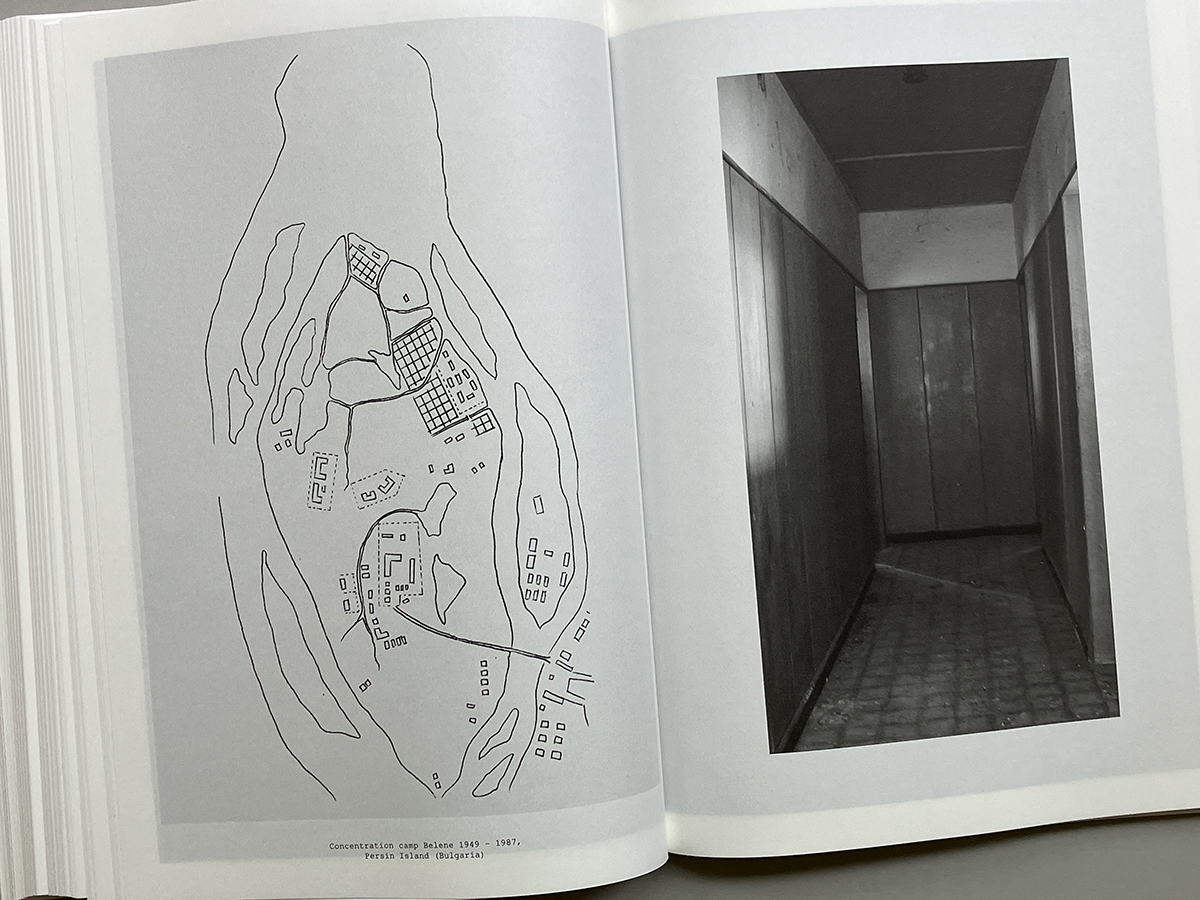
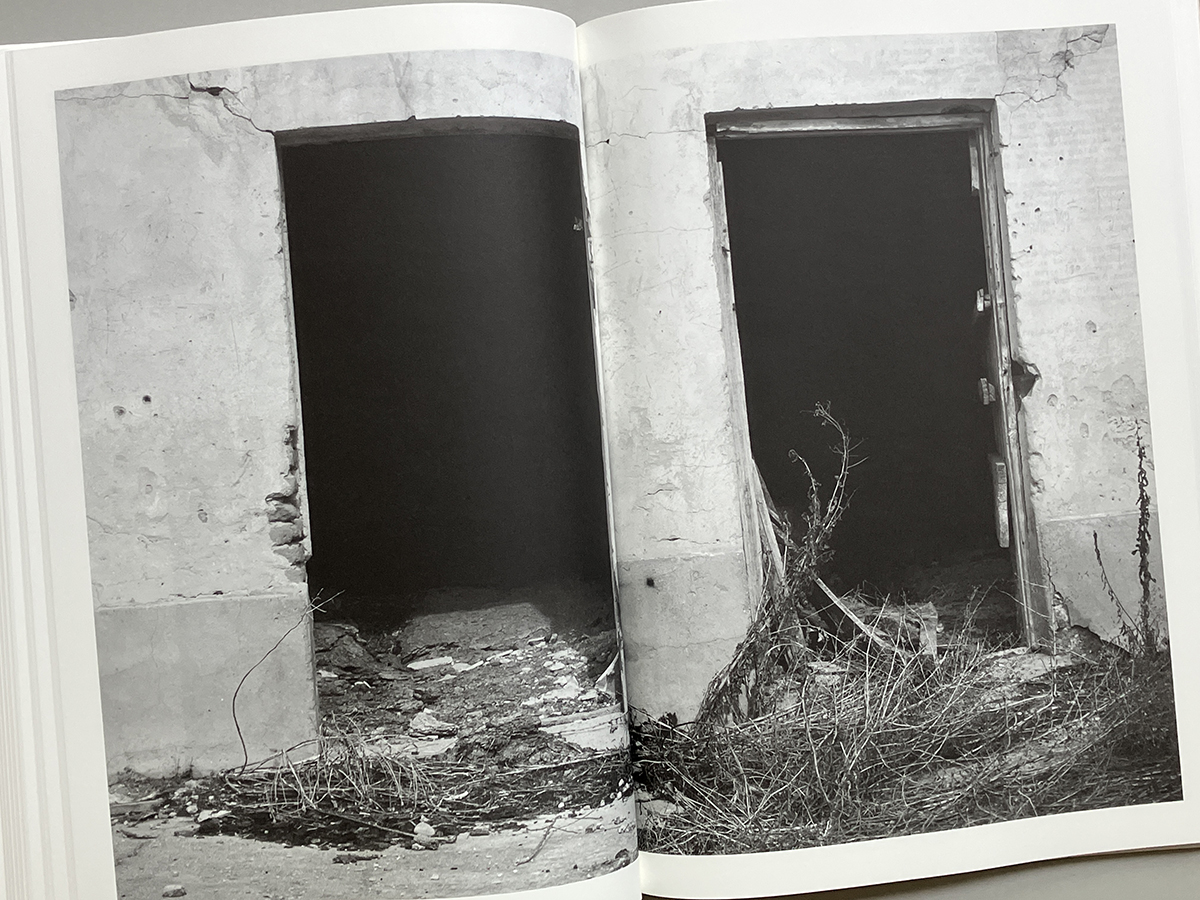
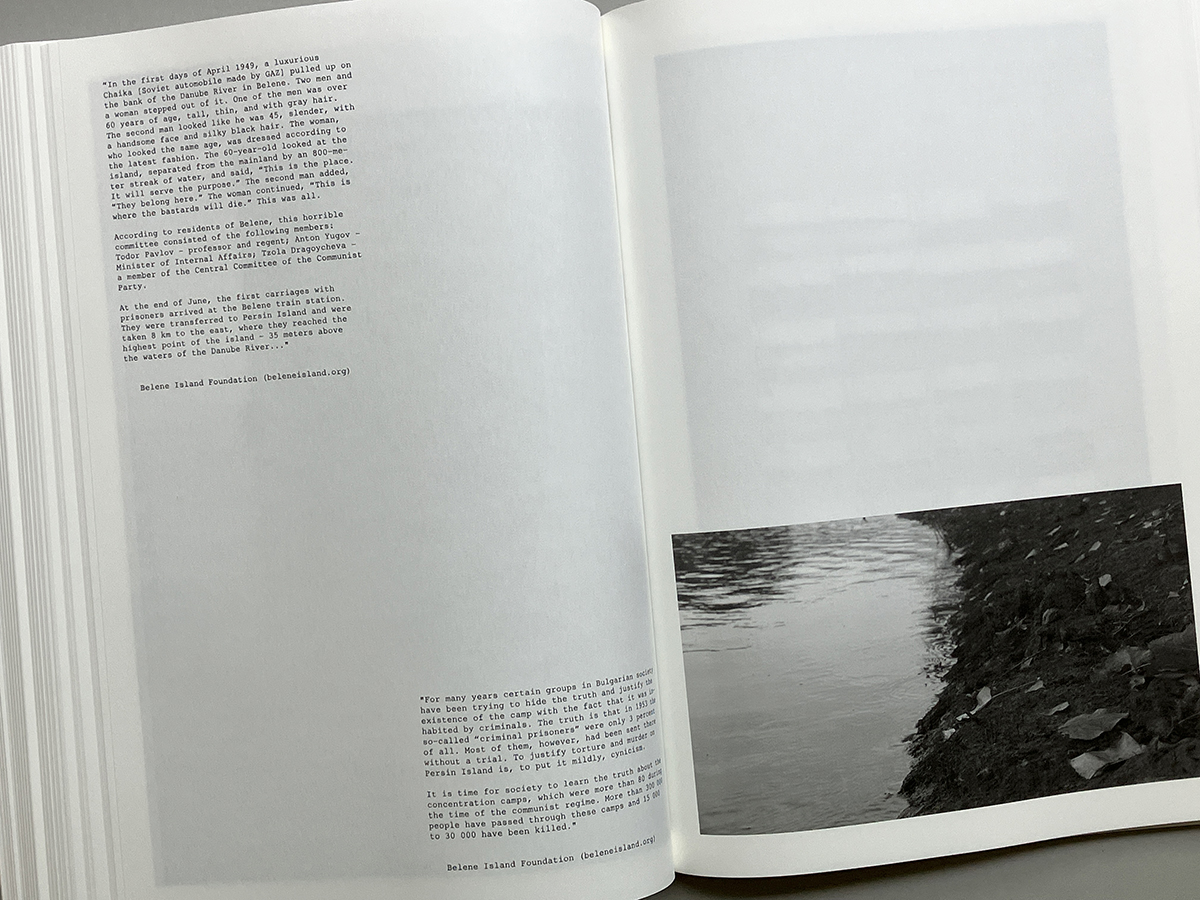
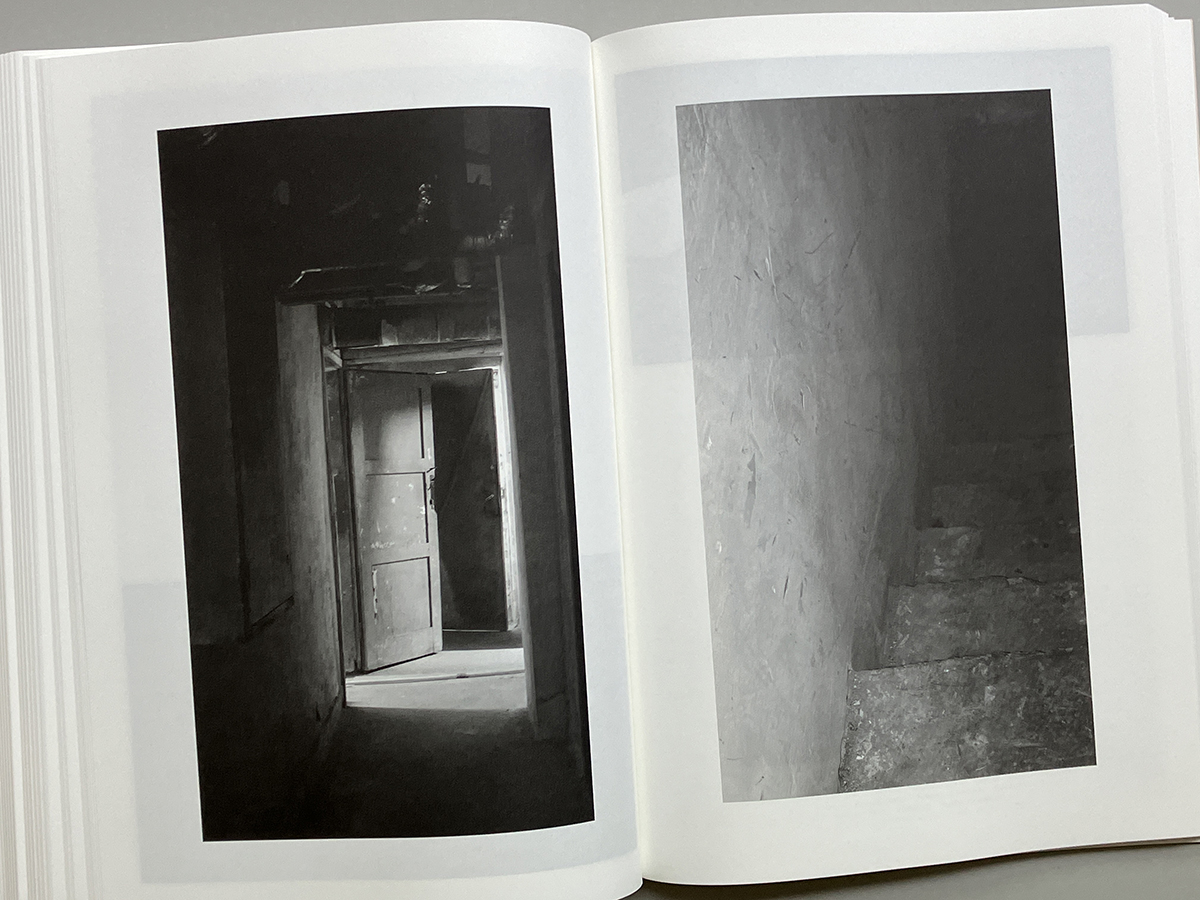
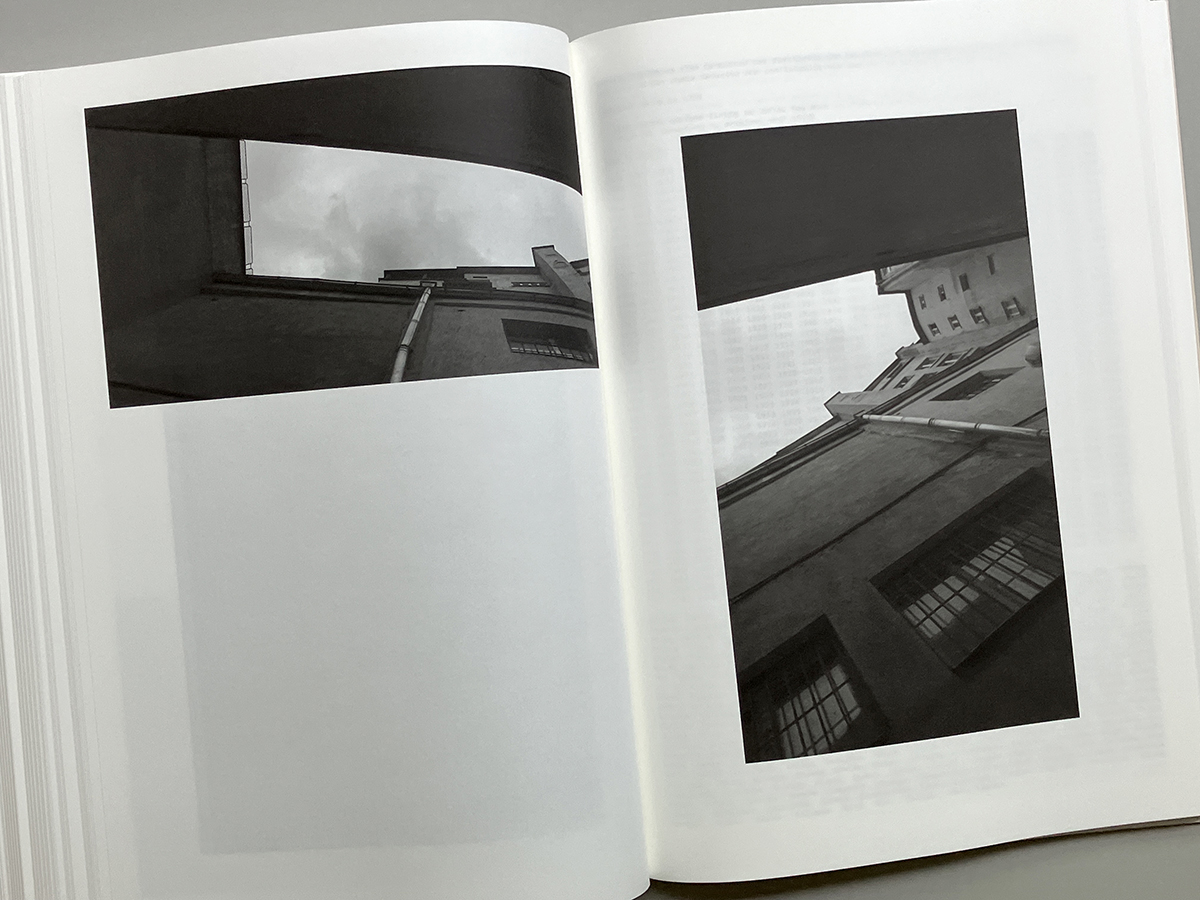
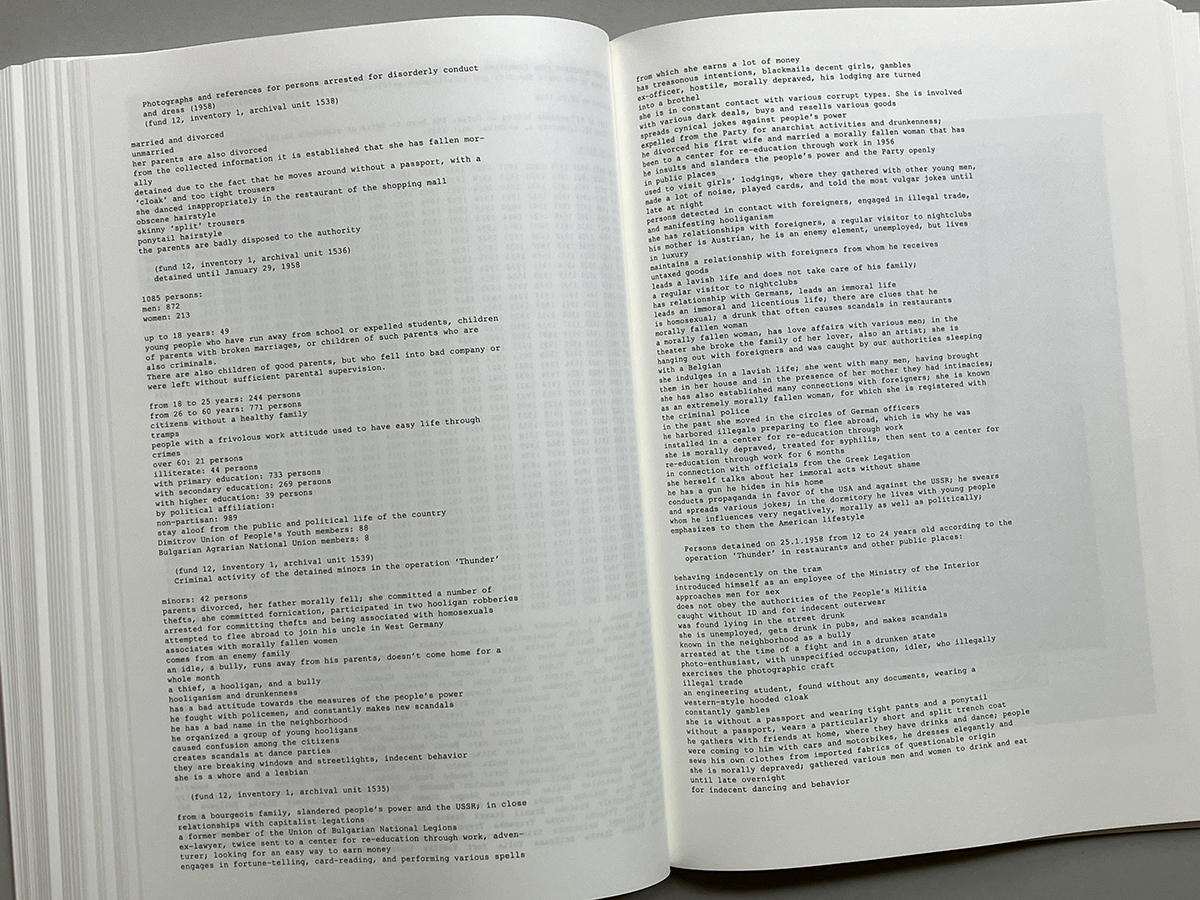
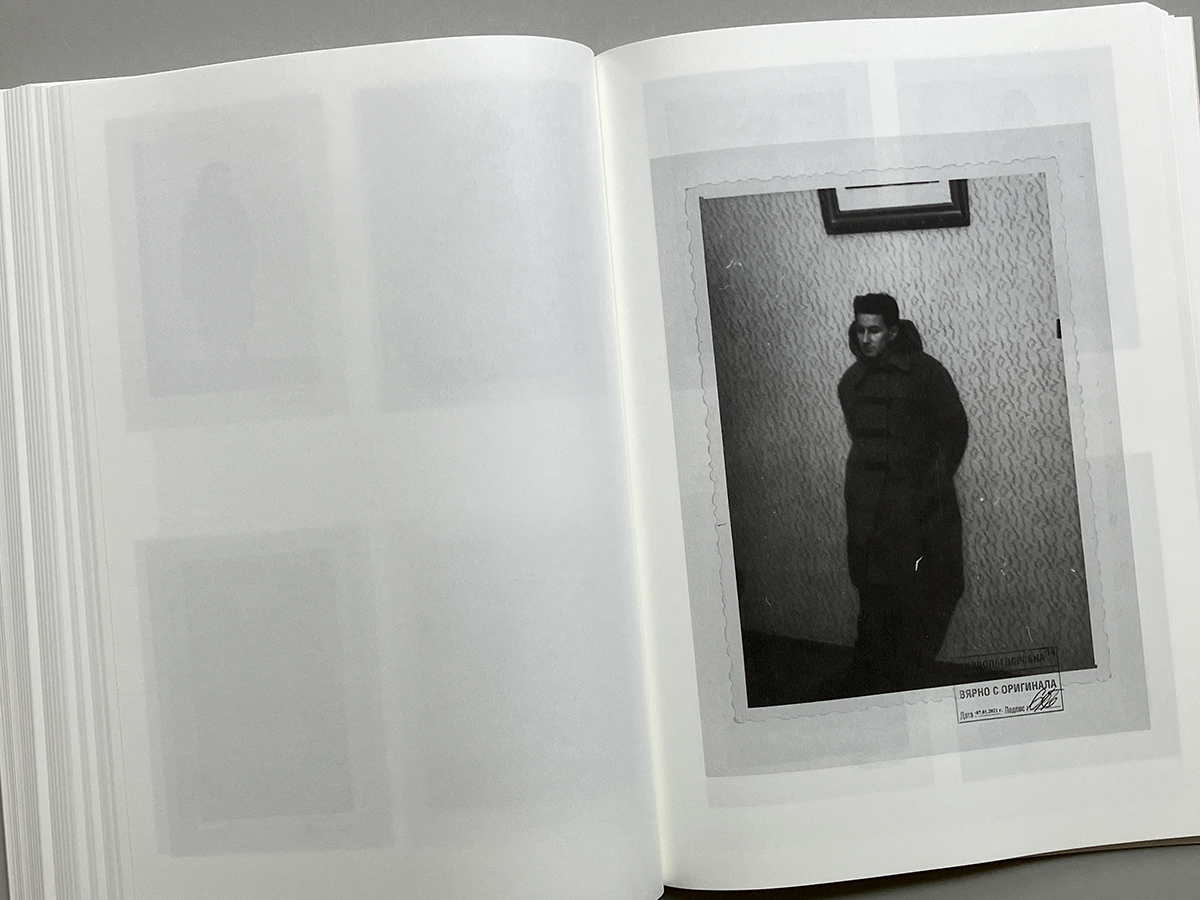
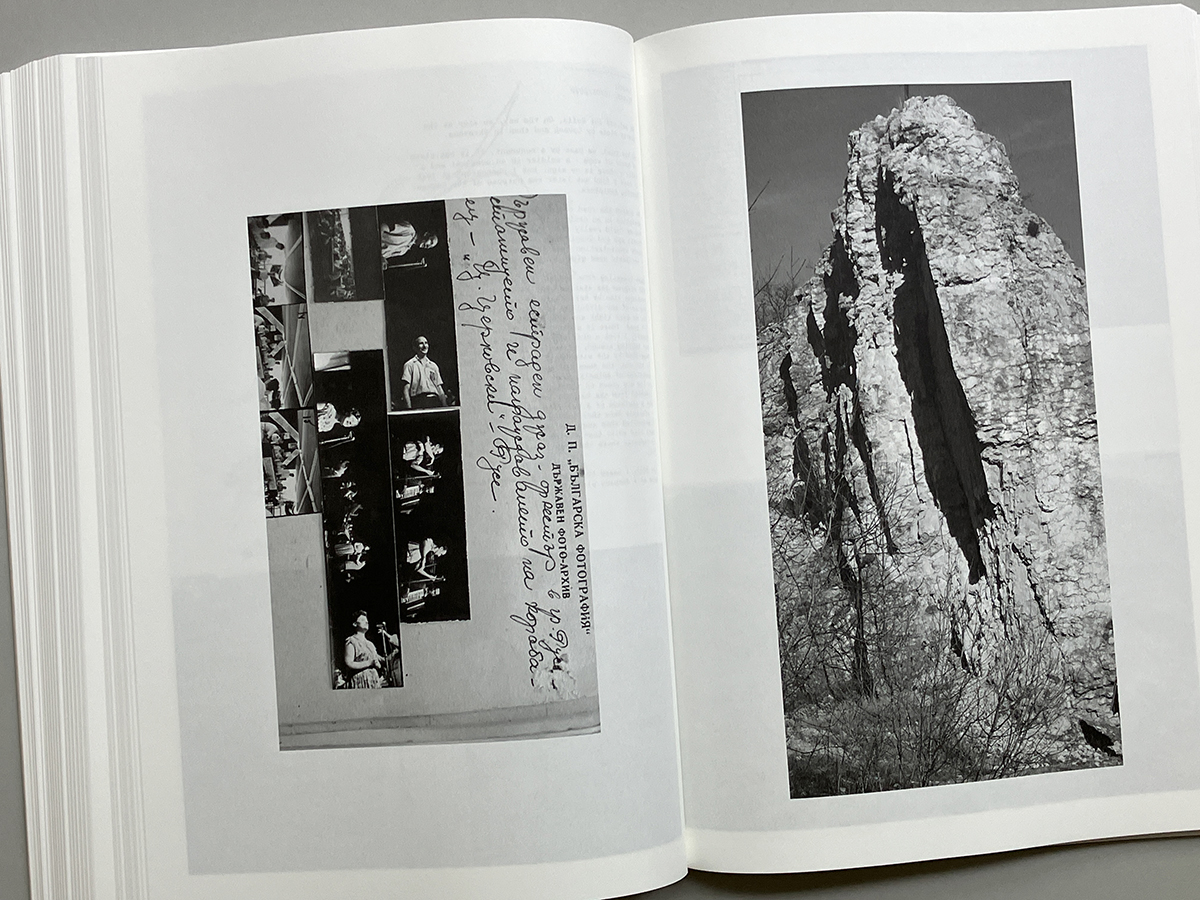
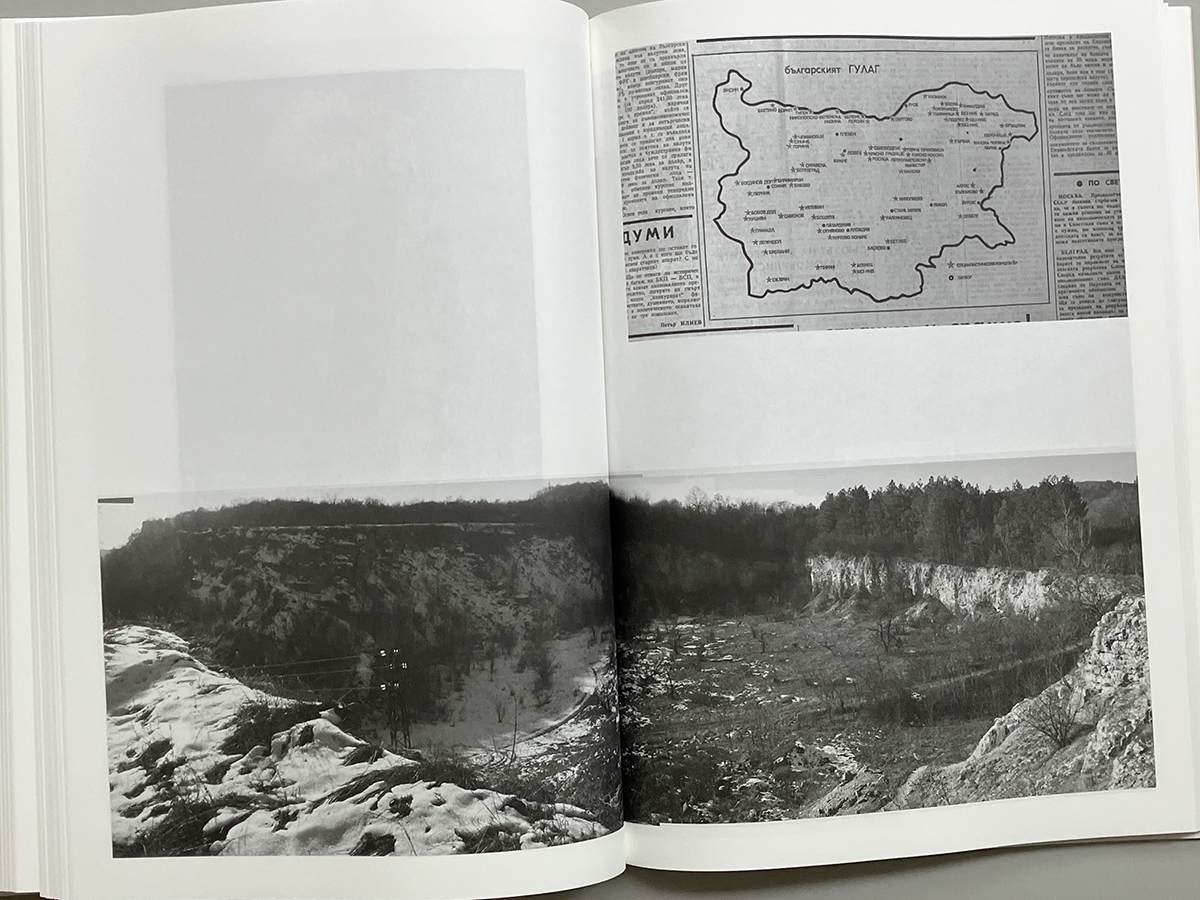
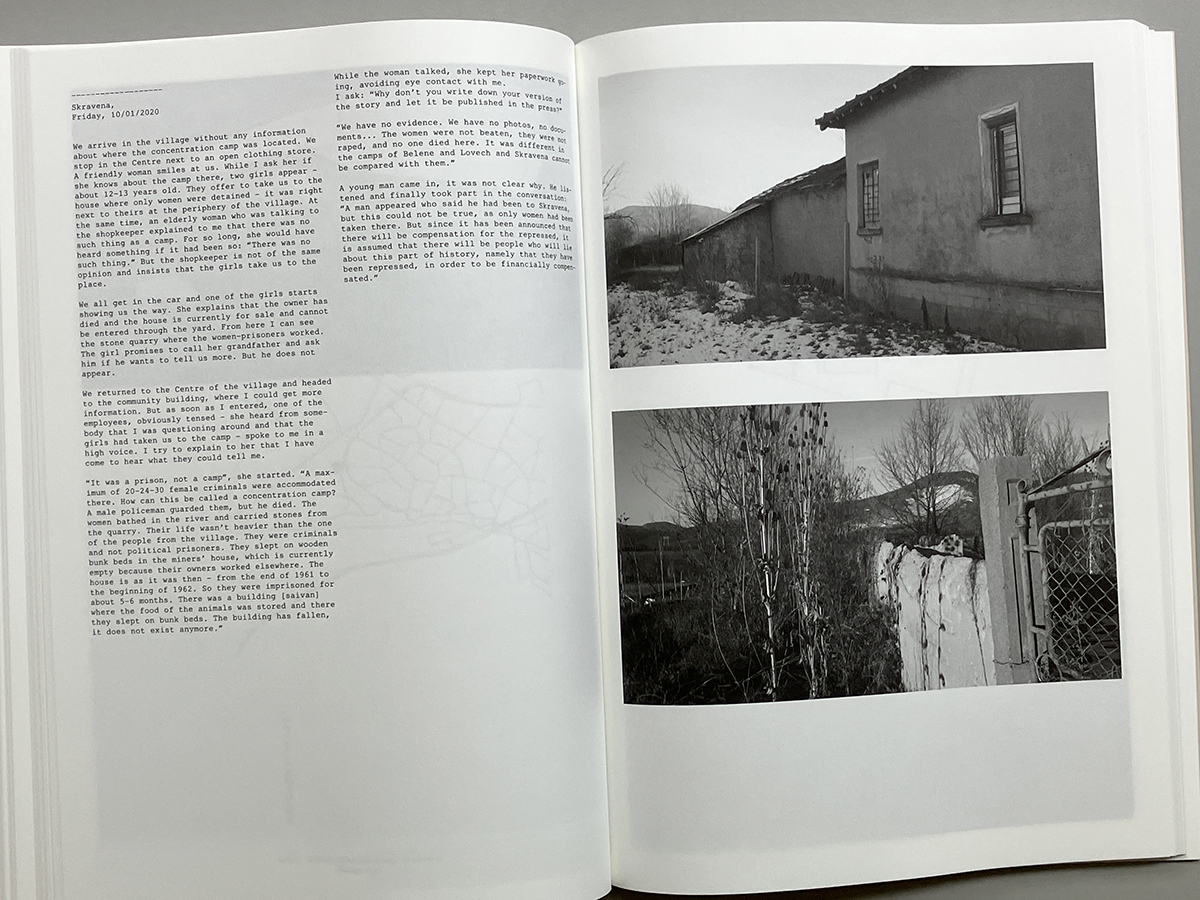
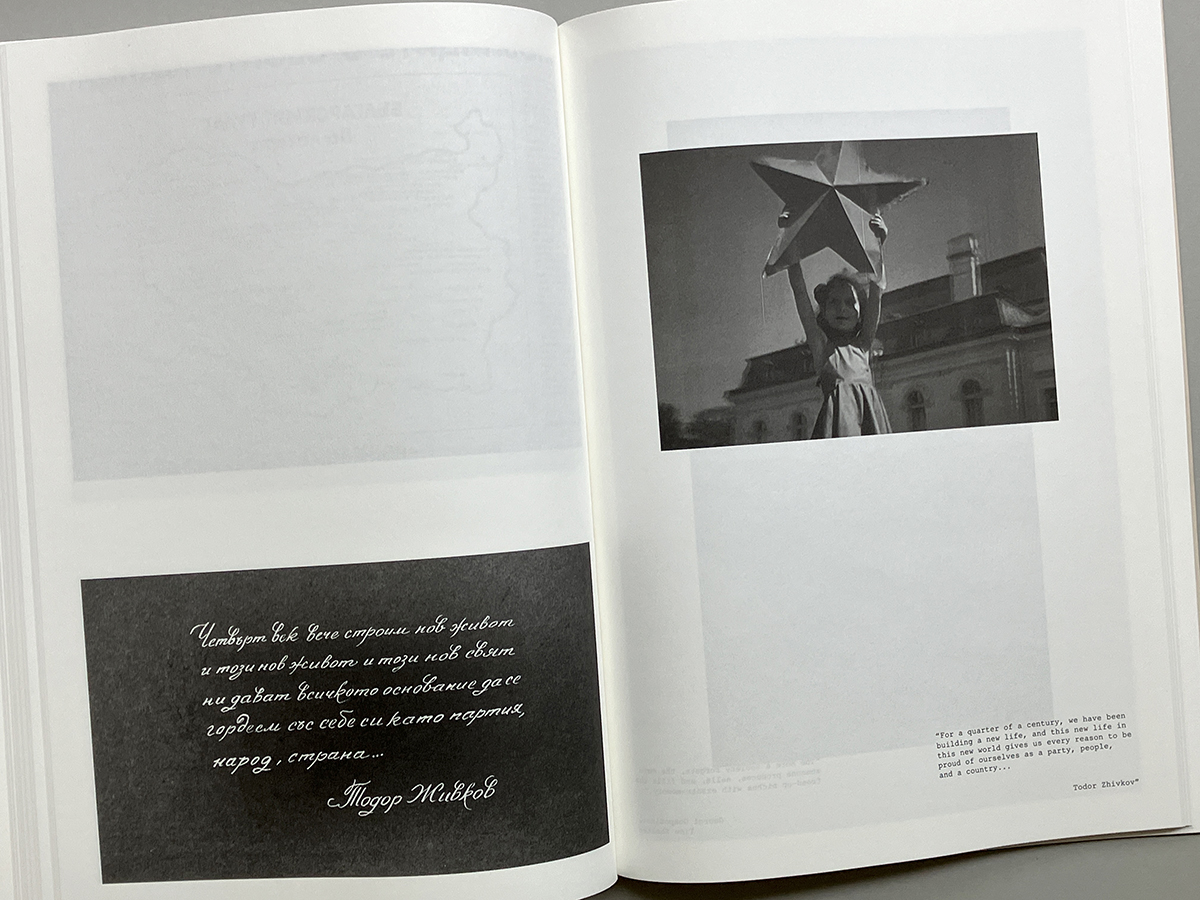
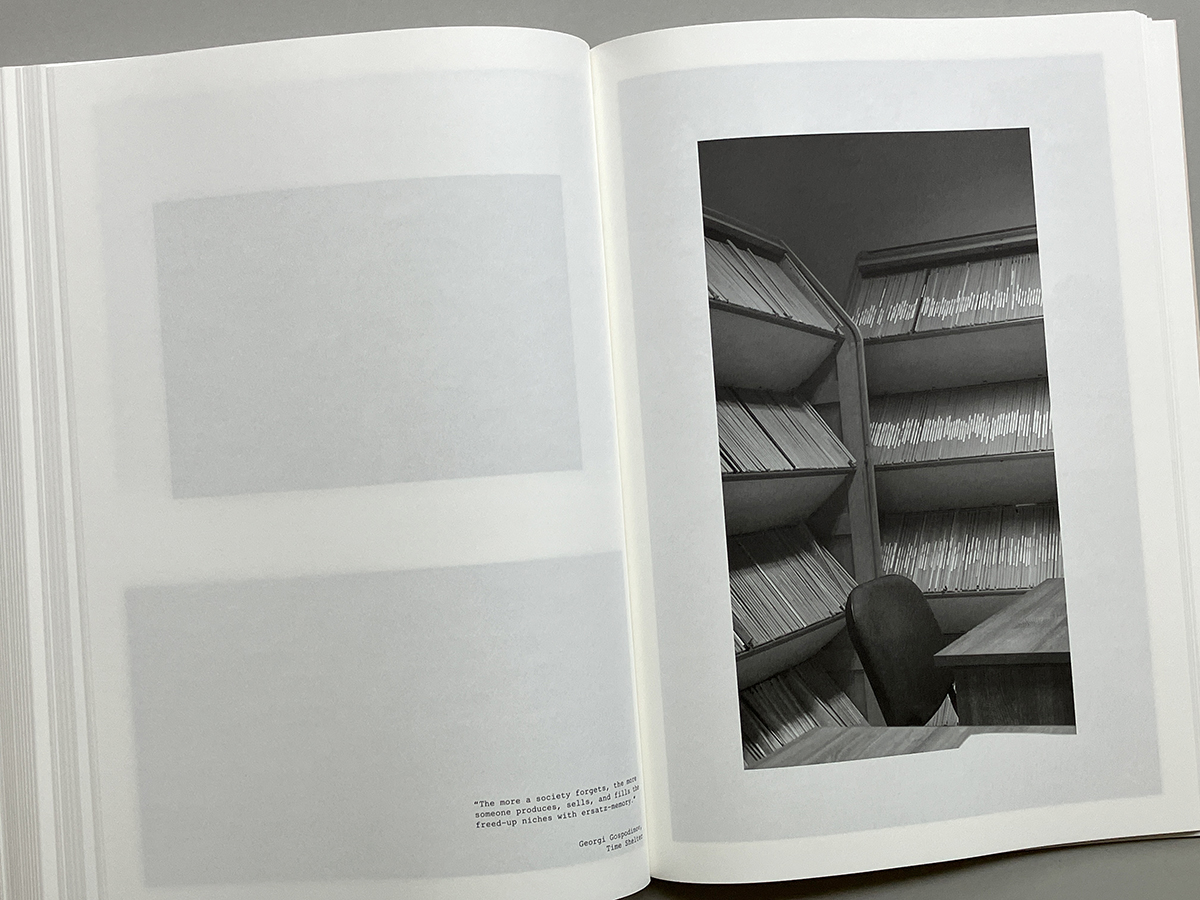
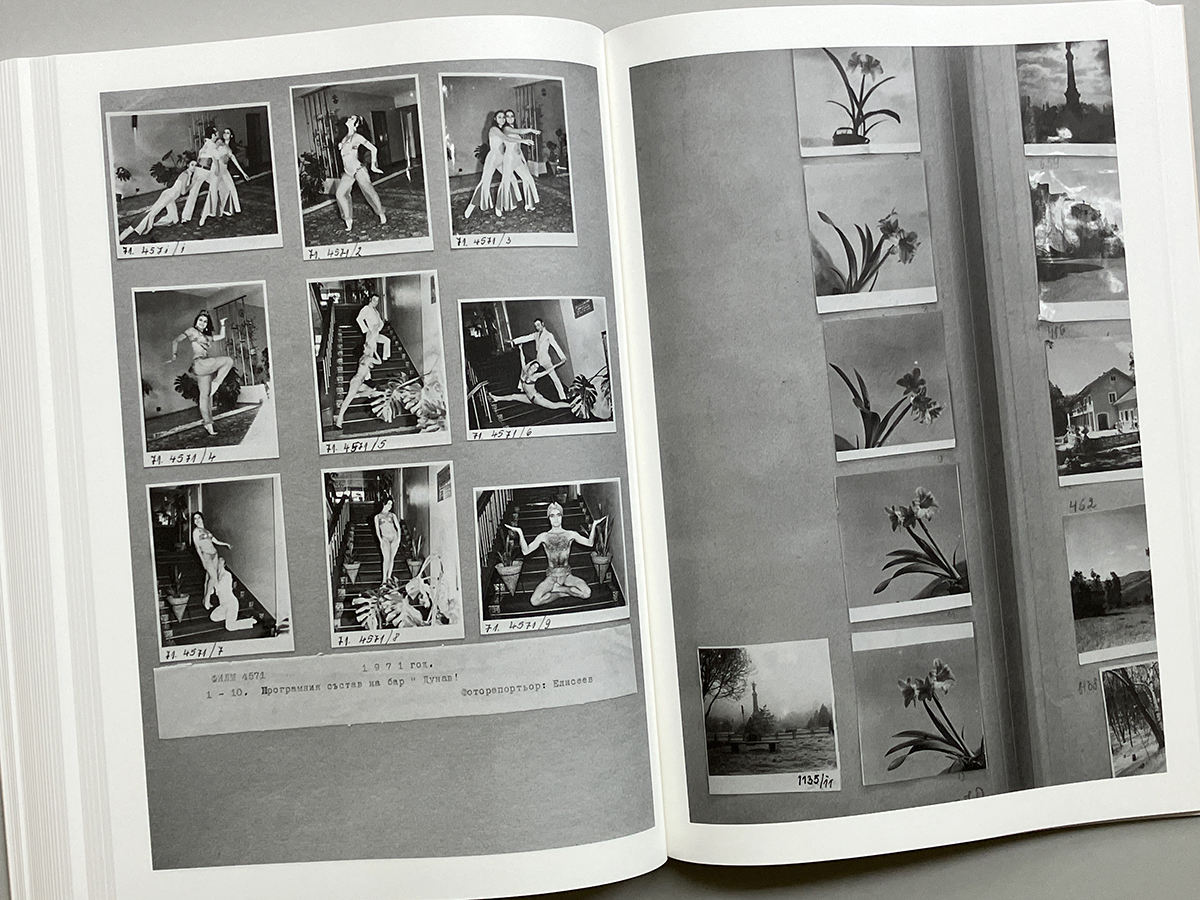
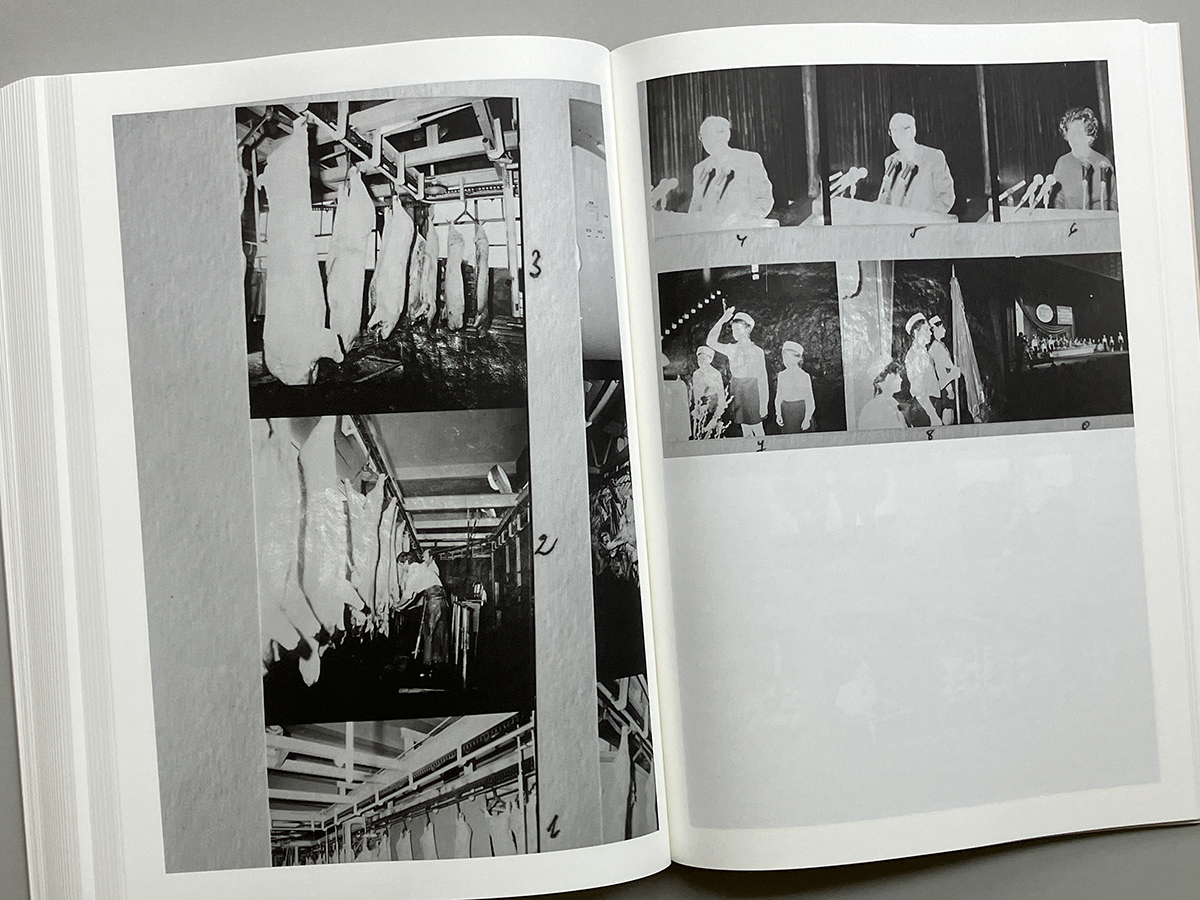
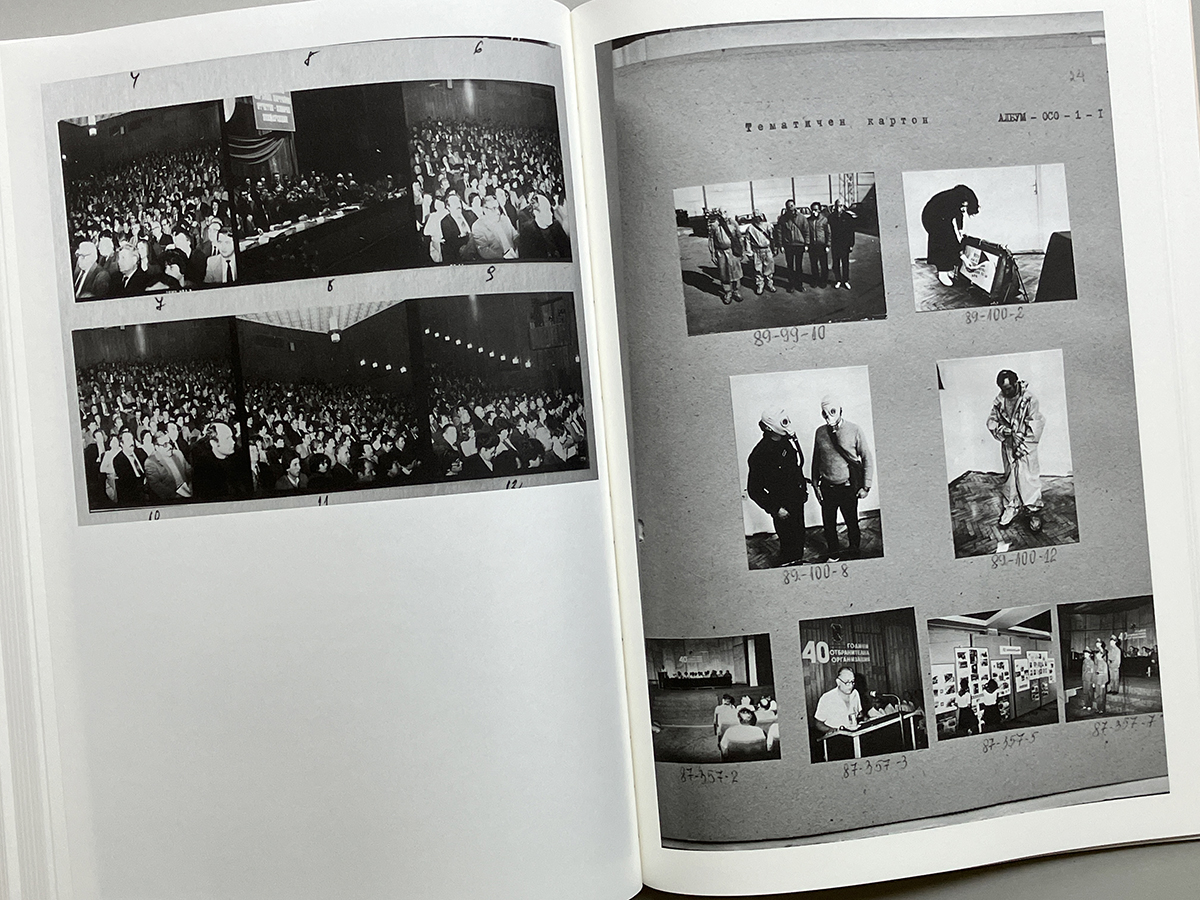
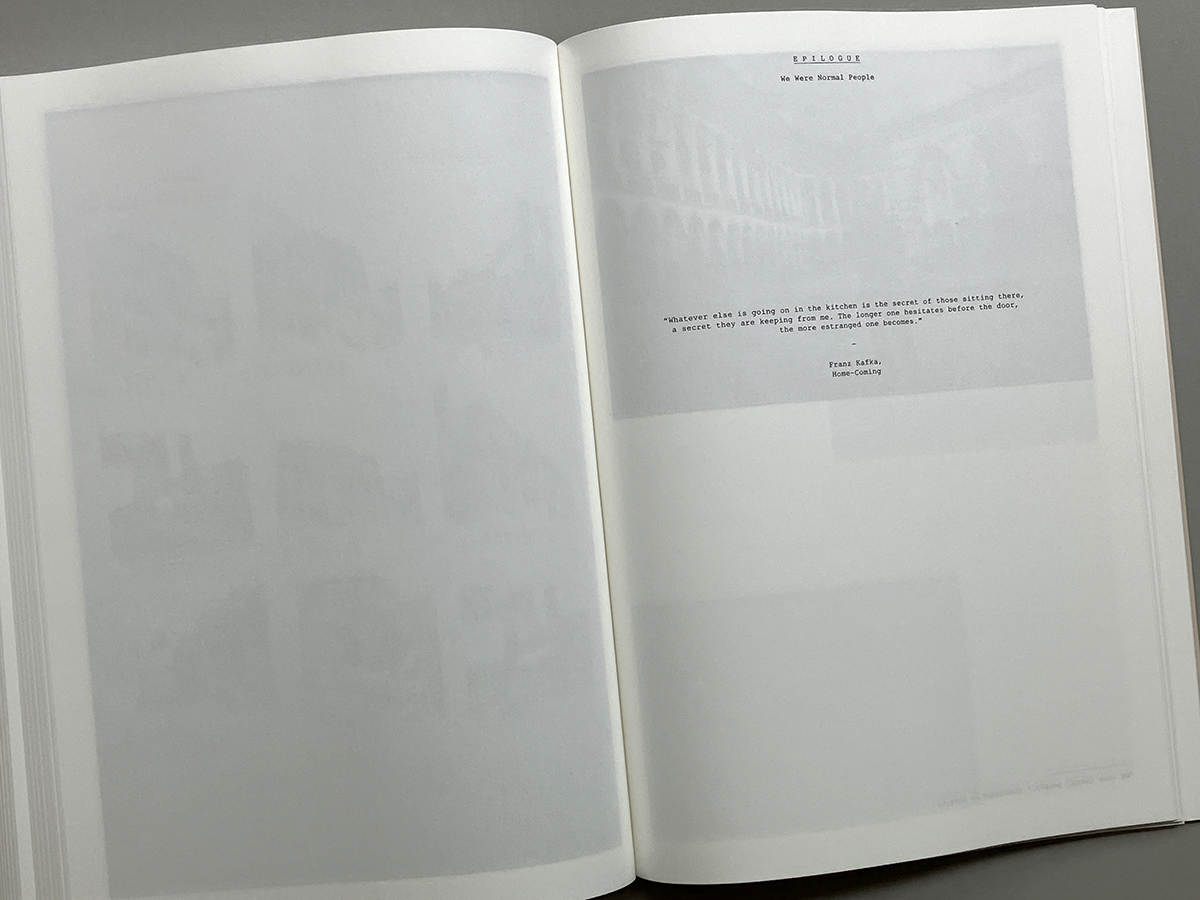
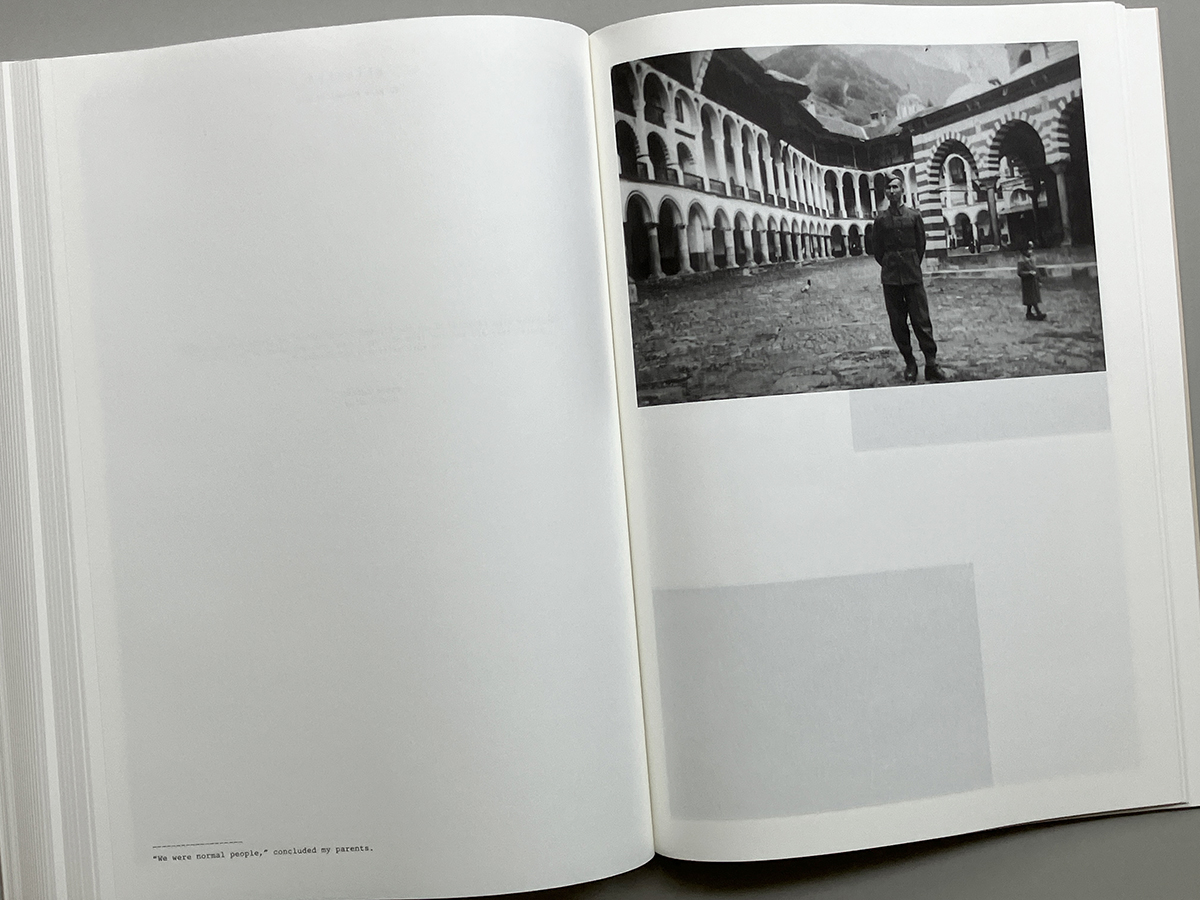
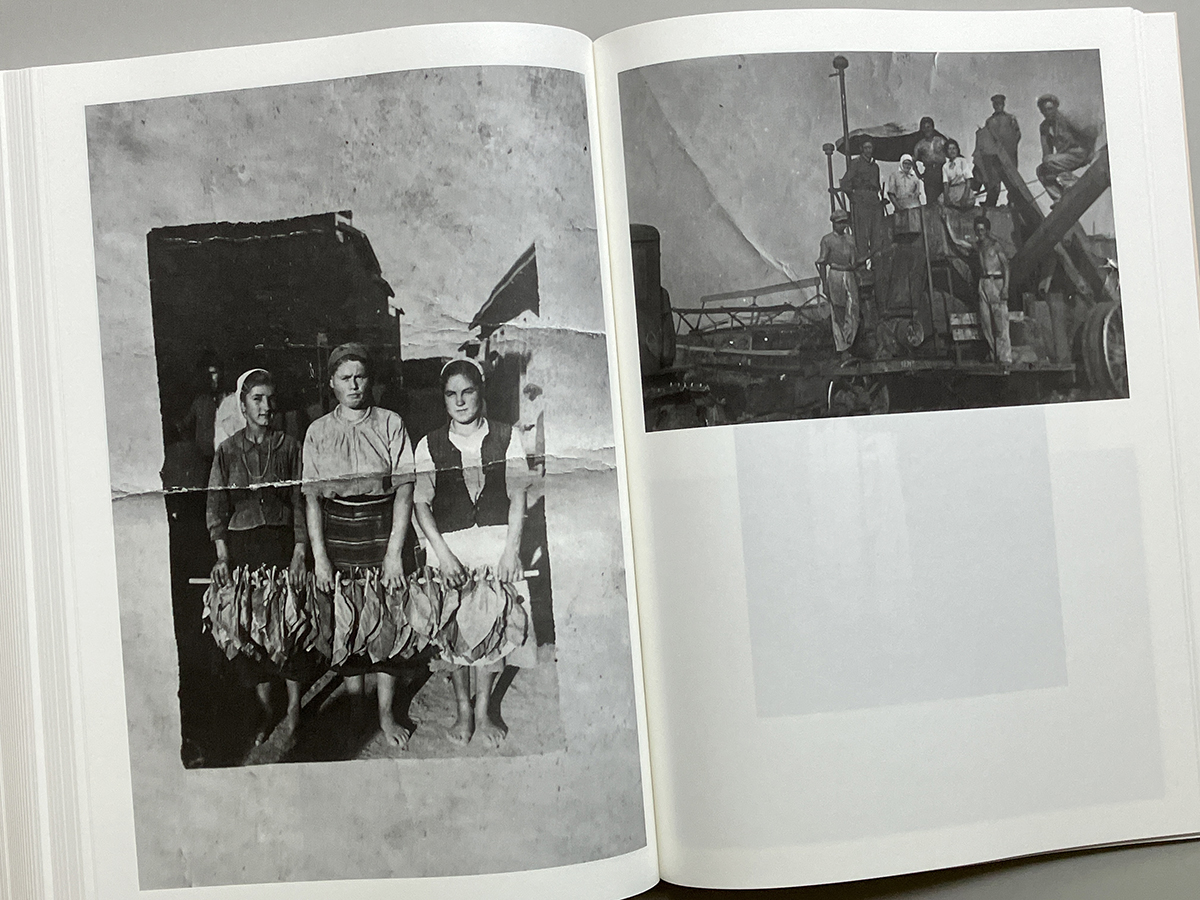
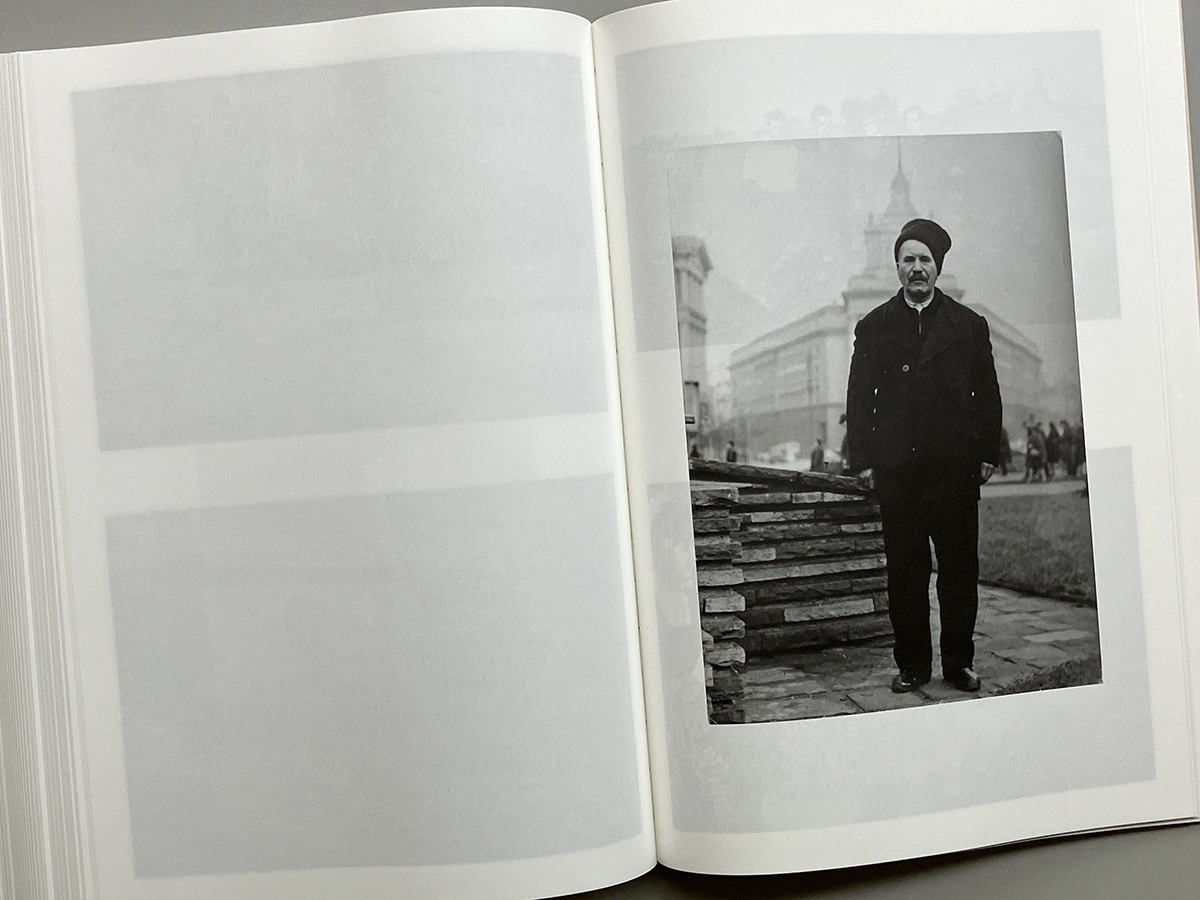
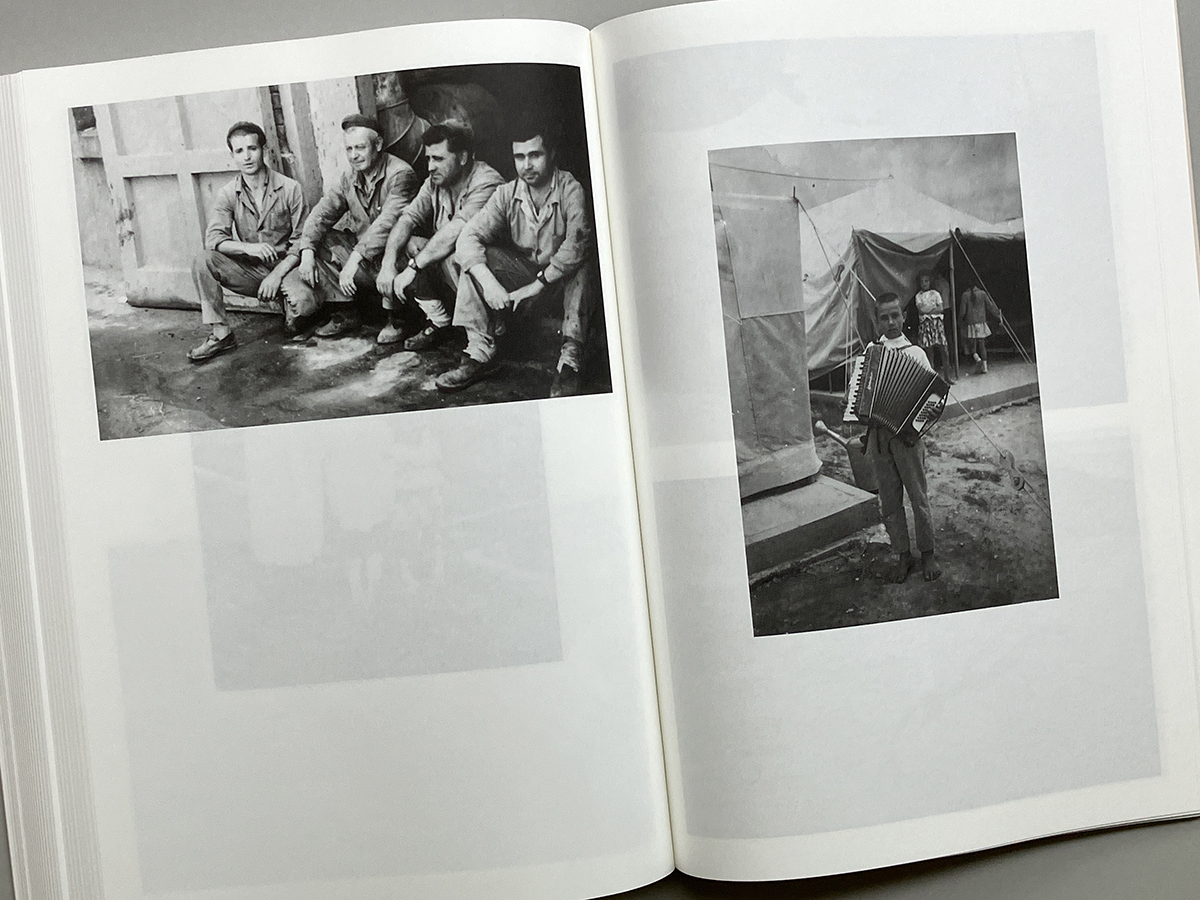
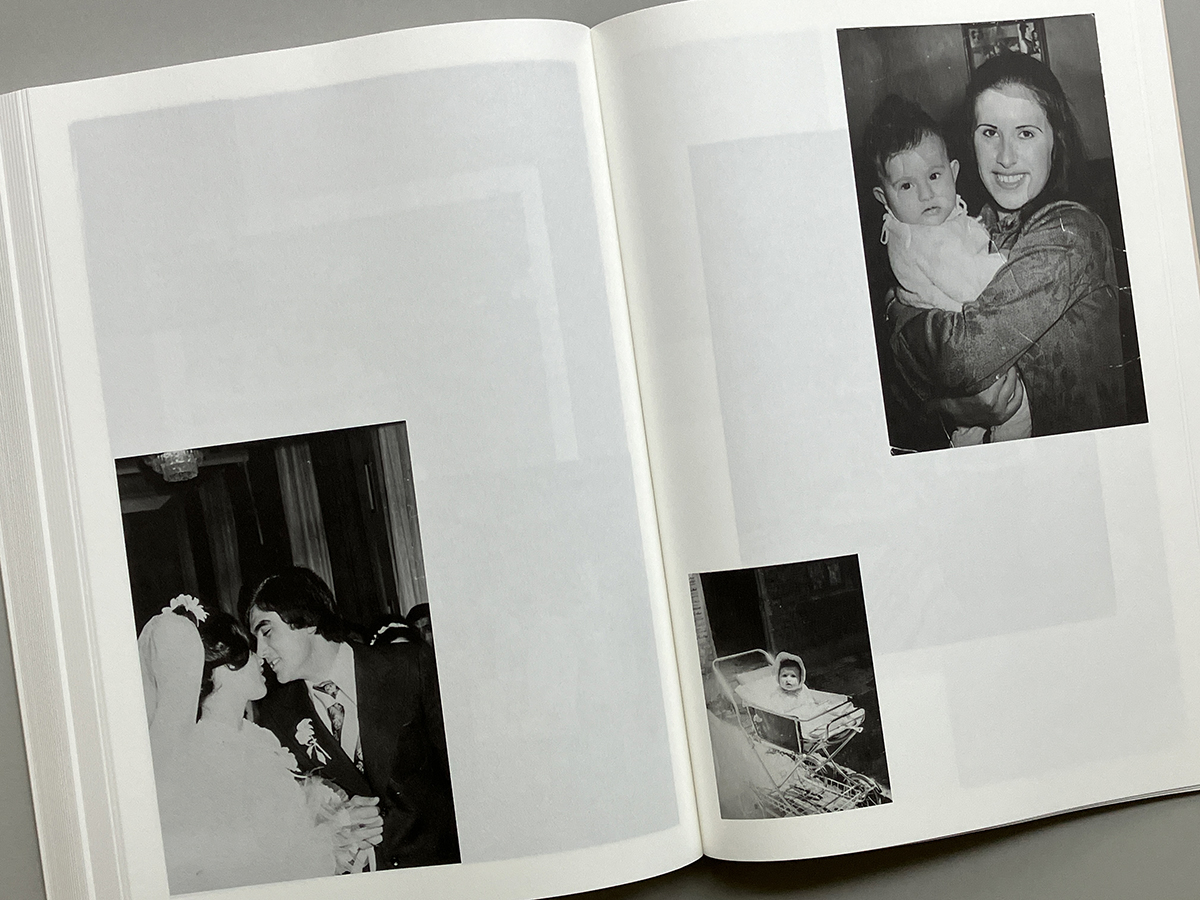
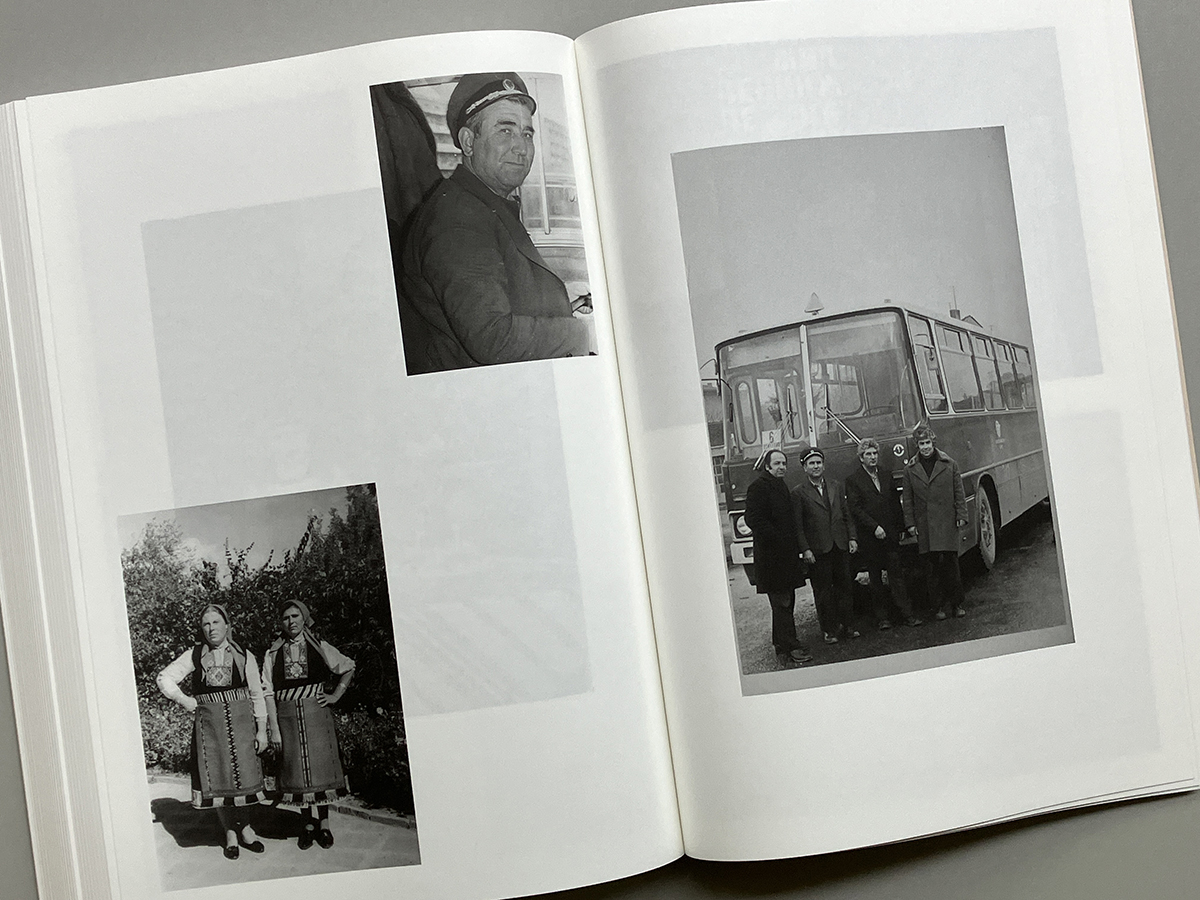
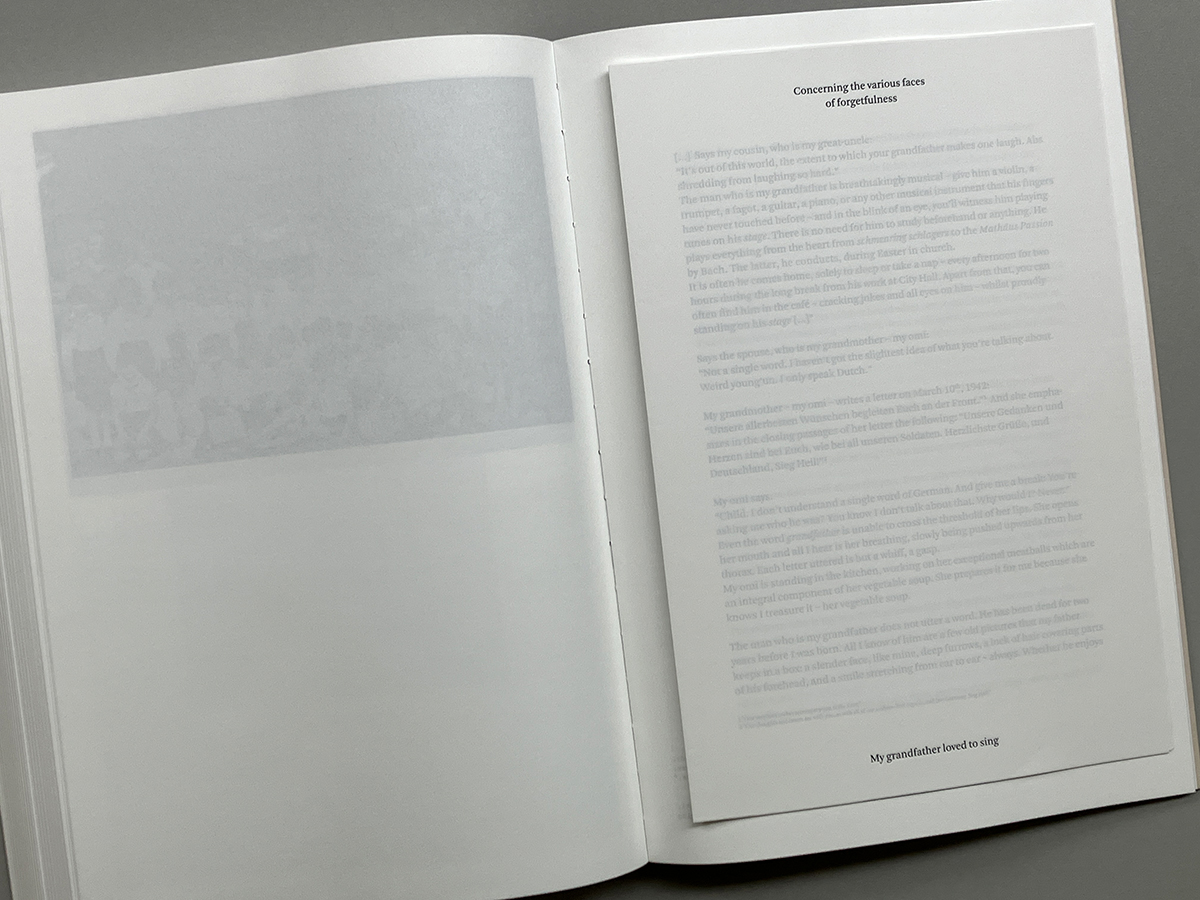
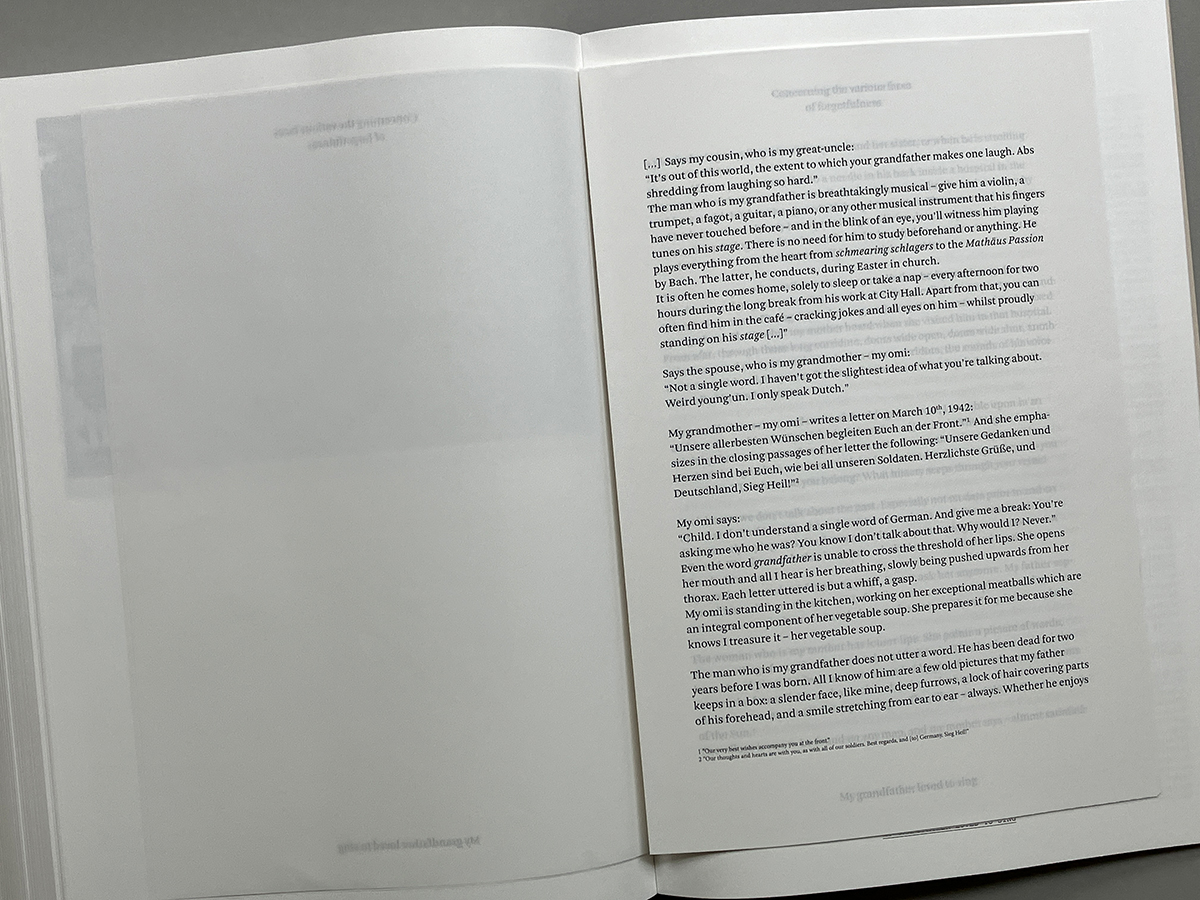
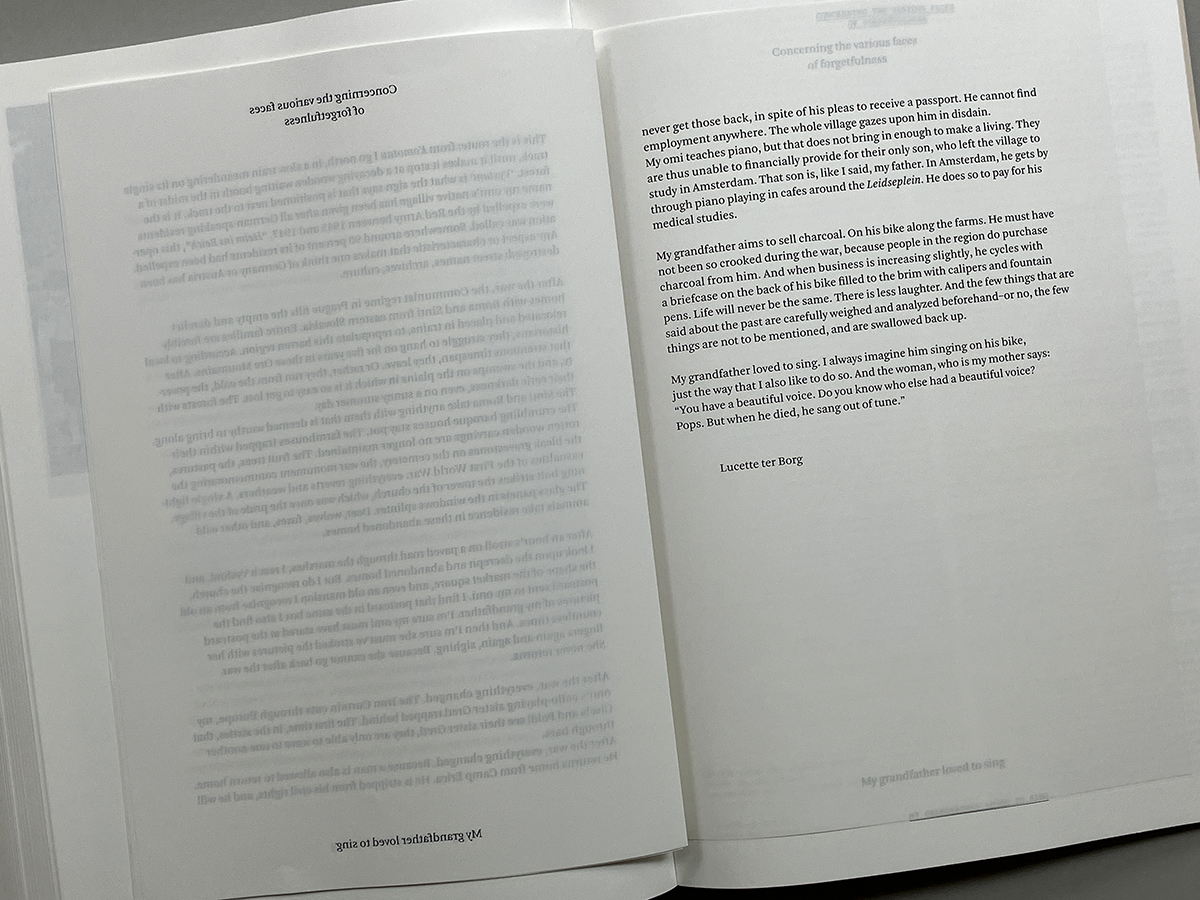
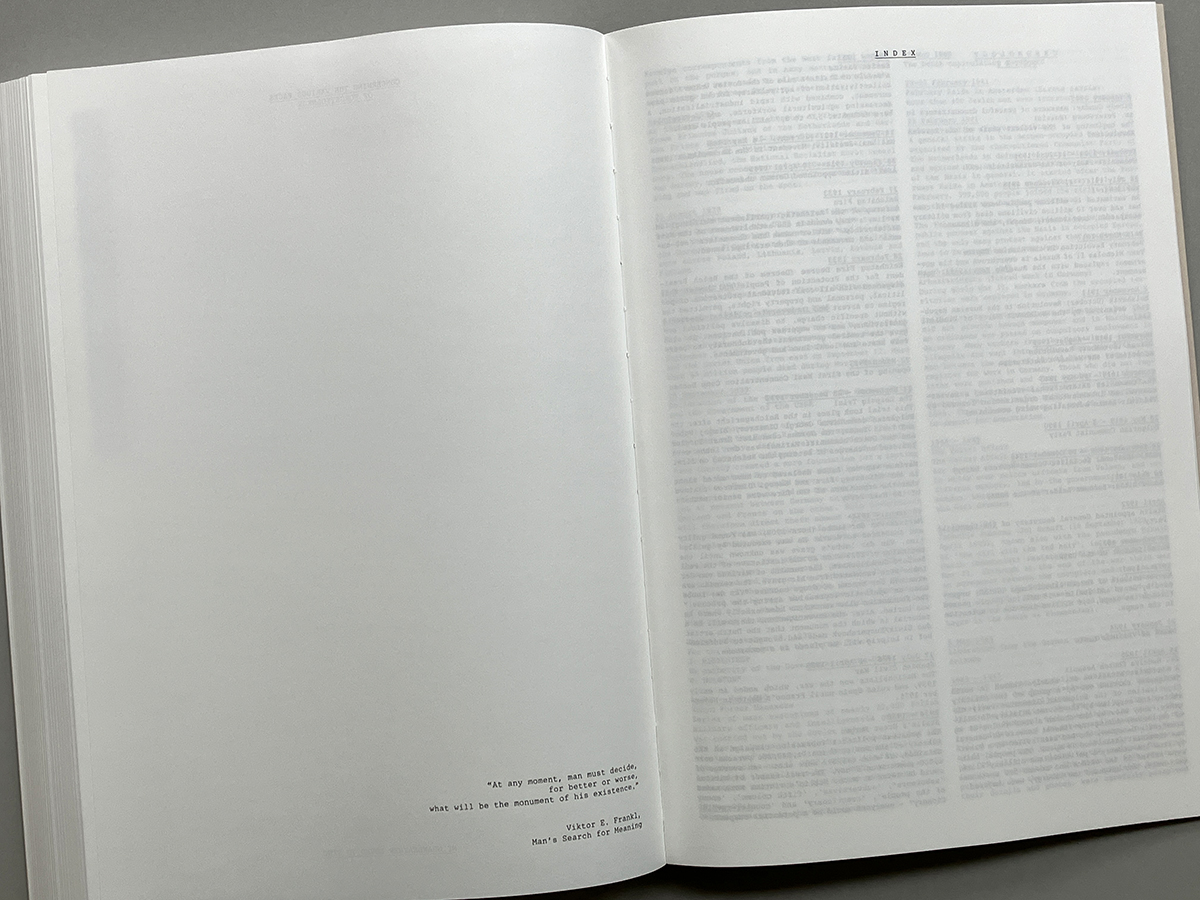
"Heroes and executioners
Hristina Tasheva (47) addresses a charged subject in Far Away From Home - The Voices, the Body and the Periphery. The artist of Bulgarian descent investigates the fate of Dutch communists in the Second World War and the role of communism in the brutal repression of political opponents in her homeland.
In the Netherlands, communists such as 'the girl with the red hair' Hannie Schaft and alleged Reichstag arsonist Marinus van der Lubbe are among the anti-fascist resistance heroes. The Bulgarian communists, on the other hand, held power in the dictatorship from 1944 to 1989 and were responsible for mass murders and systematic torture in concentration camps. Talking about the oppression of political opponents in the Bulgarian dictatorship is still difficult, a taboo that Tasheva courageously denounces.
With archive images and her black-and-white photos, quotes from files and court reports, with poems and maps of camps and suspected mass graves, Tasheva exposes the traces of Nazism and Bulgarian communism: testimonies in concrete, overgrown ruins, in cemeteries and lonely places in the forest. In this way, she sheds light on dark histories. This shows that an ideology can give birth to both - resistance heroes and executioners. A painful, conscientious book, with the poetic highlight being a (real) dried flower - a symbol of vulnerability - that Tasheva picked at one of the 'guilty' places she visited."
Arno Haijtema, Volkskrant (08/12/2023)
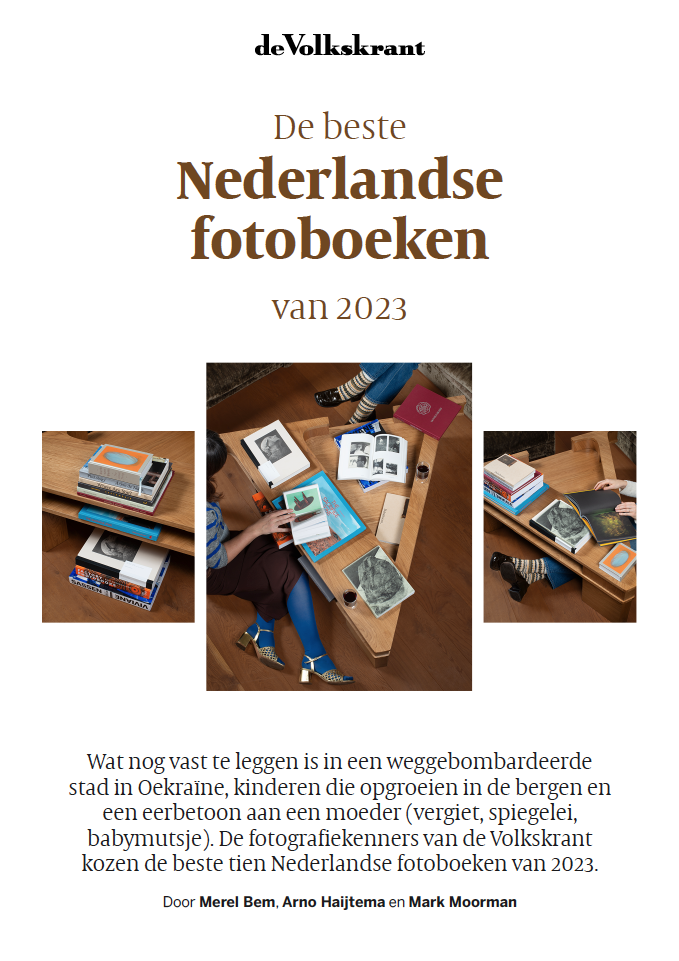
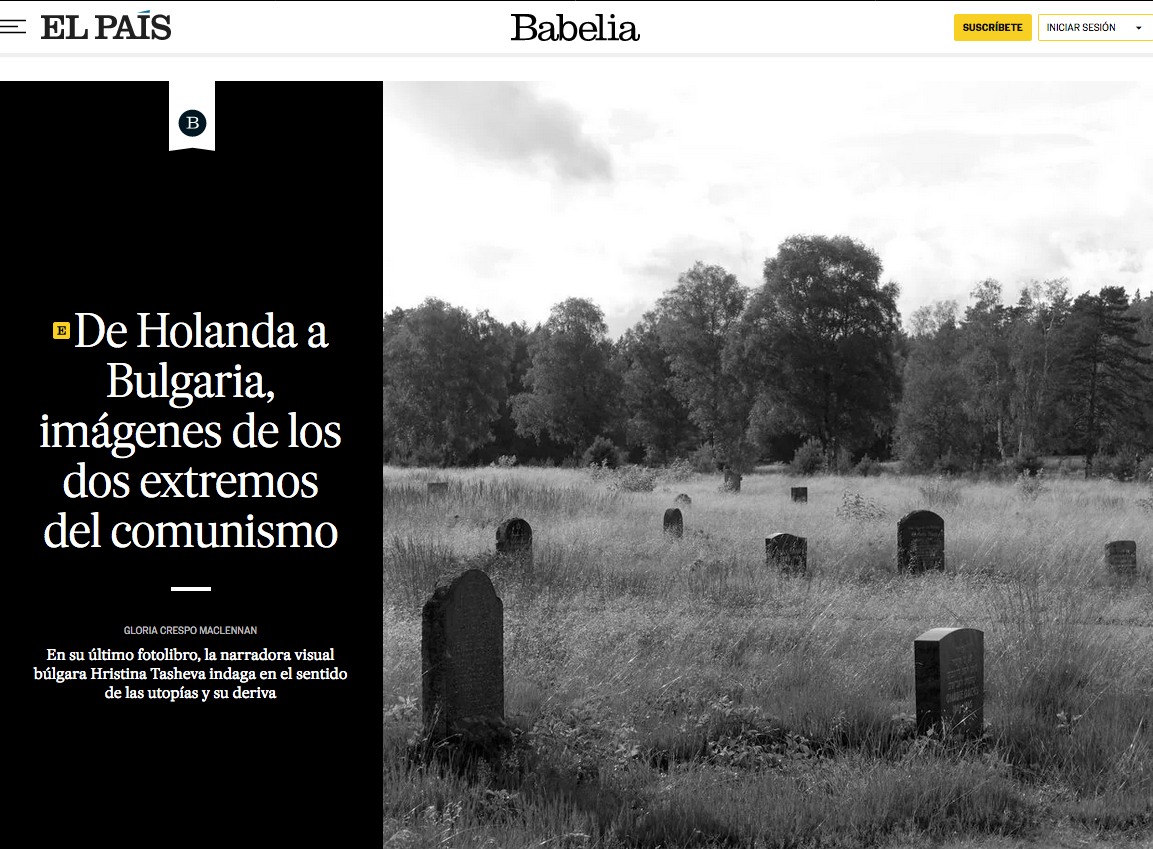
Far away from home: the voices, the body and the periphery will be presented at FOTODOK BOOK TALKS #37 at Tivoli Utrecht & Online
The FOTODOK Book Club is the platform for the stories behind photo books. In this live talk show, photographer and photo book lovers Rob Hornstra and Giya Makondo-Wills interview the story makers – photographers, designers and publishers. They share special stories about a variety of subjects with the audience.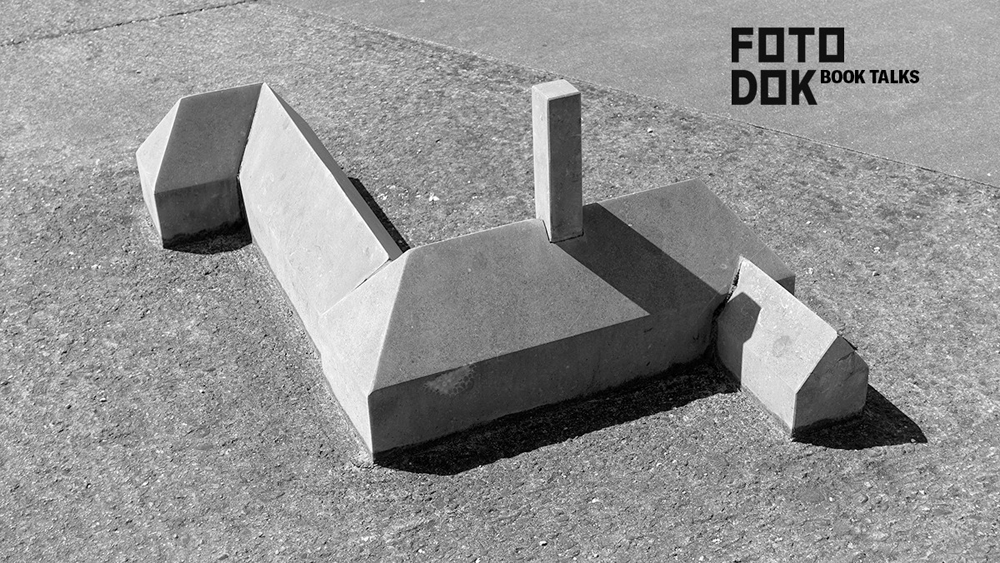
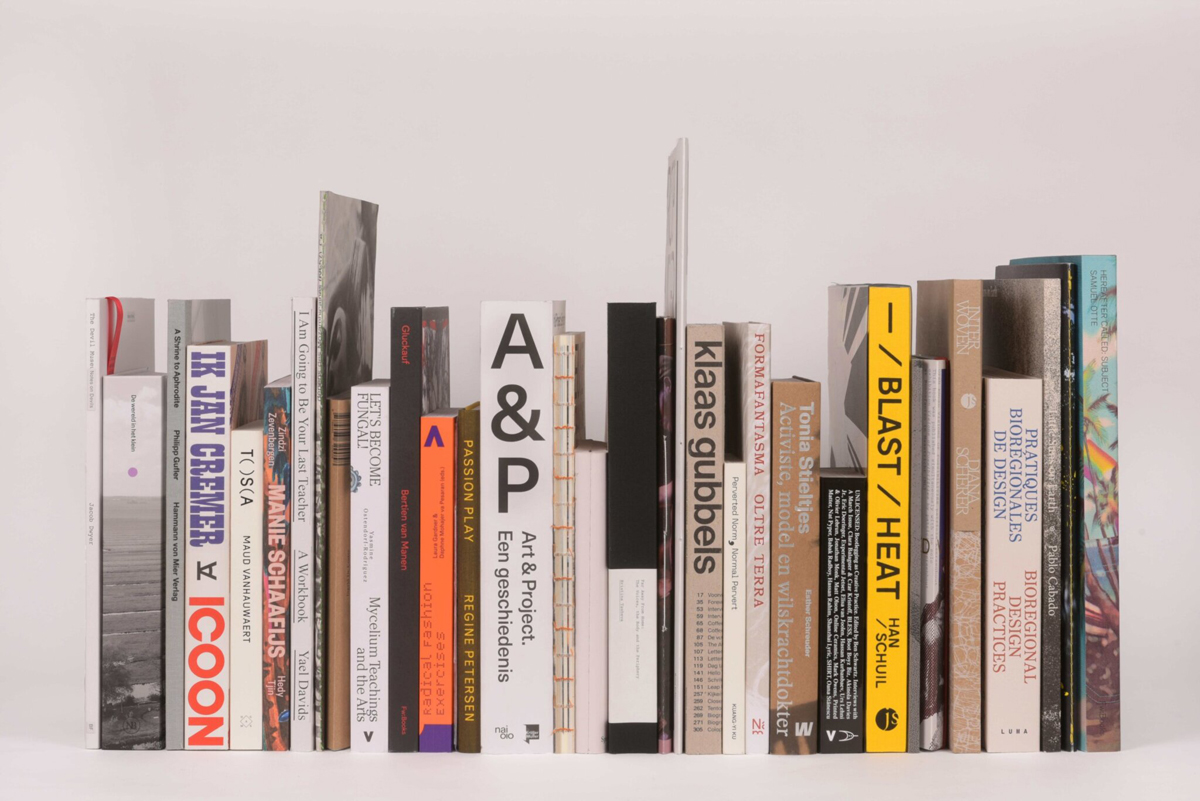
Interview on Far Away From Home: The Voices, the Body and the Periphery by Zach Ritter published on the American Suburb X website
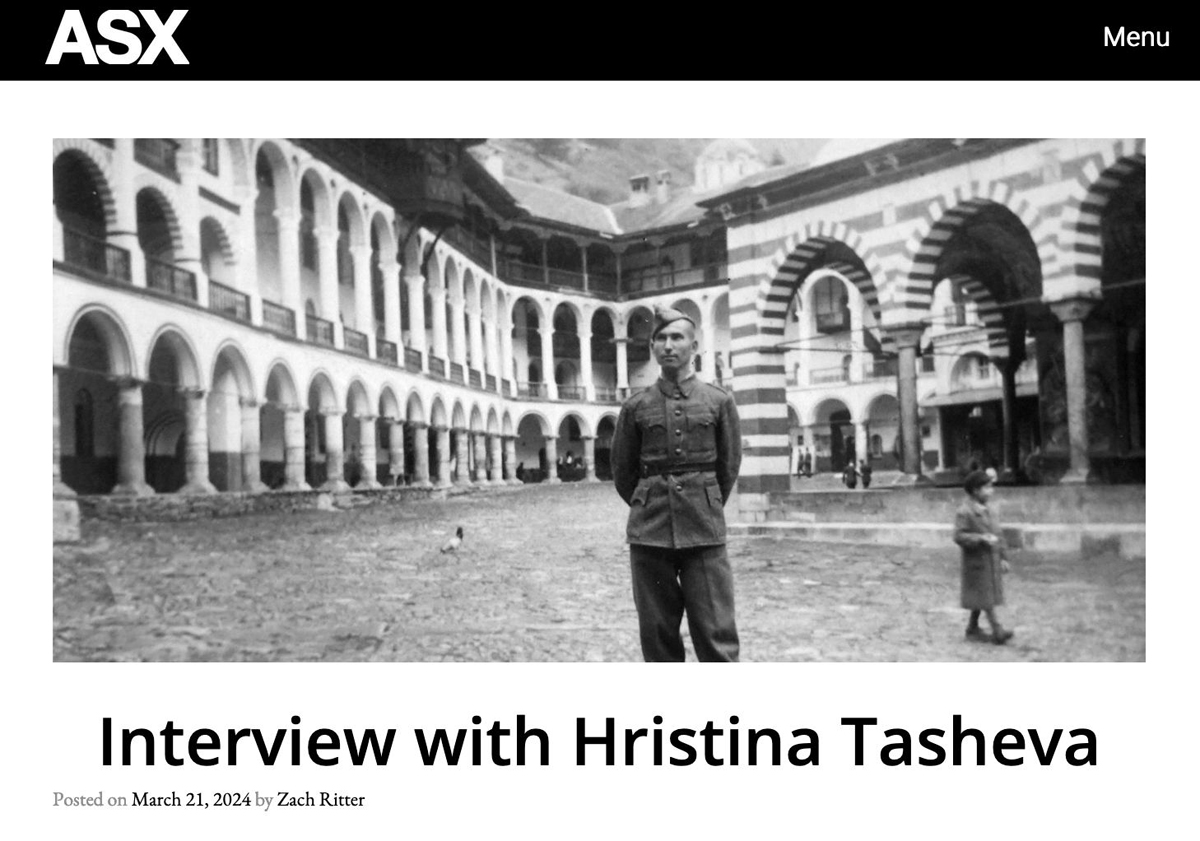

Far away from home: the voices, the body and the periphery is in the shortlist of the Kraszna-Krausz Book Awards (Photography)
"An ambitious attempt at mapping the disparities between two national experiences of Communism in the twentieth century — the Dutch and the Bulgarian — as they were impacted by the rise and fall of Nazi Germany. The book includes contemporary photography, found imagery, and archival research, as well as a pressed flower gathered by Tasheva from visits to Dachau and Mauthausen concentration camp memorials.
“I was really struck by the innovative way that photography and language are brought together in this volume. Scraps and fragments of text – poetic and deeply moving – are merged with archival images and Tasheva’s own austere architectural photographs. A beautifully measured work that recognises the limits of both image and text to fully articulate complex experiences of cultural trauma and loss.”"
Eugénie Shinkle
https://kraszna-krausz.org.uk/book-awards/2024-book-awards-2/


© Penelope Thomaidi
I am so pleased and honoured to share that “Far Away From Home: The Voices, the Body and the Periphery” received the 2024 Kraszna-Krausz Photography Book Award!!
"Hristina Tasheva is an exceptional example of the recent phenomenon of photographic artists employing research-based methods to address a complex global theme, to critically question an specific issue, or to course-correct the historical record. Tasheva examines the Dutch communist resistance against the German occupation during World War II while at the same time looking at the history of the communist regime in Bulgaria. Self-reflexively informed by her own personal political subject position, Tasheva draws upon found imagery, archival research, and carefully selected excerpts from a wide range of texts. The result of which is a truly thought-provoking photobook that addresses the politics of remembrance; personal and cultural identity; nationalism; and individual and collective memory.”
Anthony Luvera, 2024 Photography Award Judge


"There are prison images of some of those arrested, and this is perhaps the most powerful part of the book, showing a world where who you are, what you think, and how you behave are actively policed, judged, and prosecuted. This is not just about torture and murder, but also about the pressure to act and think a certain way, about the need of the party to have you under their control, whether you like it or not. More archive images come from albums showing idealized Bulgarian life lived according to communist ideals. Ideal worker, soldier, farmer, artist, and mother, and the final section shows pictures from Hristina's own family album. 'We were normal people,' say her parents. And so they were. The more a society forgets, the more someone produces, sells, and fills the freed-up niches with ersatz-memory, reads a quote by Georgi Gospodinov. That perhaps sums up the book. That and the pressed flower (gathered during Hristina's visits to Dachau and Mauthausen memorials) that is included in every copy. The flowers are memorials to those who were imprisoned, tortured, and killed in concentration camps and prisons, but also to those who were crushed, and are crushed by being forced to be something other than what they are." (Colin Pantall)

Magazine


I am honoured and excited to participate in the Kraszna-Krausz Photography Book Award Symposium.
You are warmly welcome!
We were normal people (in Bulgarian), Obscura Podcast EP3, Interview by Stephanie Stoeva on the publication Far Away From Home
"В този епизод на Obscura, посветен на крехките нишки на принадлежността и на изгубените хоризонти на паметта, ви срещаме с фотографката и авторка Христина Ташева. Нейната книга Far Away From Home: The Voices, the Body and the Periphery е вглеждане в сенките на две различни реалности – България и Нидерландия. Между разпада на социалистически утопии и равновесието на съвременния космополитизъм се раждат истории за изгнание и дом. В кадрите ѝ, както и в думите, отекват забравените гласове на хората, чиито тела някога са били товар на историята – изселени, пречупени, но не мълчаливи. Периферията не е просто география, тя е съдба, която носим дори когато кръвта ни се смеси с нови земи. И всяка граница, която пресичаме, оставя белег, видим или невидим.

Far away from home: the voices, the body and the periphery part of the Best Dutch Book Designs Exhibition at Garage, Breda (The Netherlands)
Opening on 6 February 2025 at 16:30h
Open every Friday from 9 to 11 a.m.
